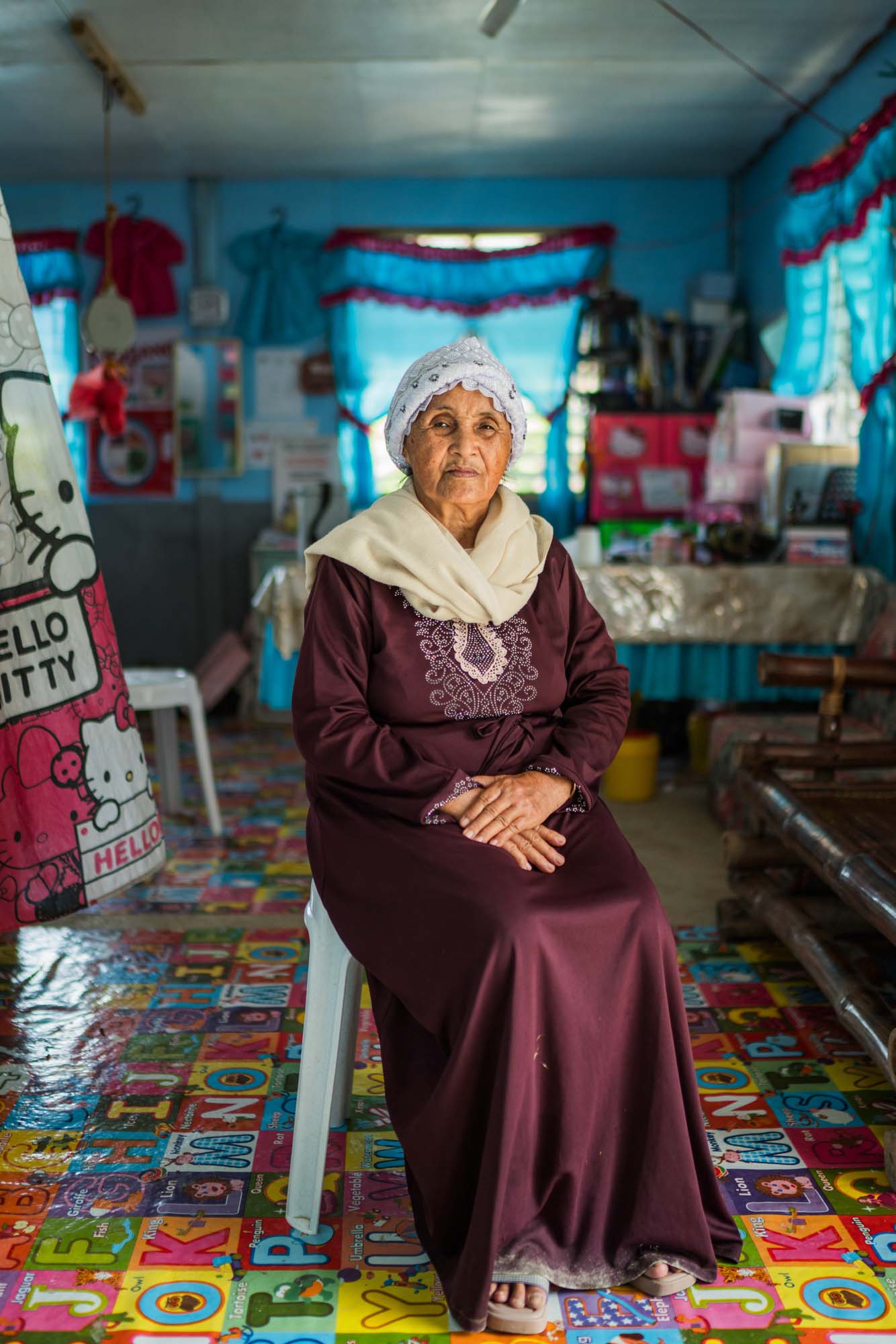
Hadja Sittie Mariam Abes, 66, fondly called Babu Mariam, is a barangay health worker who makes sure her flood-prone community can access healthcare. Recurring floods devastated her village, destroying homes, crops, and health facilities. In July 2024, floodwaters rose above head height and lasted several days.
Babu Mariam has spent nearly four decades in service, first as a daycare worker, then as a barangay health worker, often without pay in her early years.
Her commitment to health is rooted in personal loss: many years ago, she lost her child to diphtheria, a tragedy that drove her to ensure no other child would suffer the same fate. “I want them to survive, to grow healthy and have a good future.”
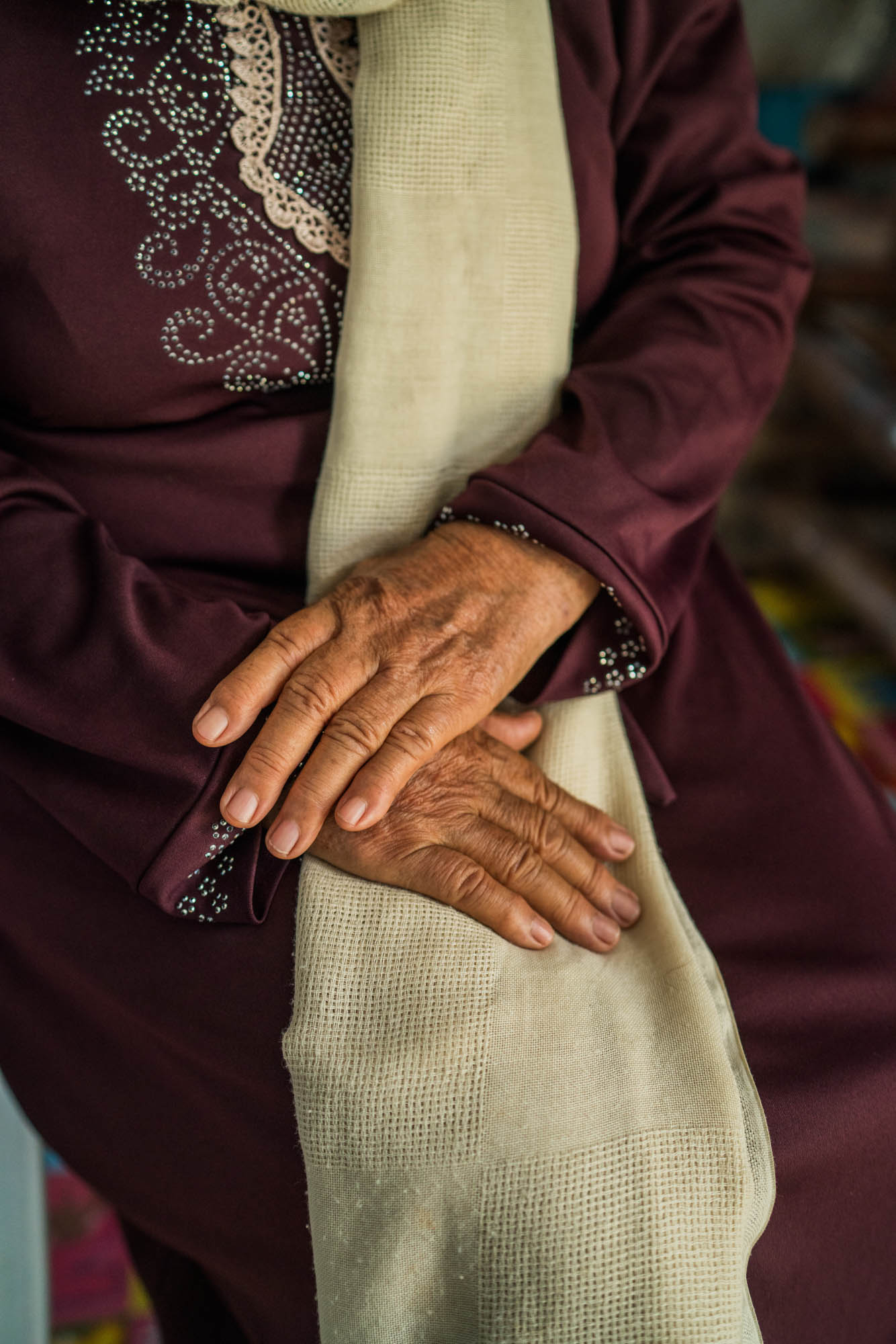
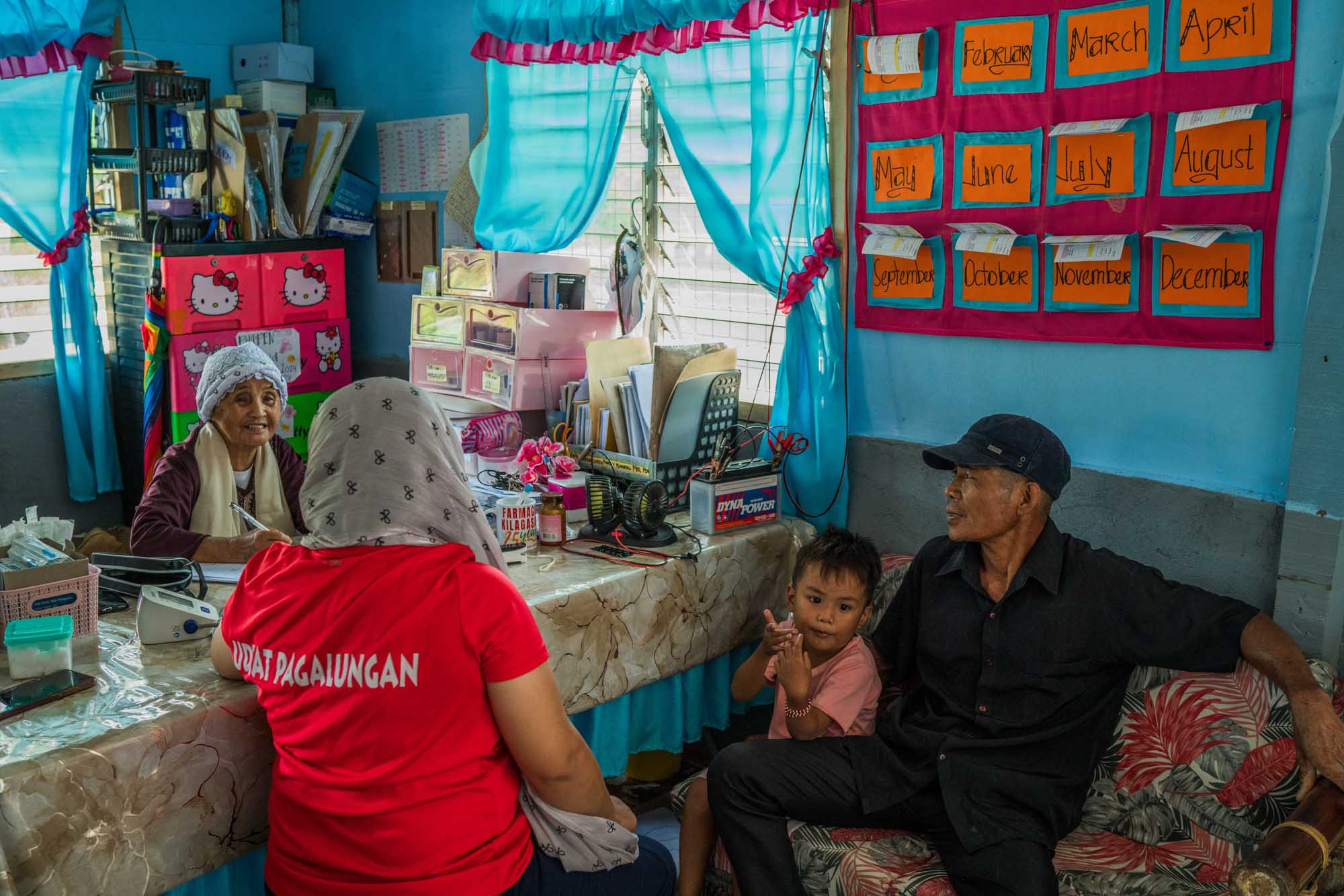
With support from ACCESS, a building was rehabilitated into a health facility, addressing a long-standing gap. Residents now come regularly for check-ups, immunization, and prenatal care. Mariam estimates around 80% of the barangay visits weekly.
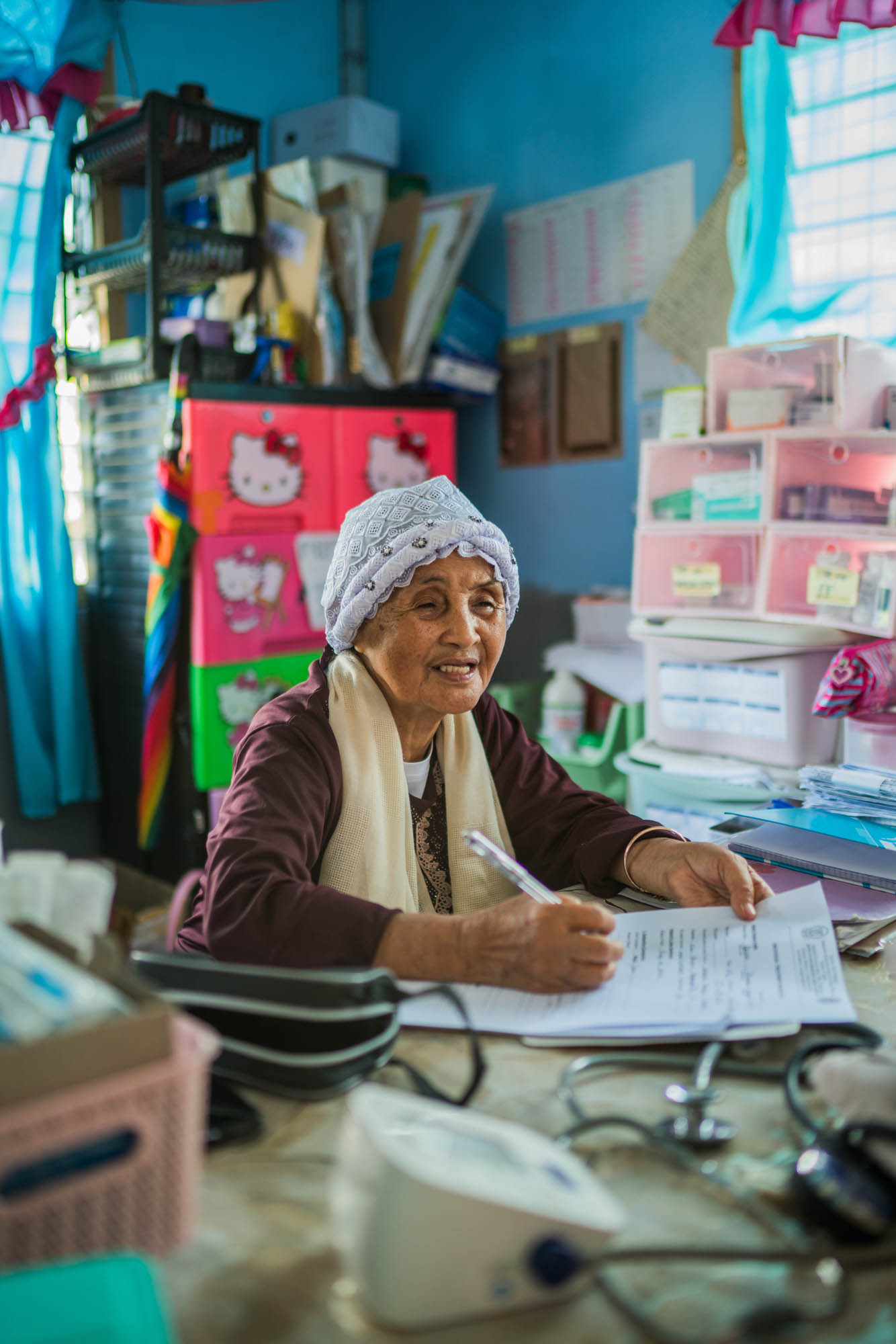
Mariam also completed at least ten ACCESS trainings on disaster preparedness, early warning, and life-saving techniques, and contributed to their village's contingency planning.

I decided to serve my own people, my own community, because my father was a great leader in this place, and who is more ready to serve your own people if not you?
- Mariam
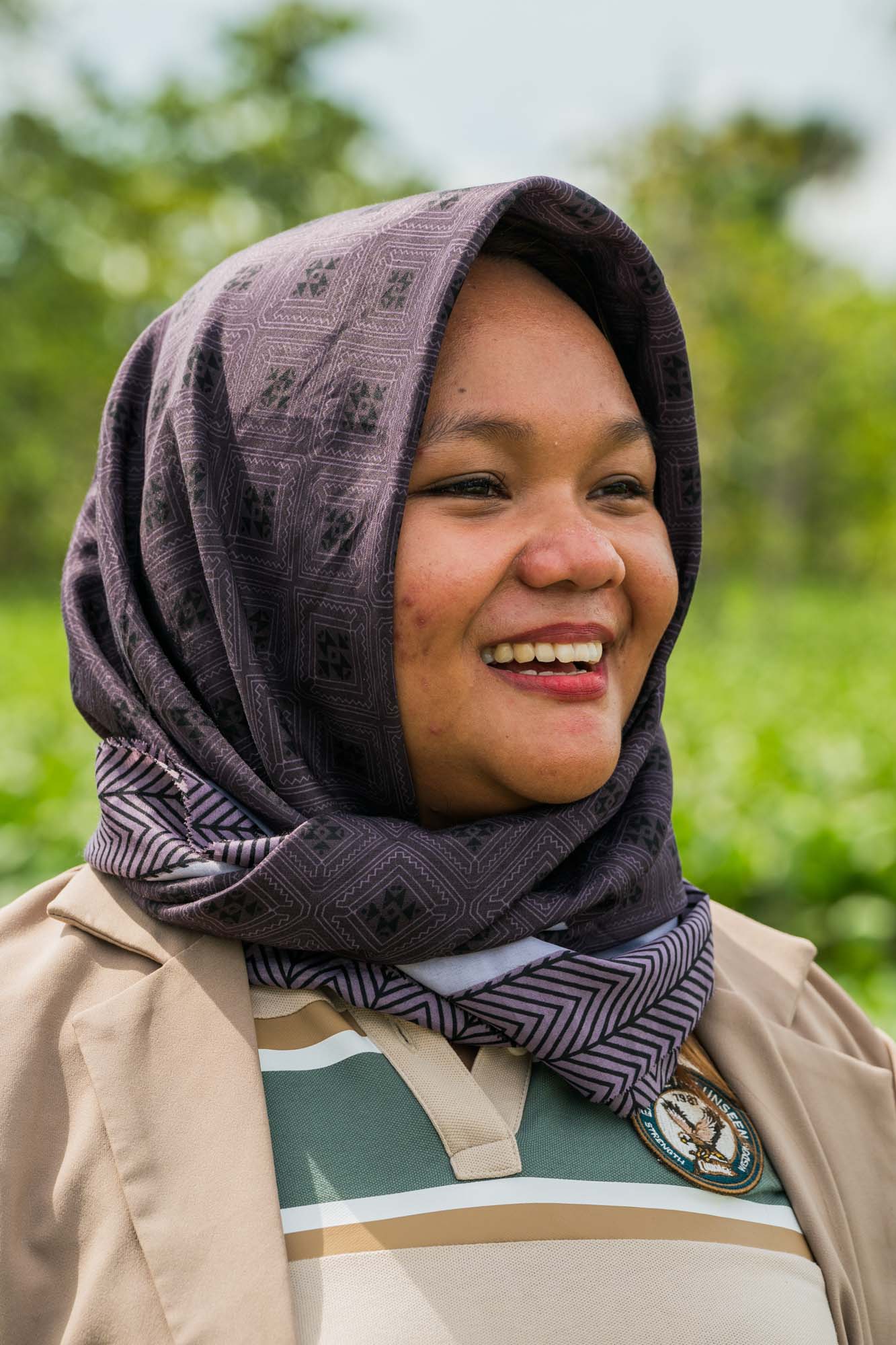
Pembraida “Pem” Andoy-Santiago, 29, grew up in Barangay Bagoenged where her father long served as chairman. She was once a daycare student of Babu Mariam; today, the two women are leaders in disaster preparedness.
Pem was elected Sangguniang Kabataan Chairperson in 2007 and later served as a Violence Against Women and Children desk officer. She now plays an active role in the Barangay Disaster Risk Reduction and Management Council.
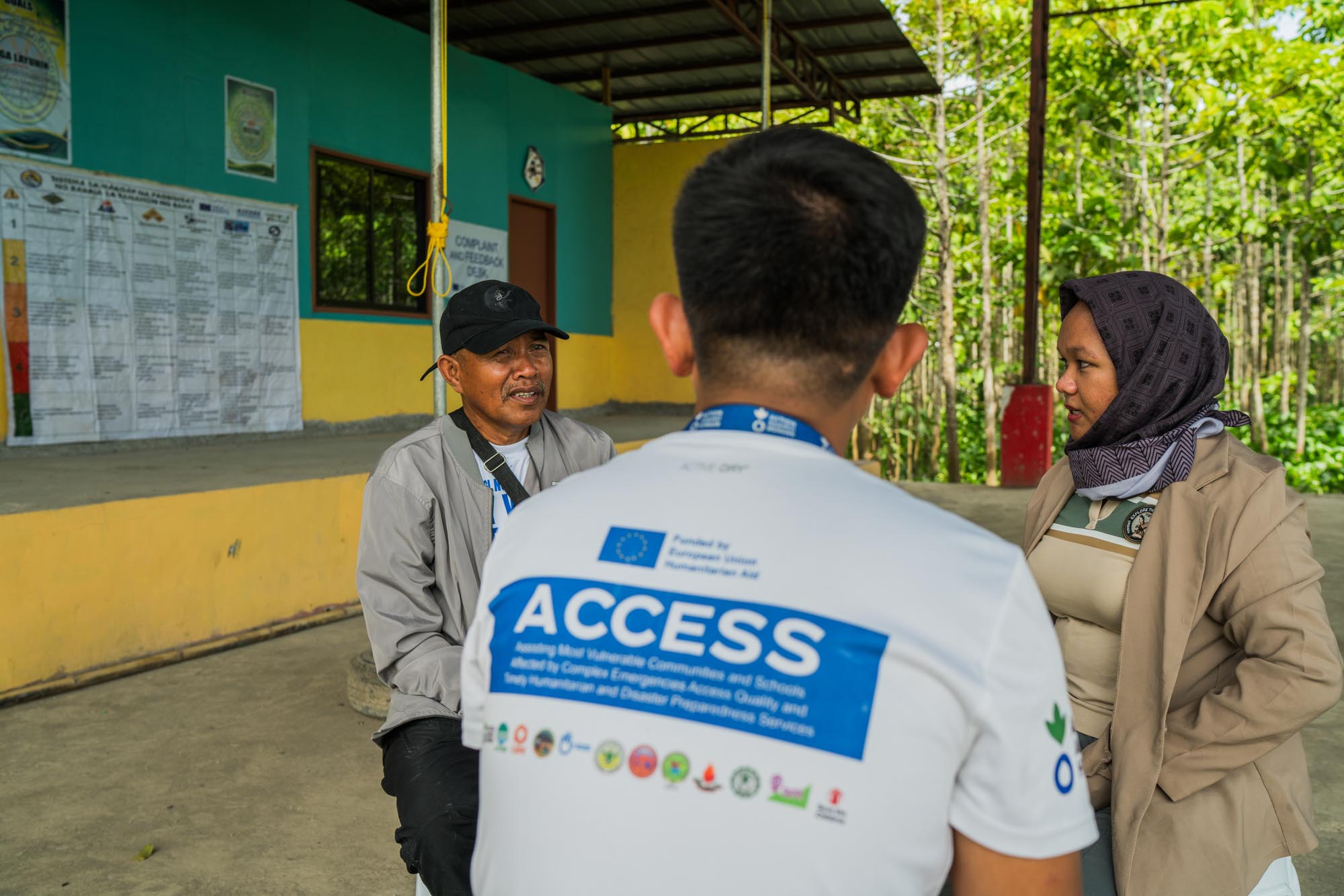
Living in Bagoenged, a relatively secluded village, has its challenges, as public services from the municipality or province do not always reach the community.
“I want to be able to save myself, my loved ones, and our community if disaster strikes.” Through trainings organized by the ACCESS project, Pem contributed to risk reduction and anticipatory action plans. She also pushed for inclusive practices, such as using flaglets to alert people with hearing impairments.

It is empowering to be involved in barangay affairs, especially in our culture where the system is still patriarchal. To young girls and aspiring leaders: trust yourself. People will not have confidence in you if you do not believe in yourself. Your only competition should be who you were yesterday. Be better today, and even more so tomorrow.
- Pem
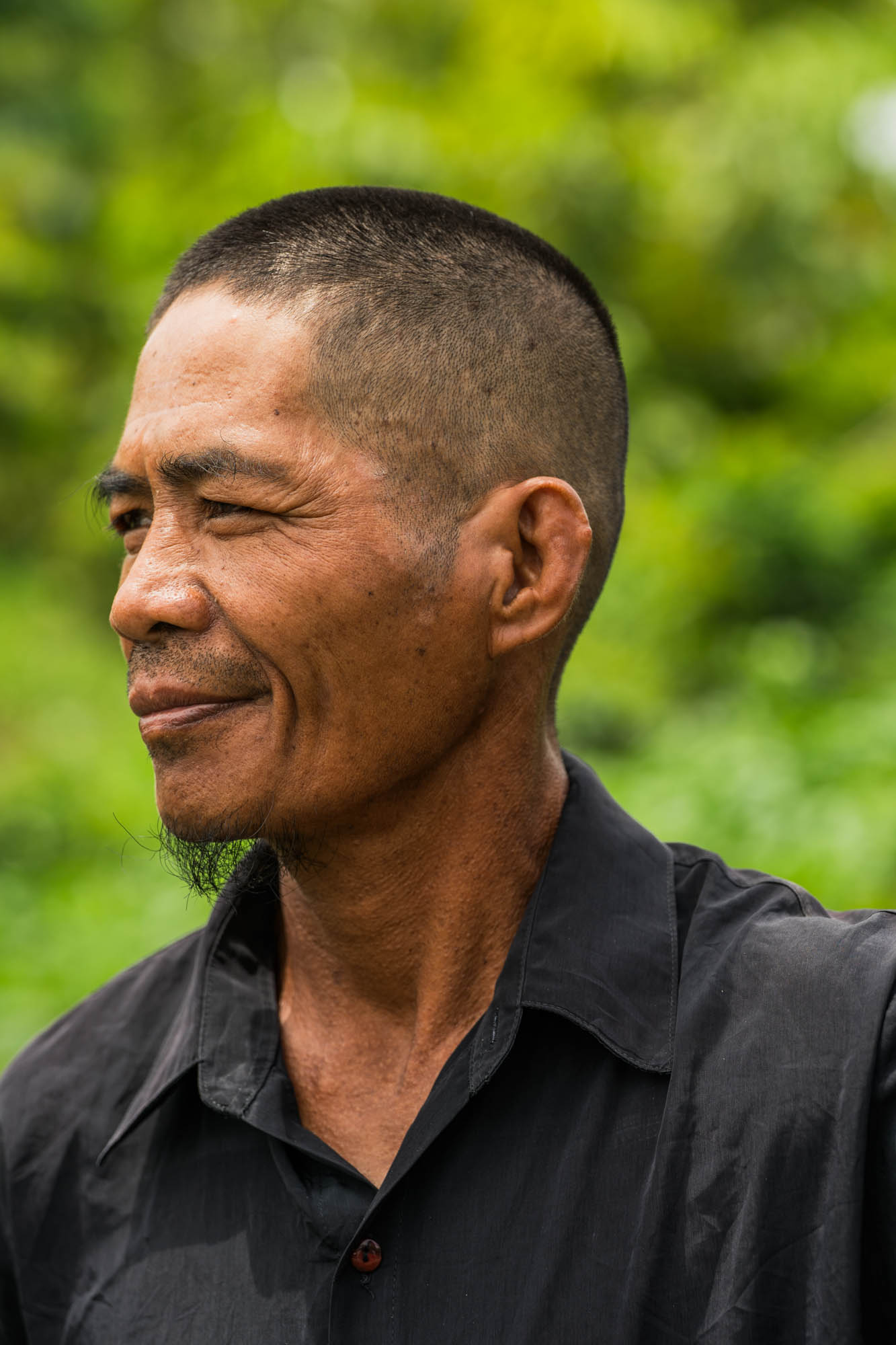
Abdullah Dawadi, 49, catches fish in rivers that go around and through his home barangay of Bagoenged. Recurring floods make life in his community more difficult than it already is, and though fishermen like him can catch more fish during those times, floods also damage homes and their means for livelihood, especially boats.
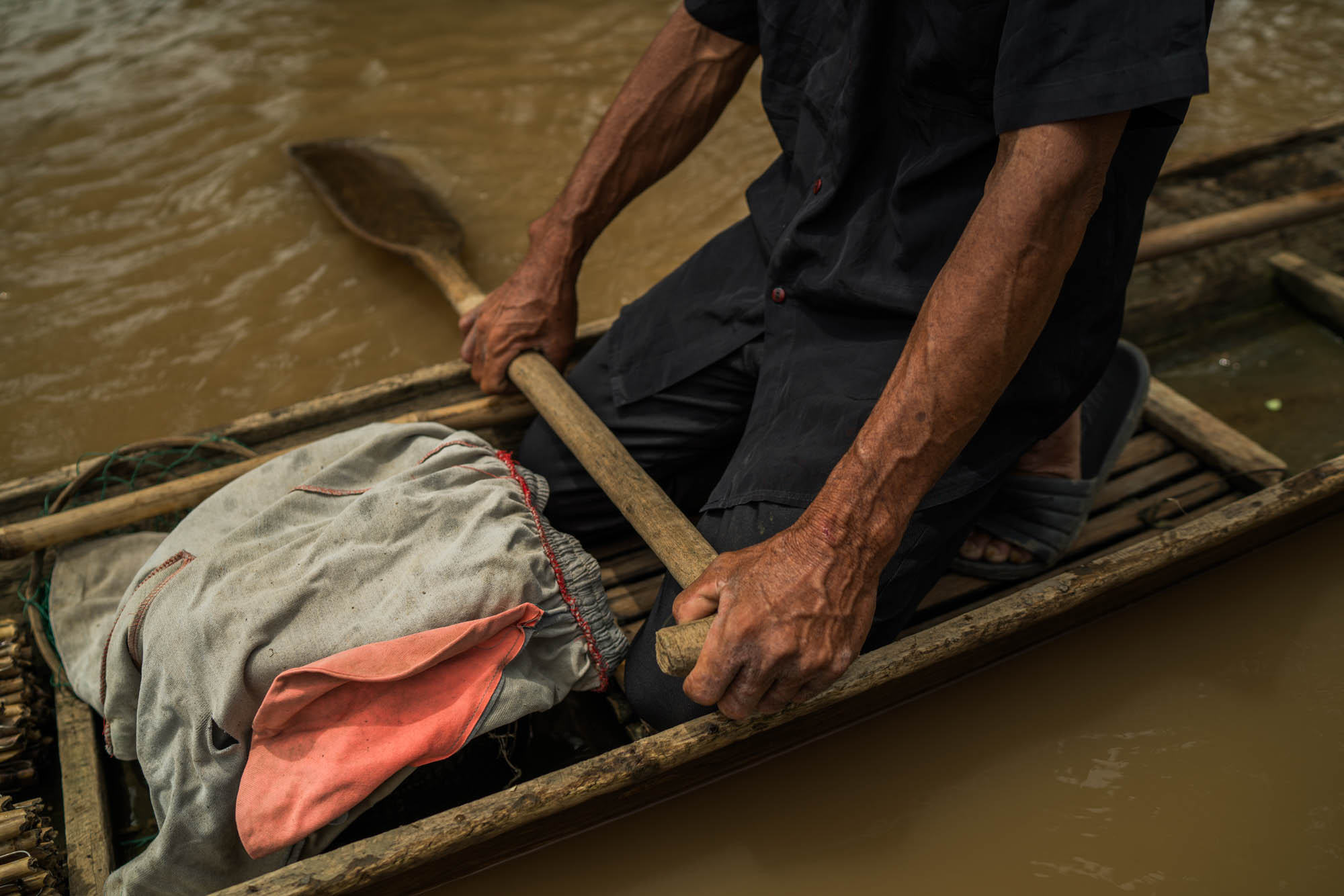
On a good day, he earns around 150 pesos (more than 2 euros), sometimes reaching 500 pesos (less than 8 euros) if the catch is abundant. But income is uncertain, and the broken bridge and lack of transportation make it hard to sell fish or support his children studying outside the community.
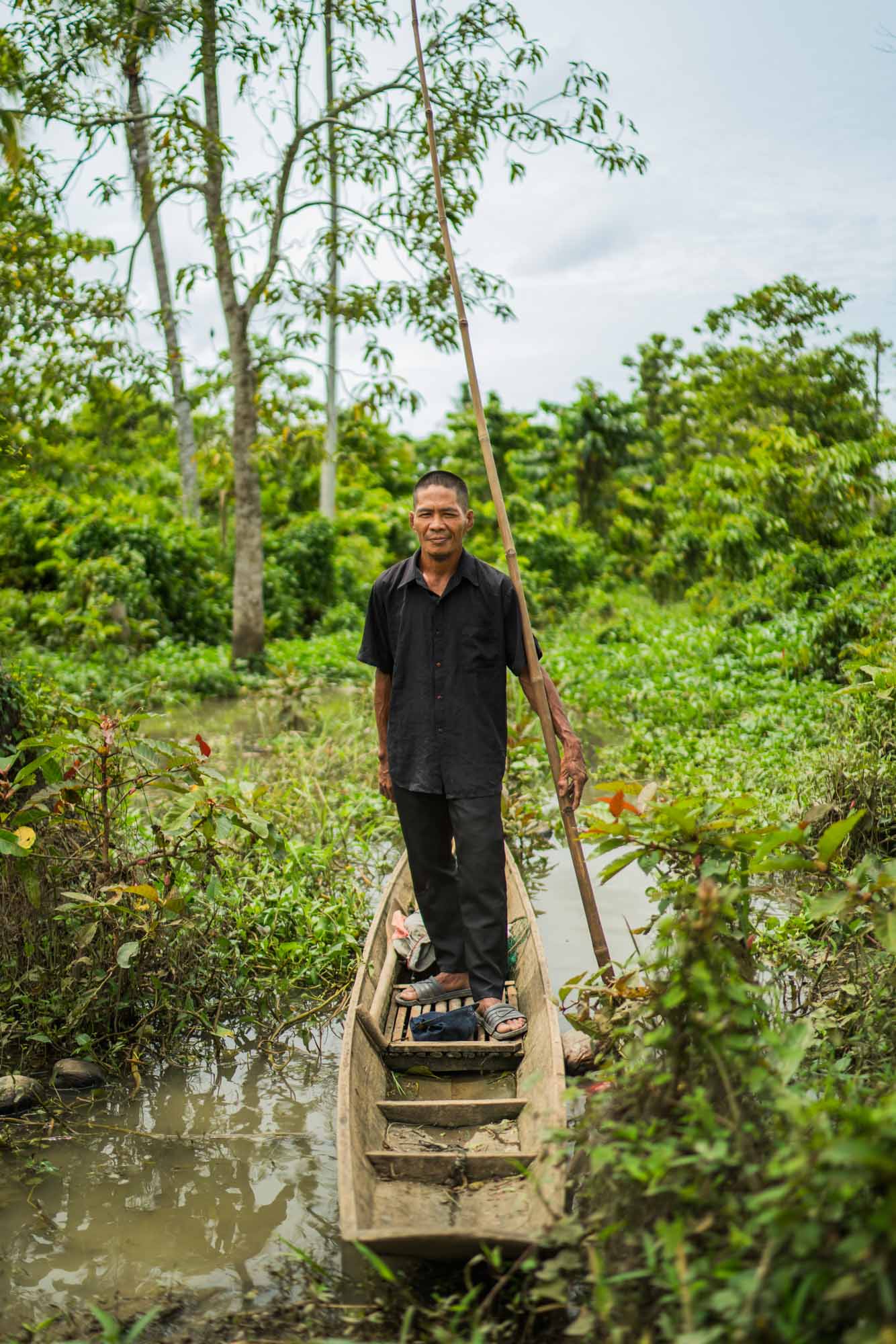
Food was scarce during the flooding of 2024. The water first stayed for seven days, then returned and lasted almost a month, washing away belongings and leaving his children sick with diarrhea.

I had to leave my family to seek help. They didn’t have food. I prayed for their safety and waded through floodwaters.
- Abdullah
Abdullah joined disaster preparedness drills organized by ACCESS, which changed how his family responds to hazards. “We now understand the importance of early evacuation and have started moving things to safer places even before the floods come.”
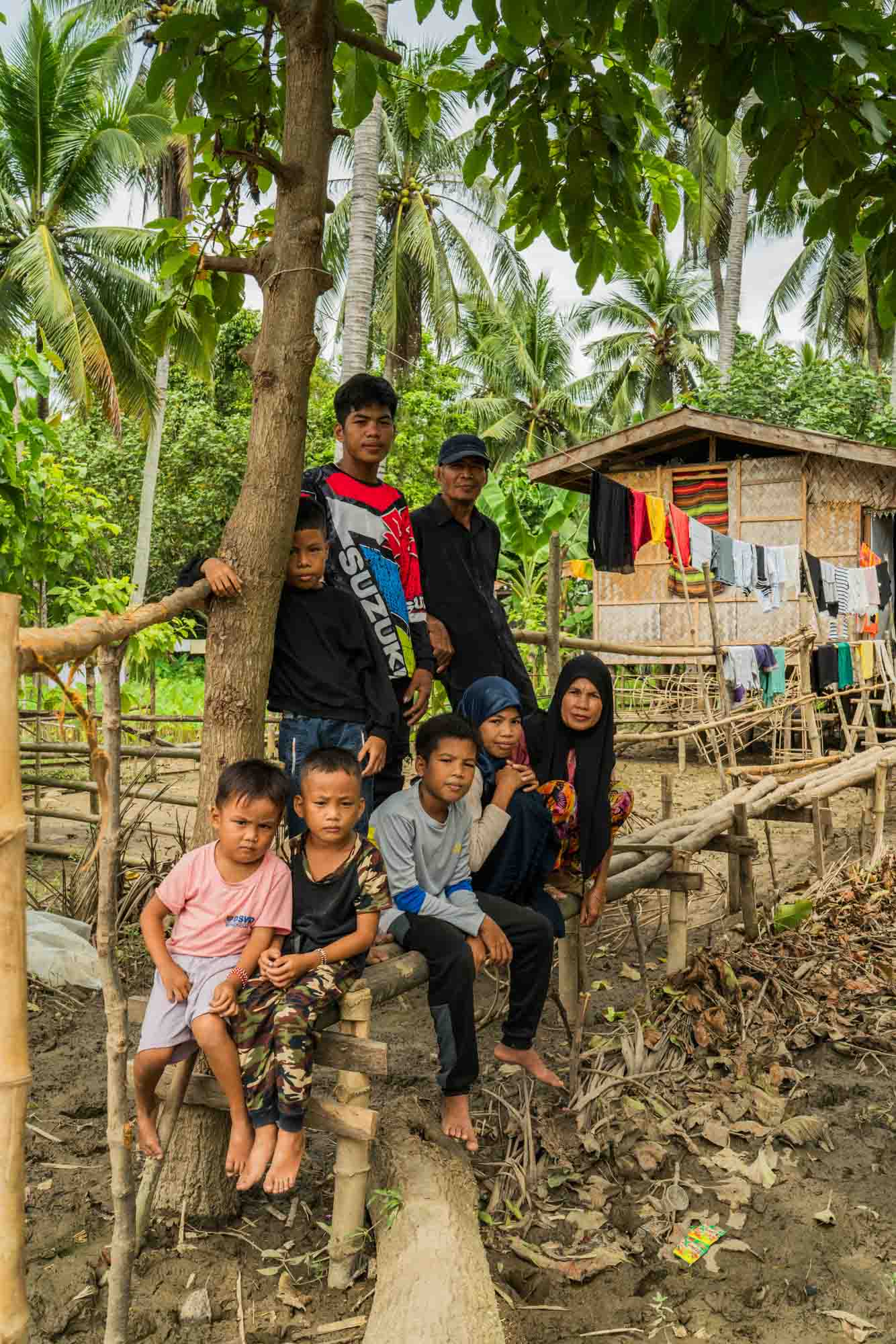

Health care has also become more accessible since the Barangay Health Station was rehabilitated under the EU-funded ACCESS project. Now, families can regularly access vaccines, medicines, and check-ups closer to home, something that proved crucial during the flood when his children needed treatment.
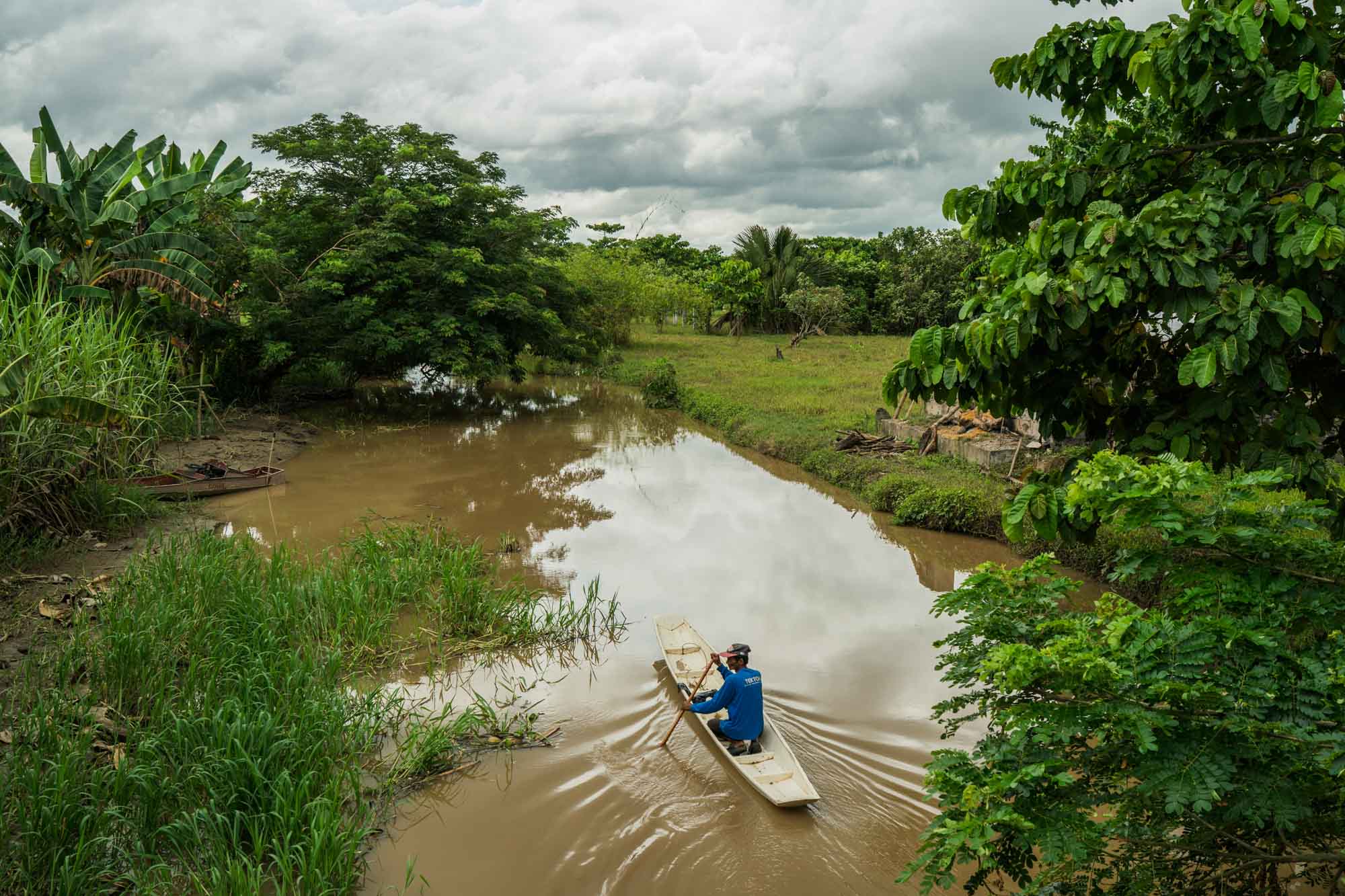




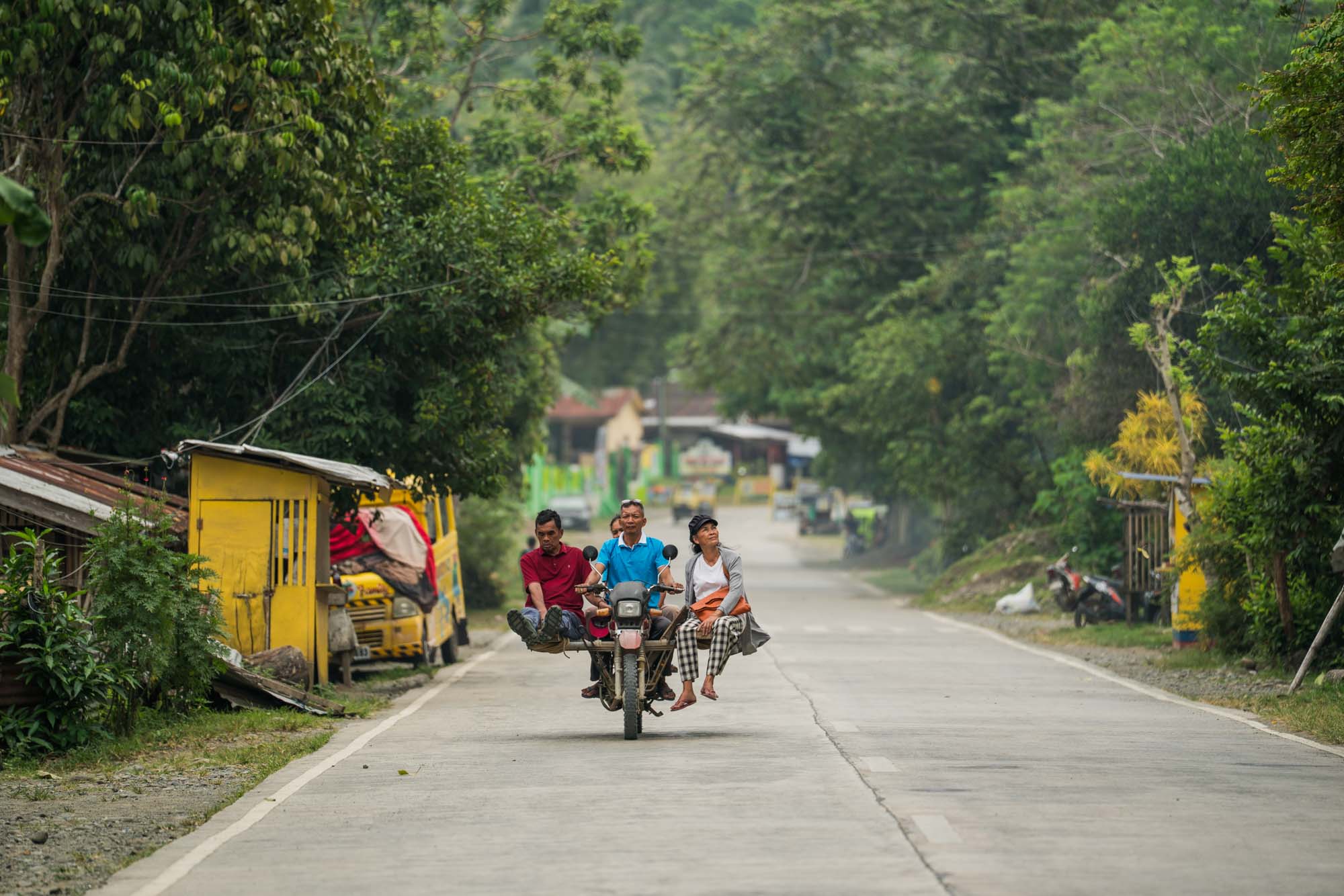

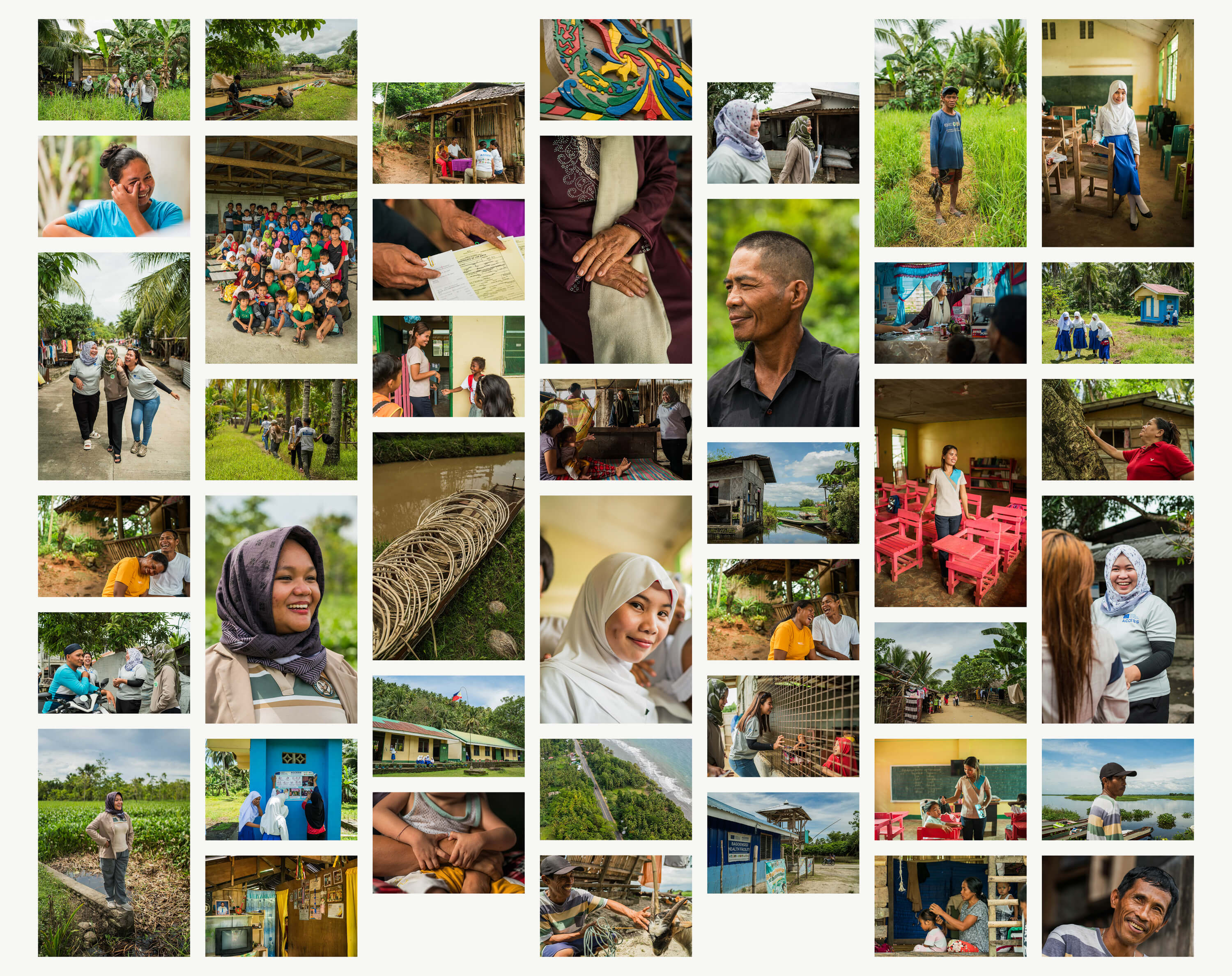
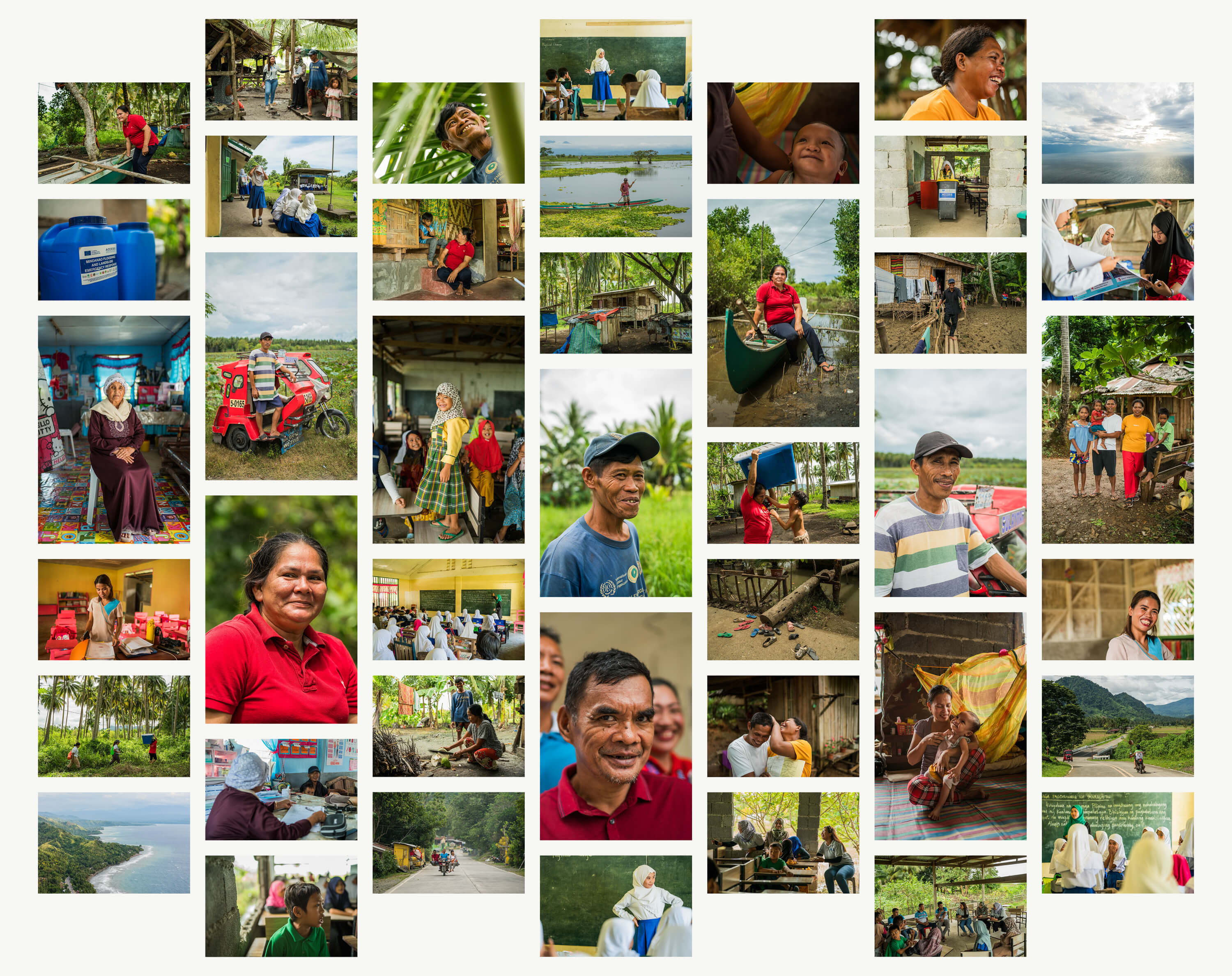
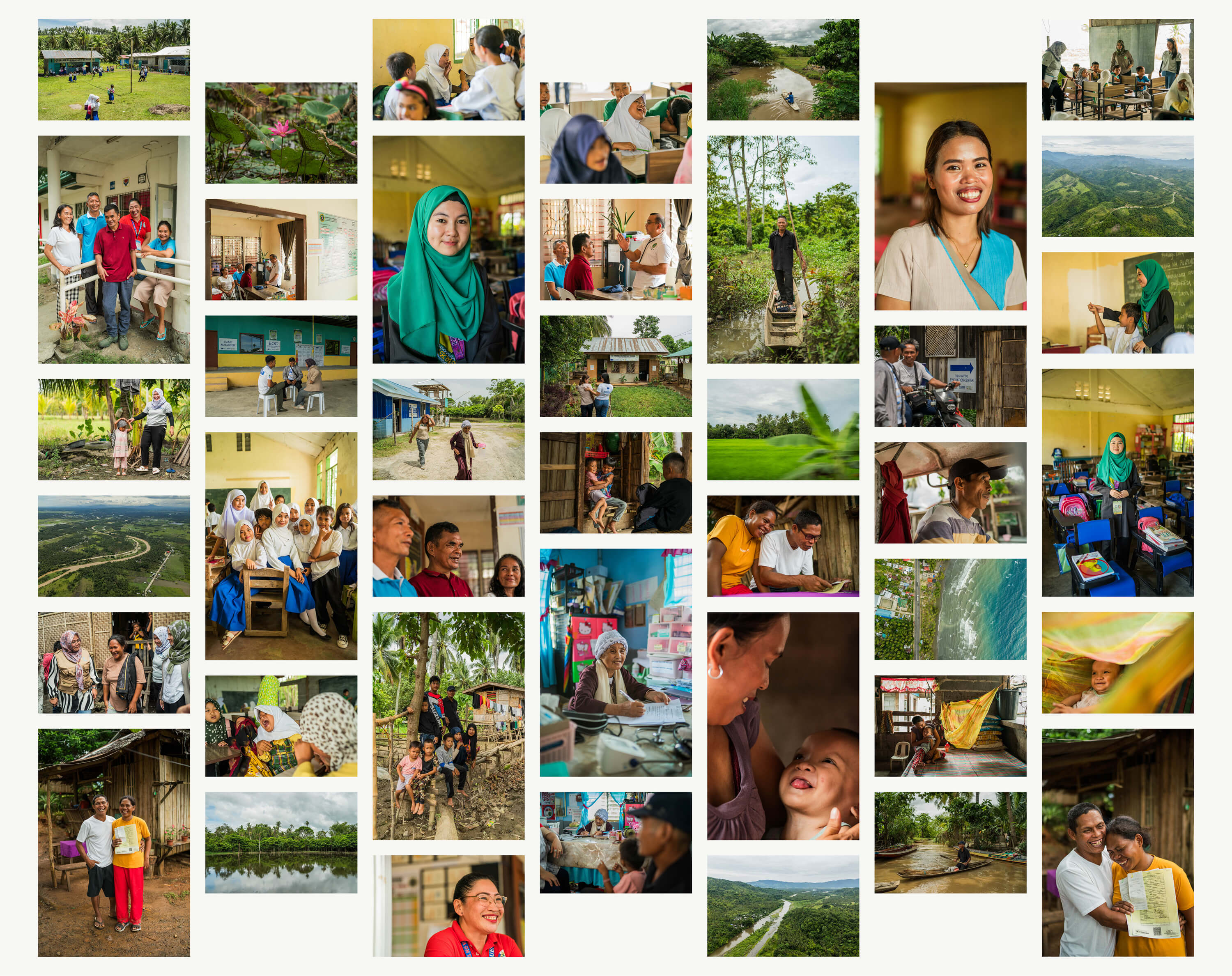
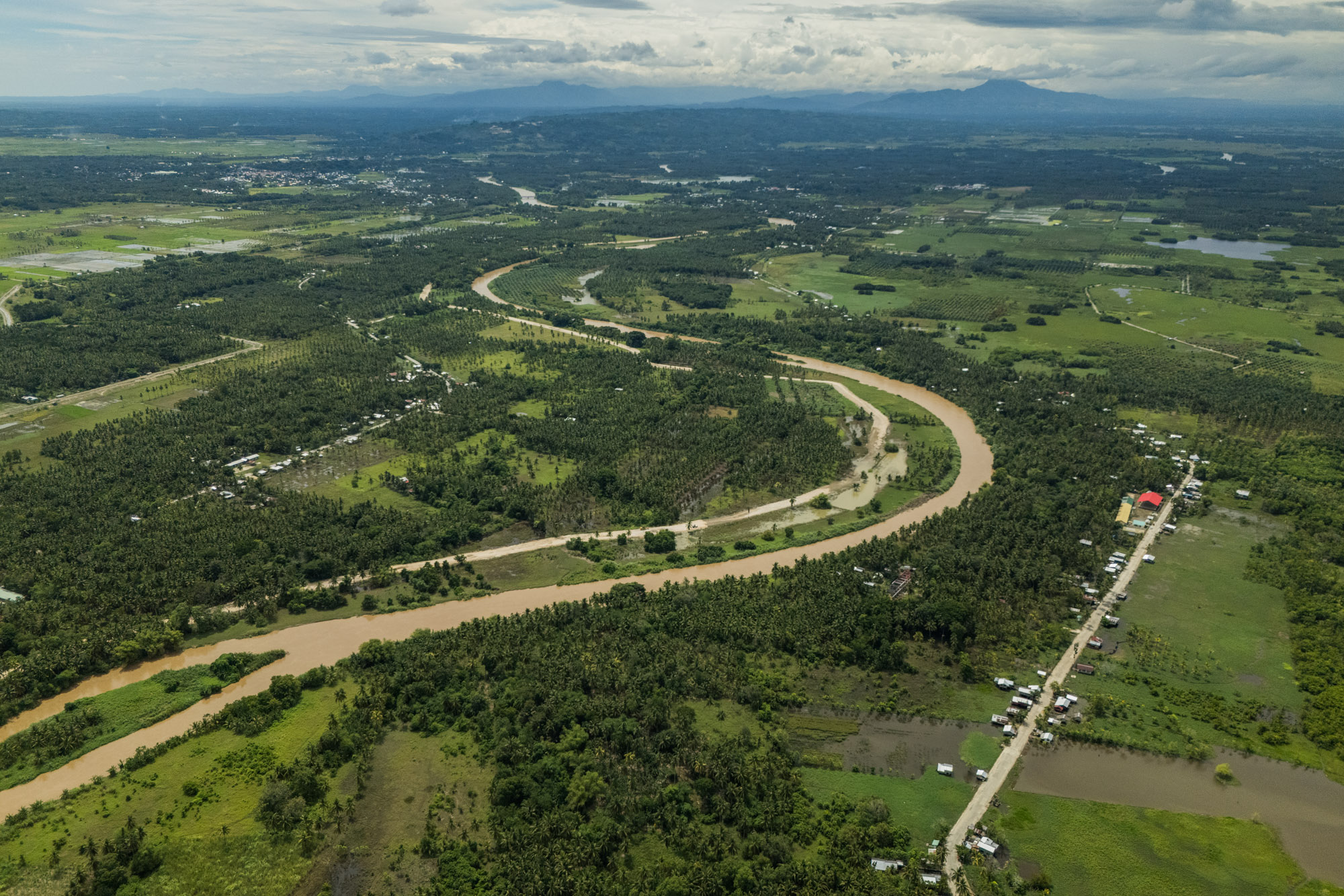

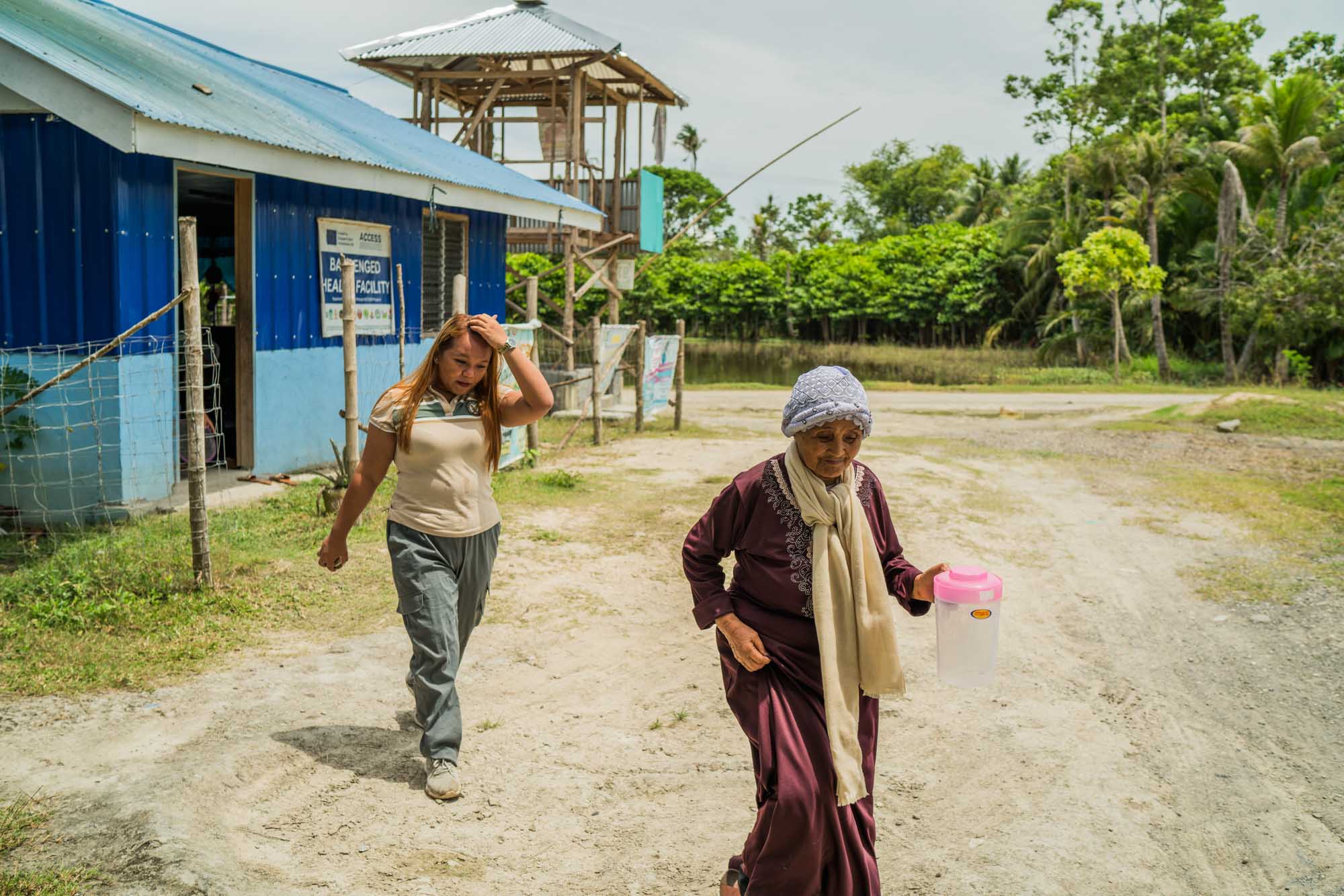




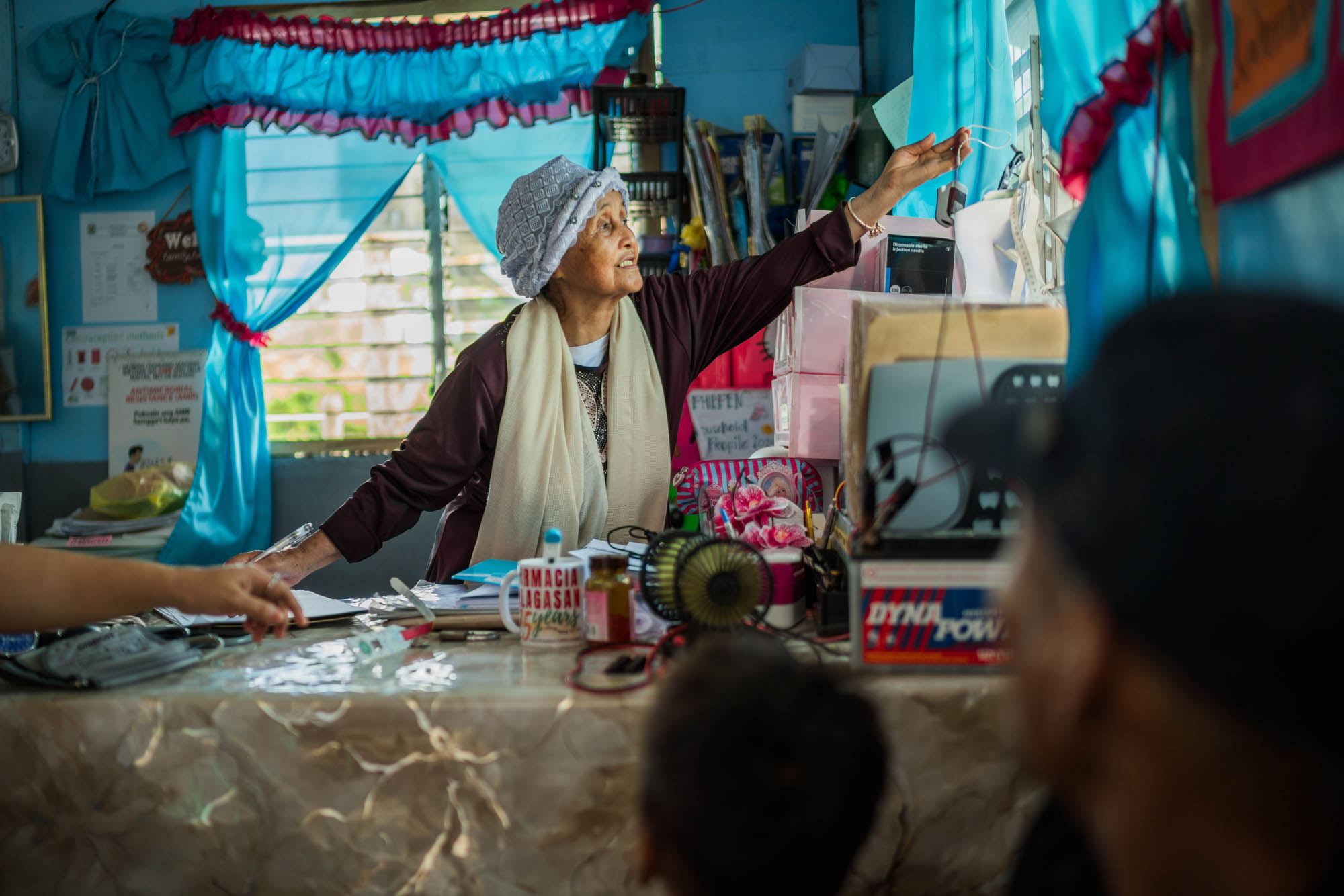
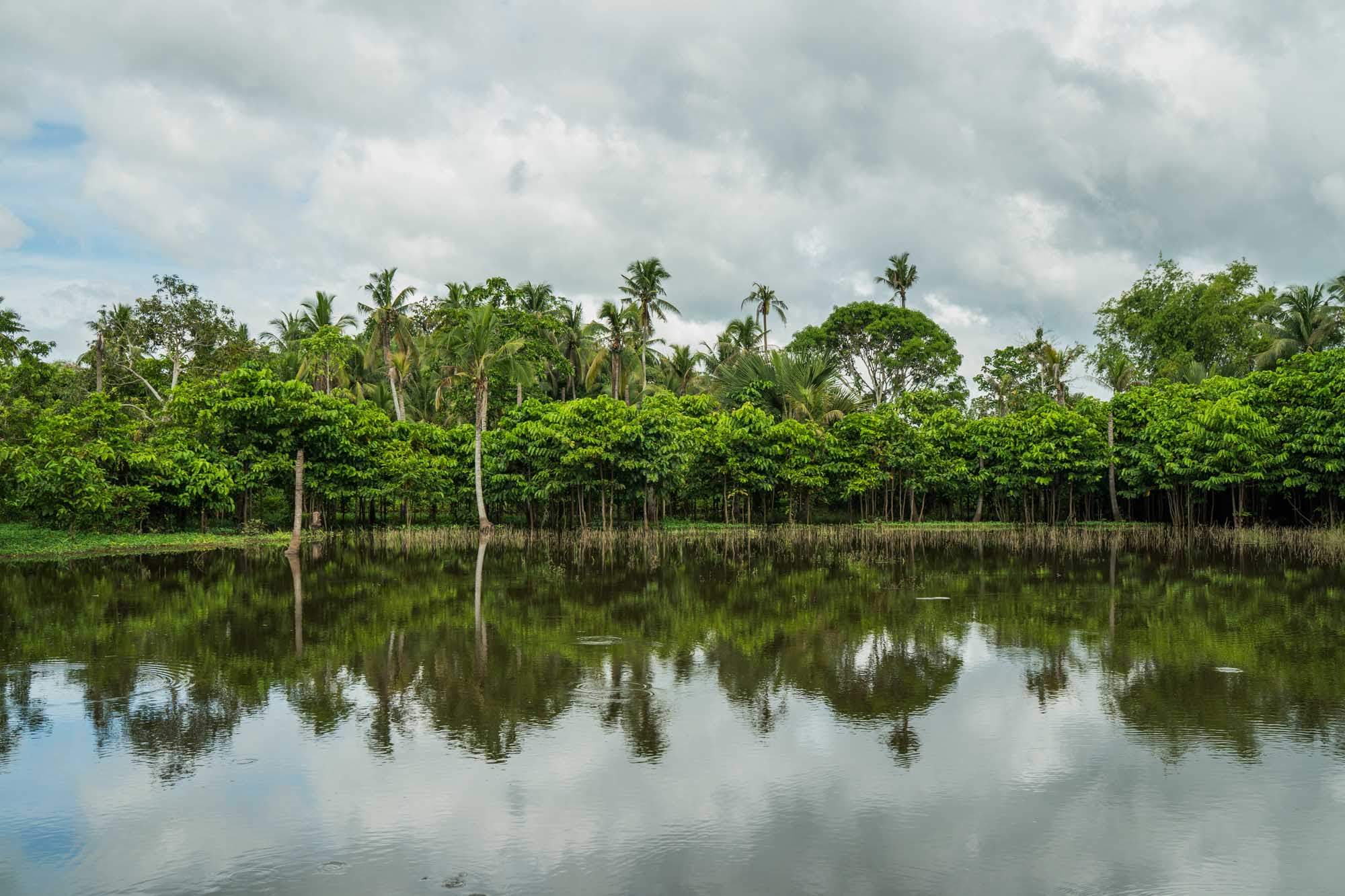
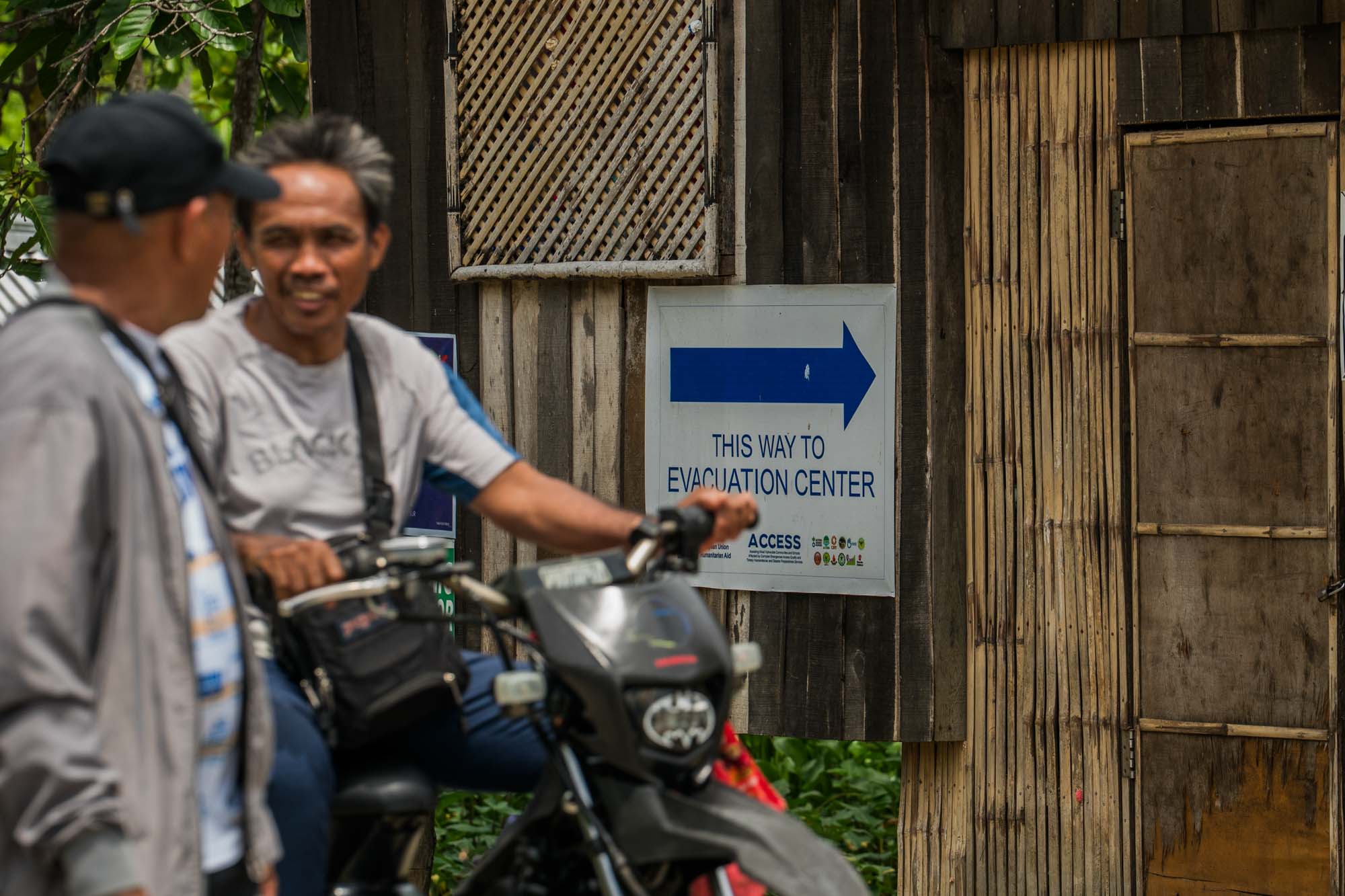


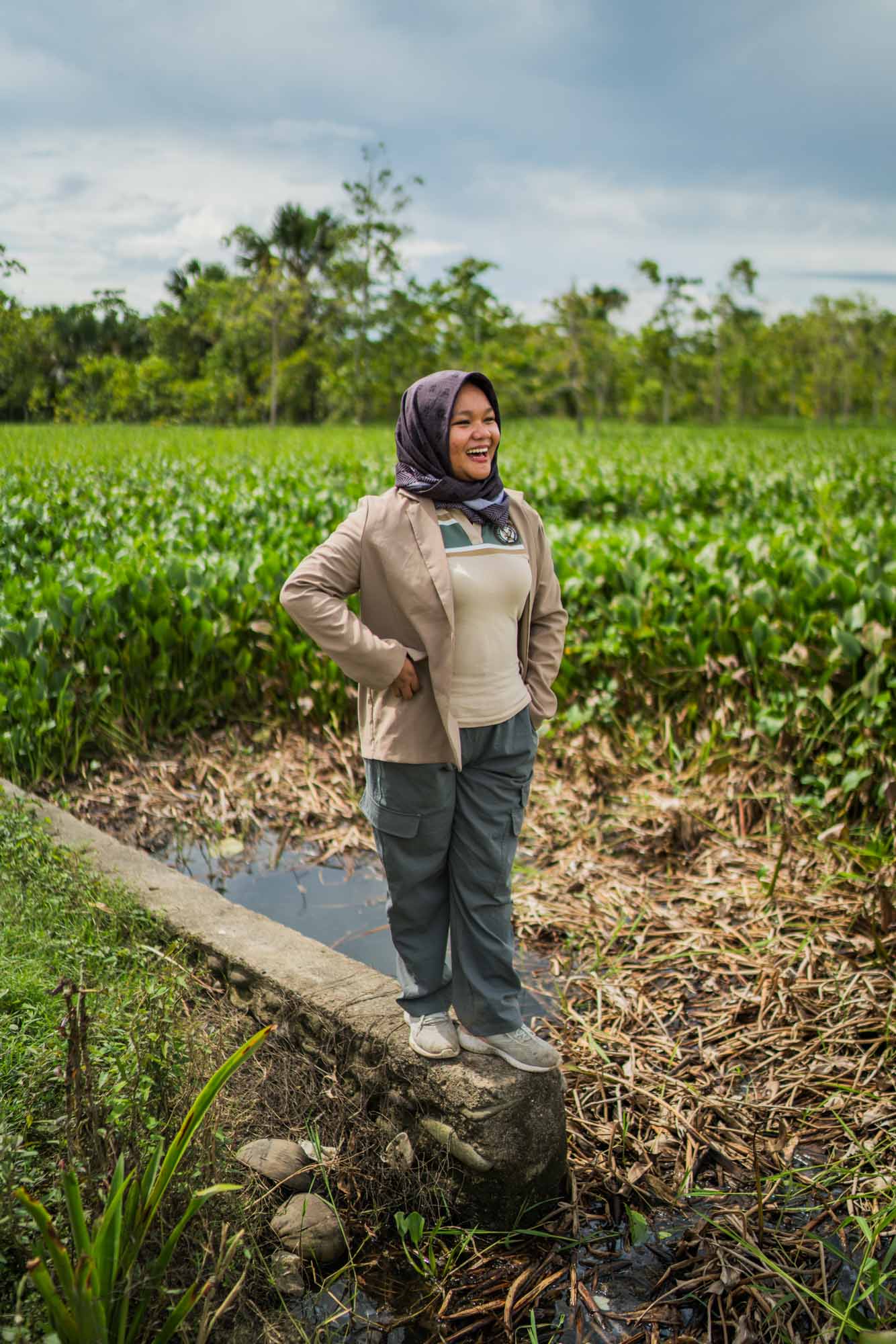
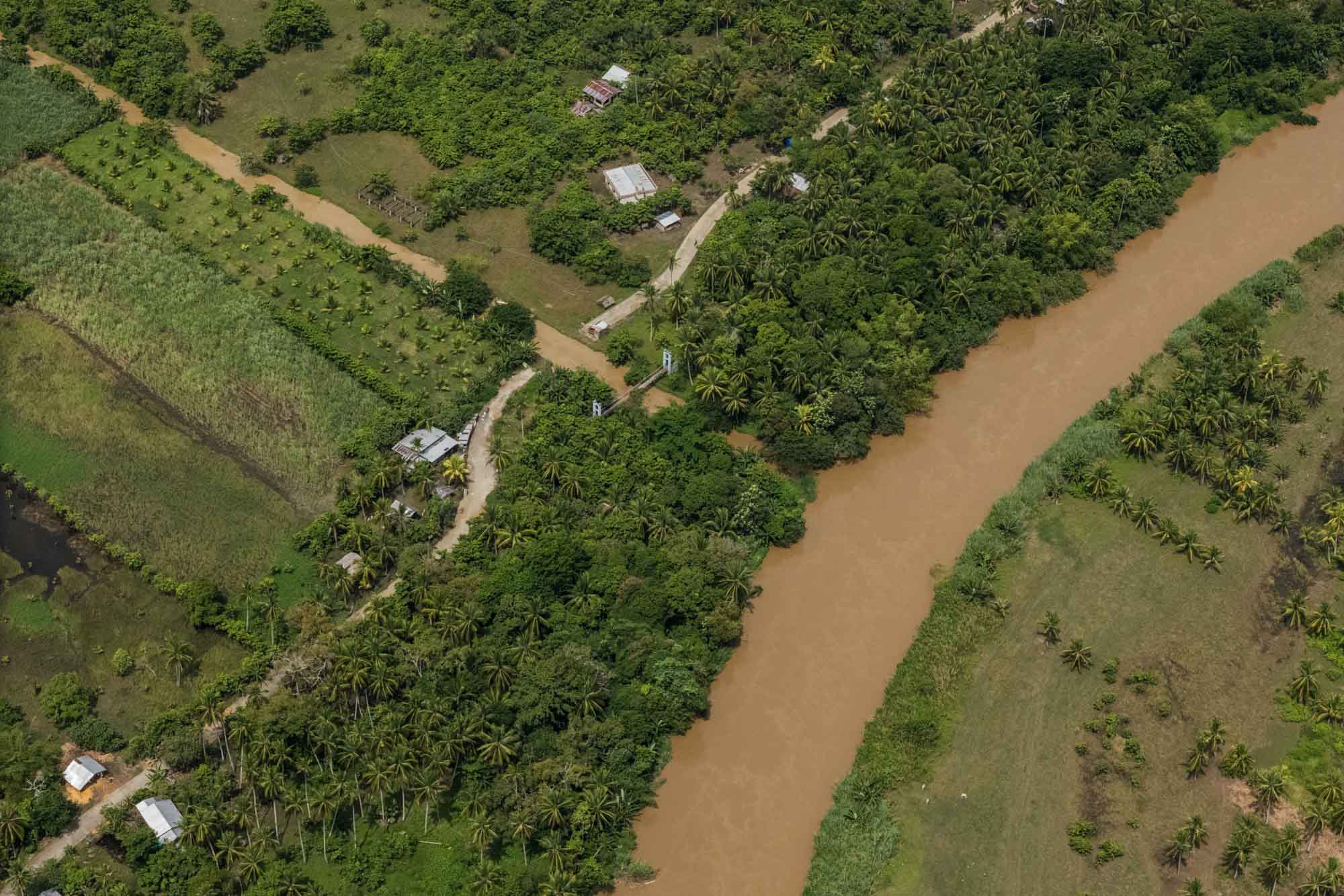
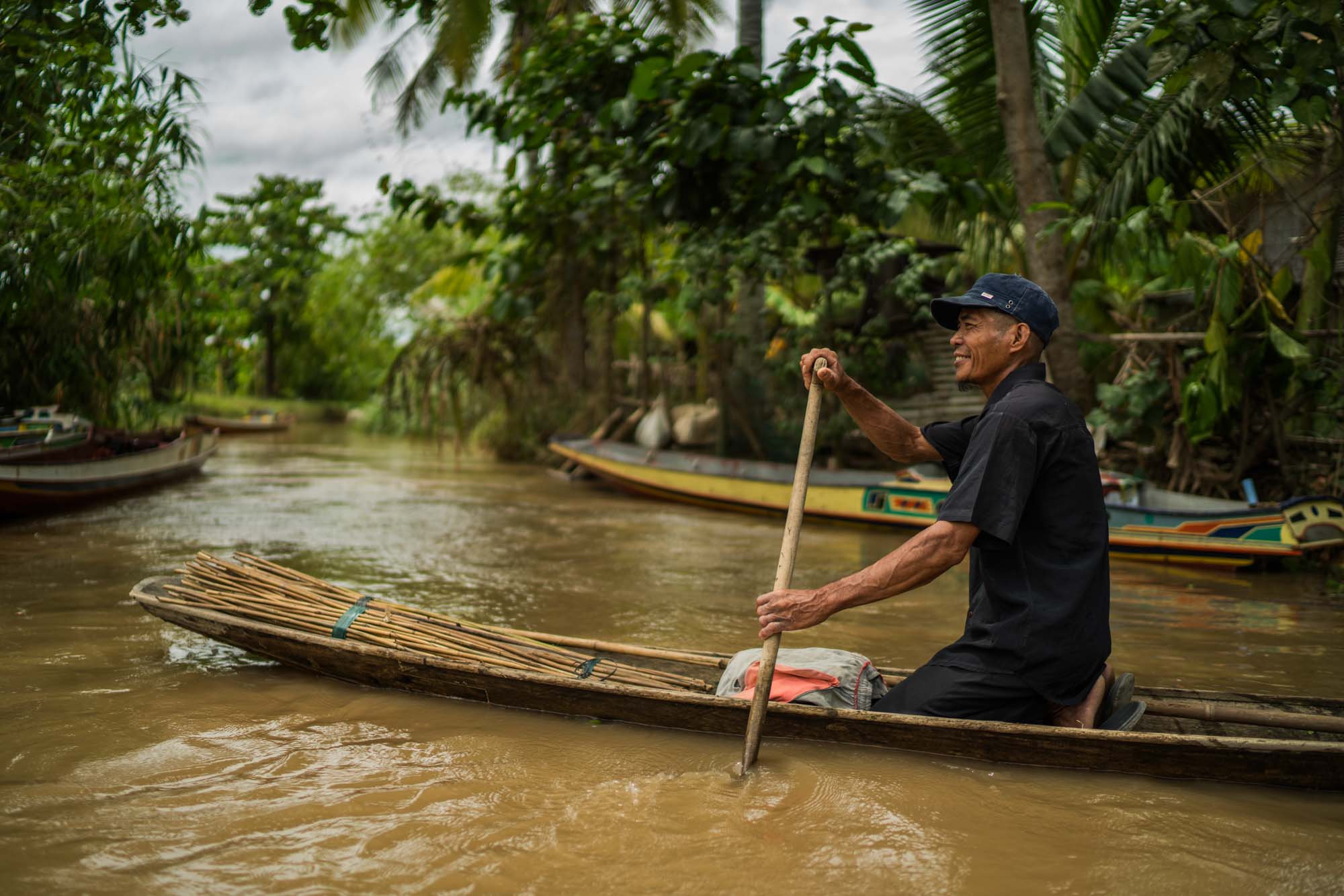



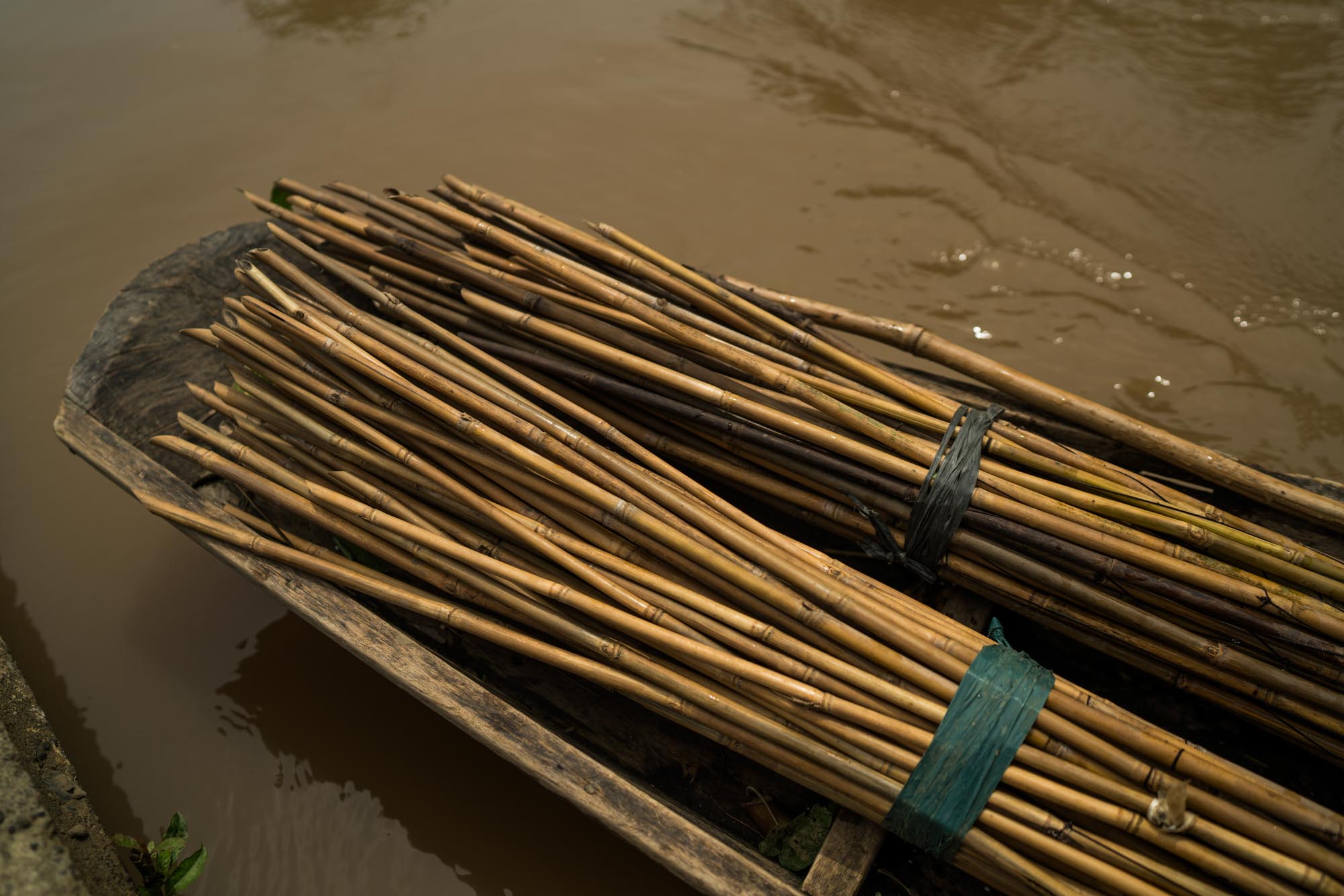


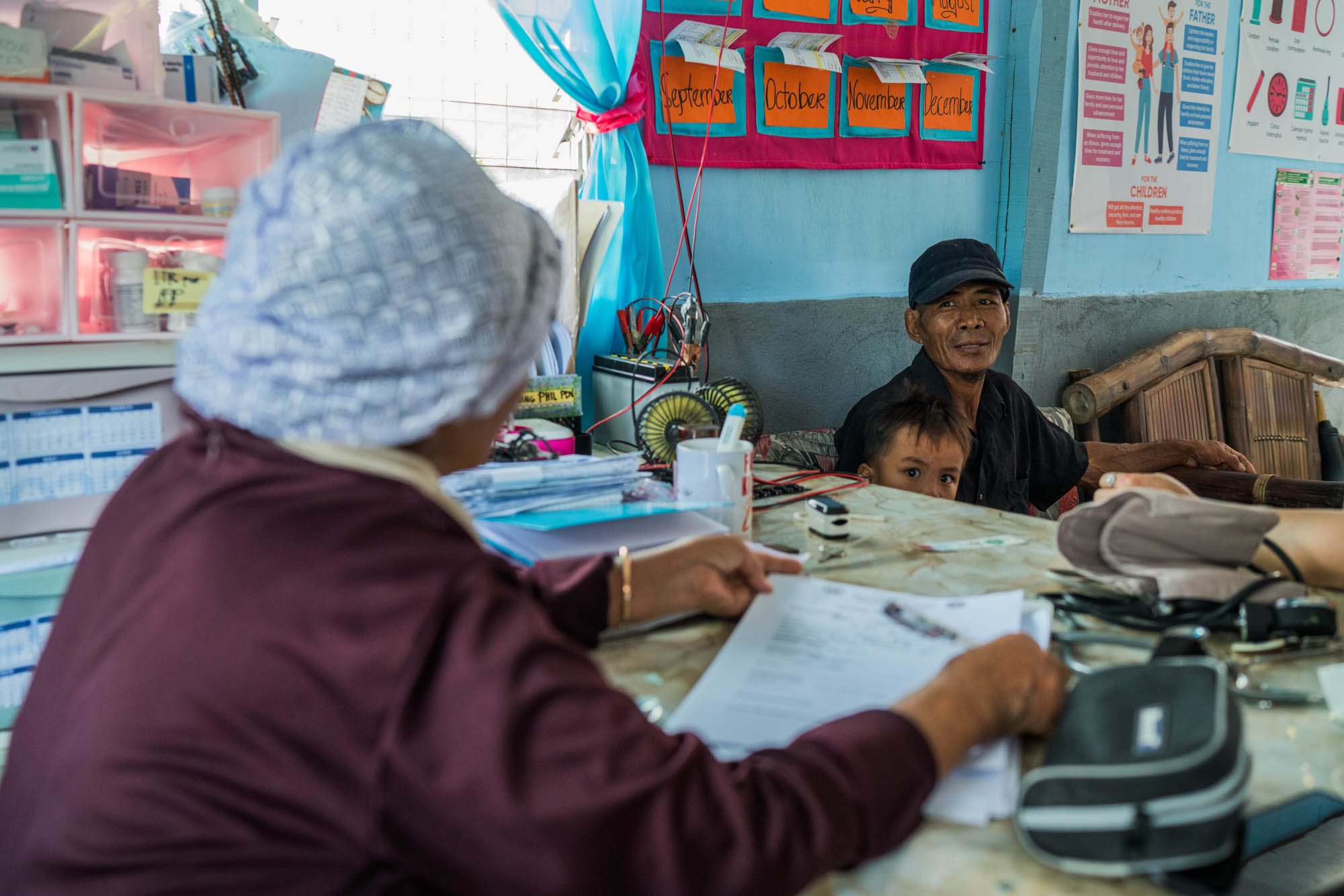

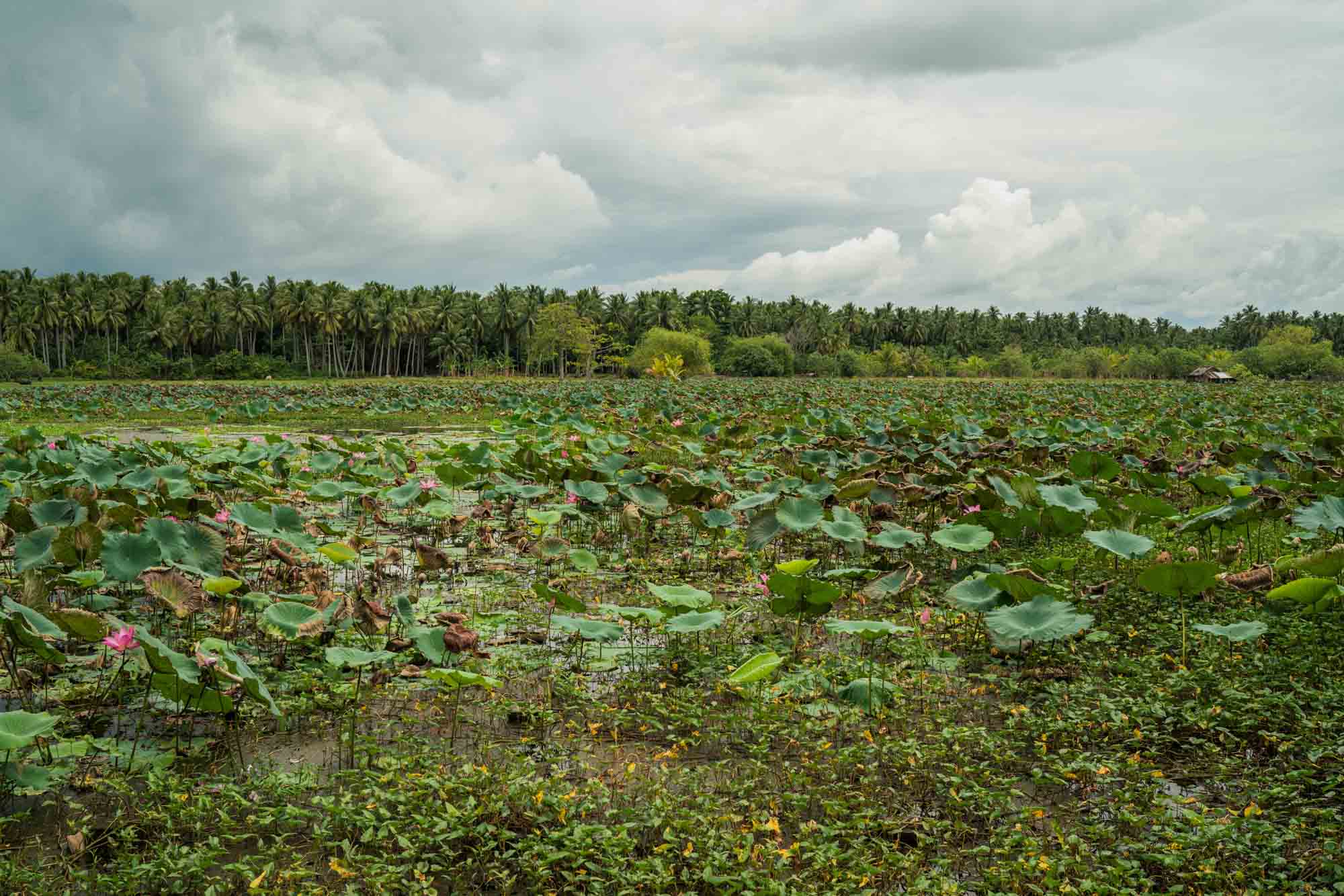
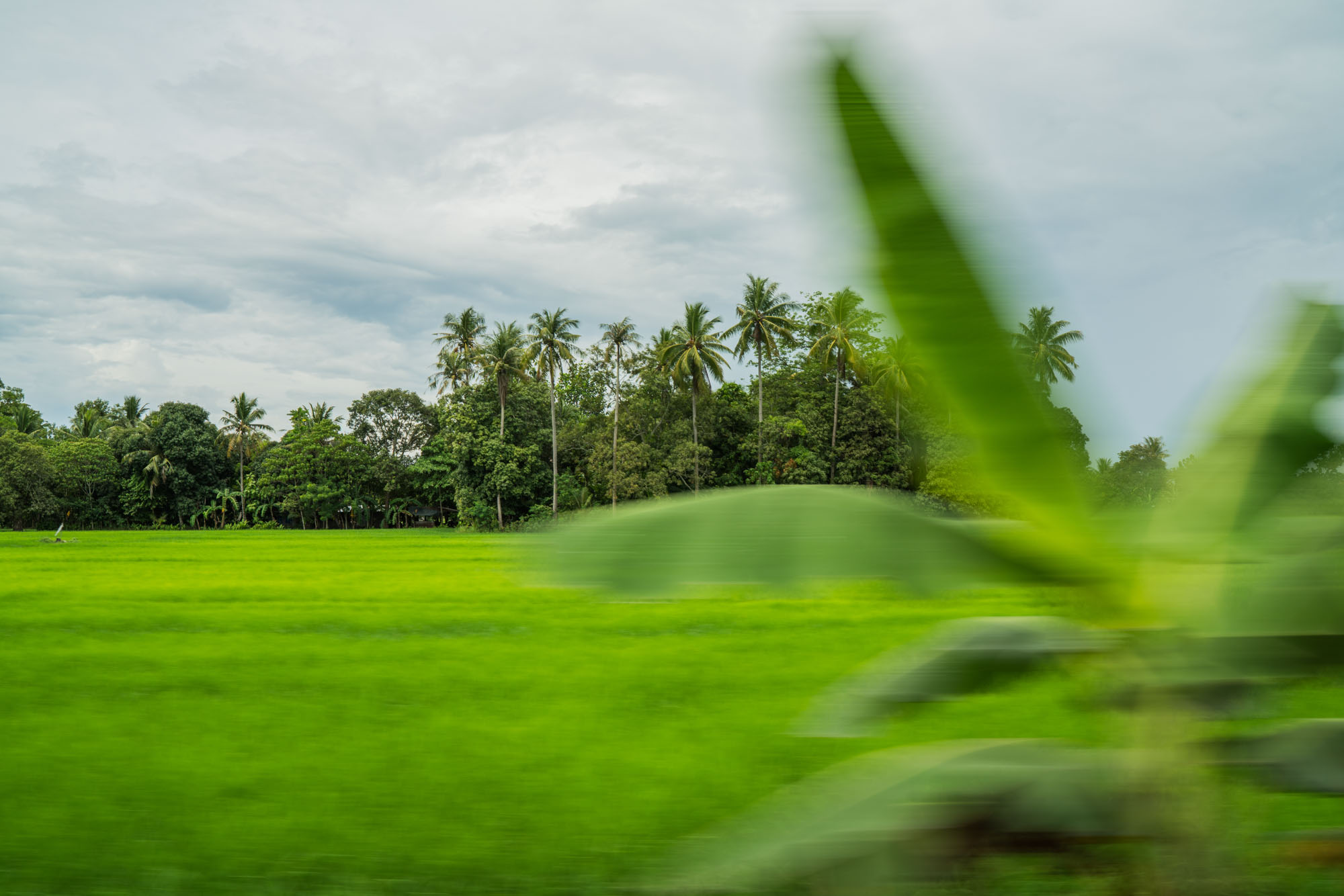

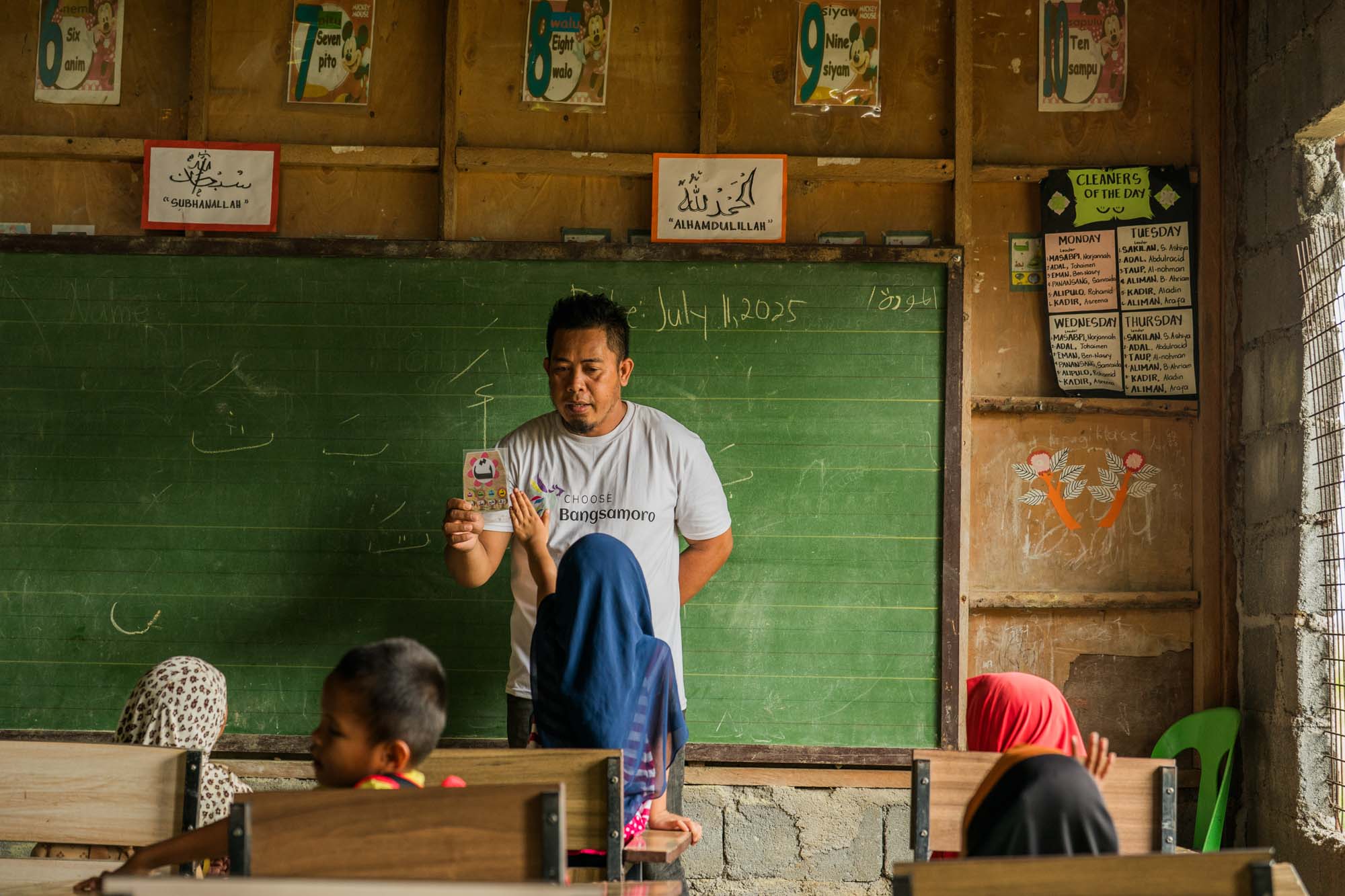
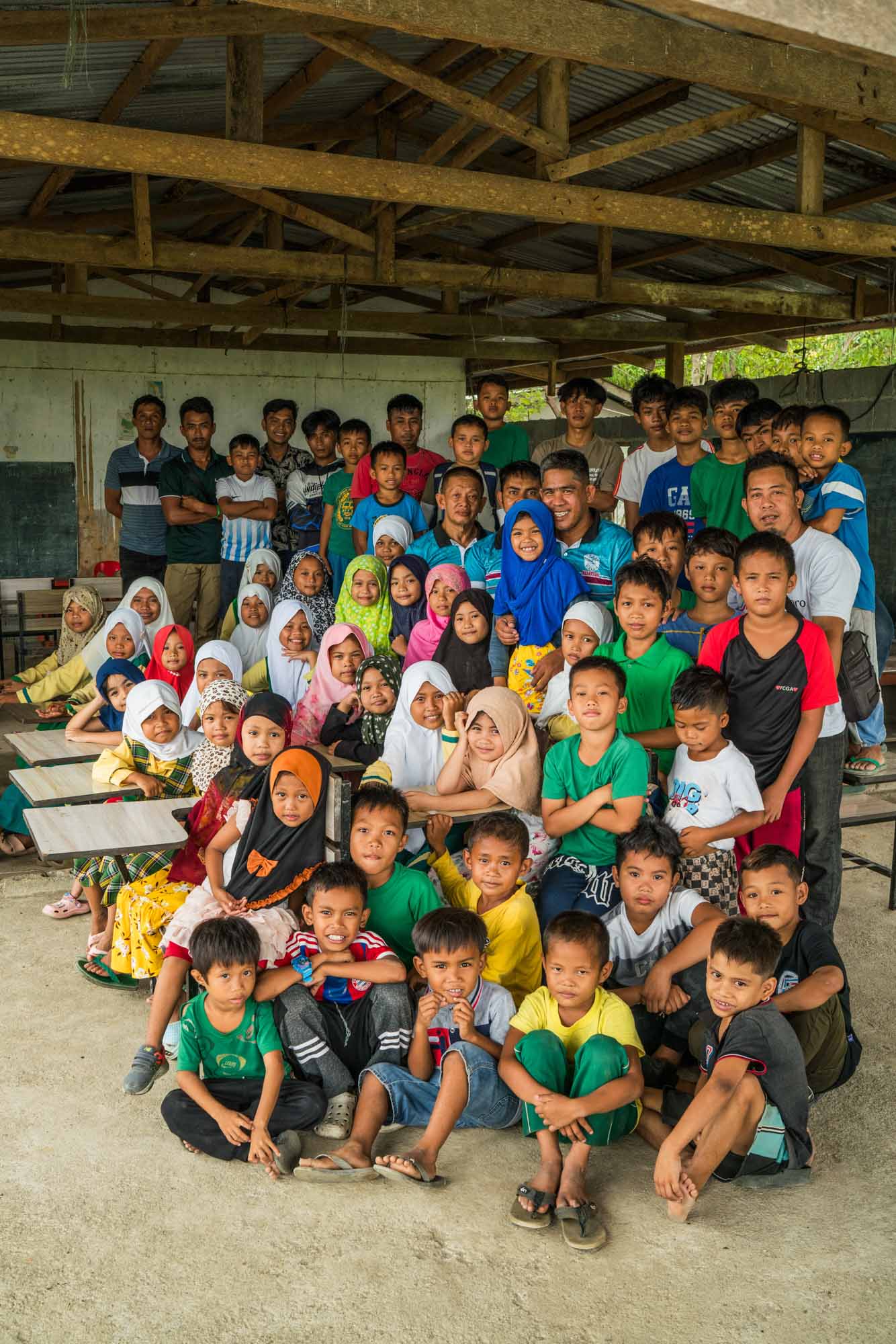
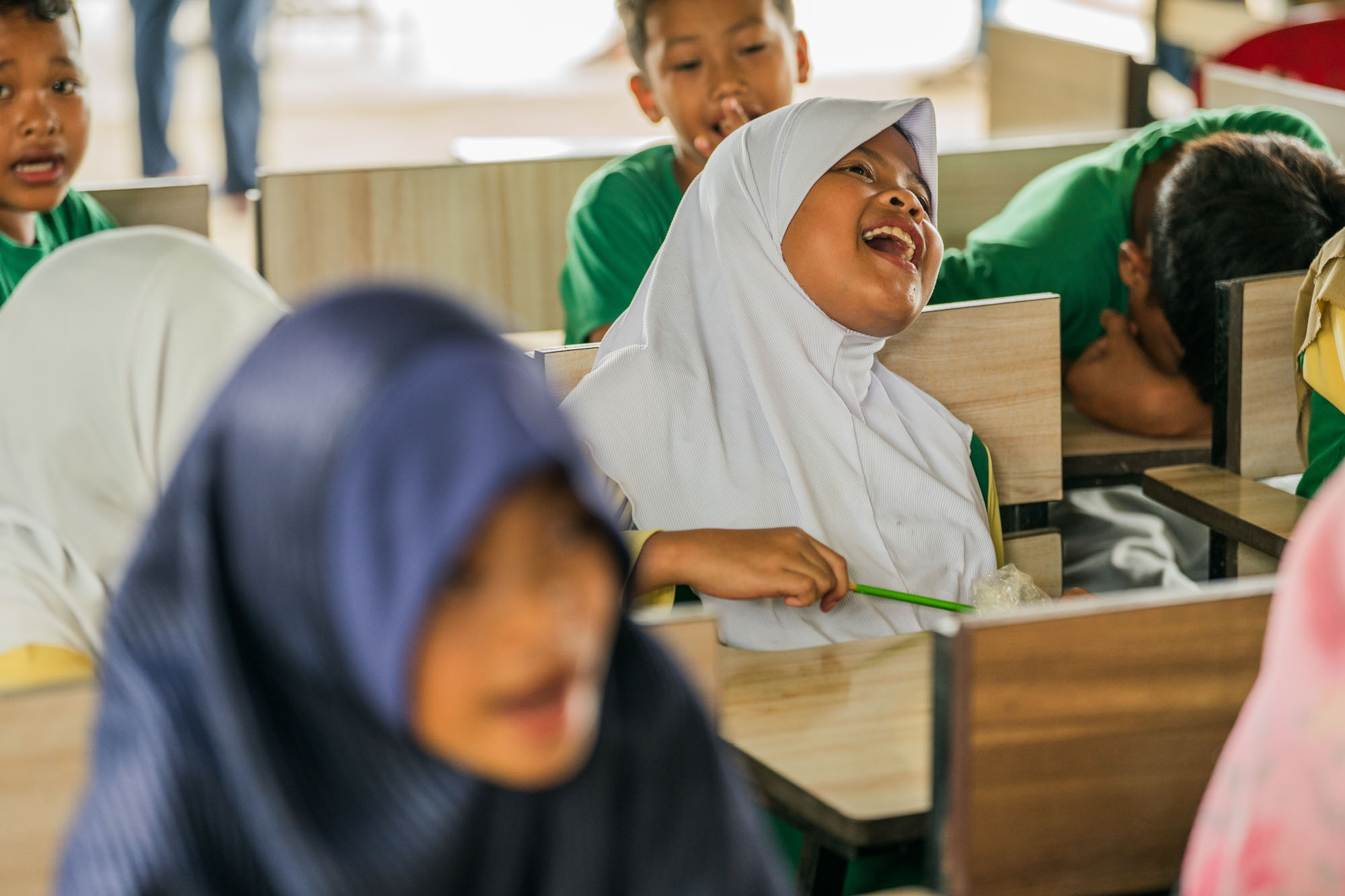
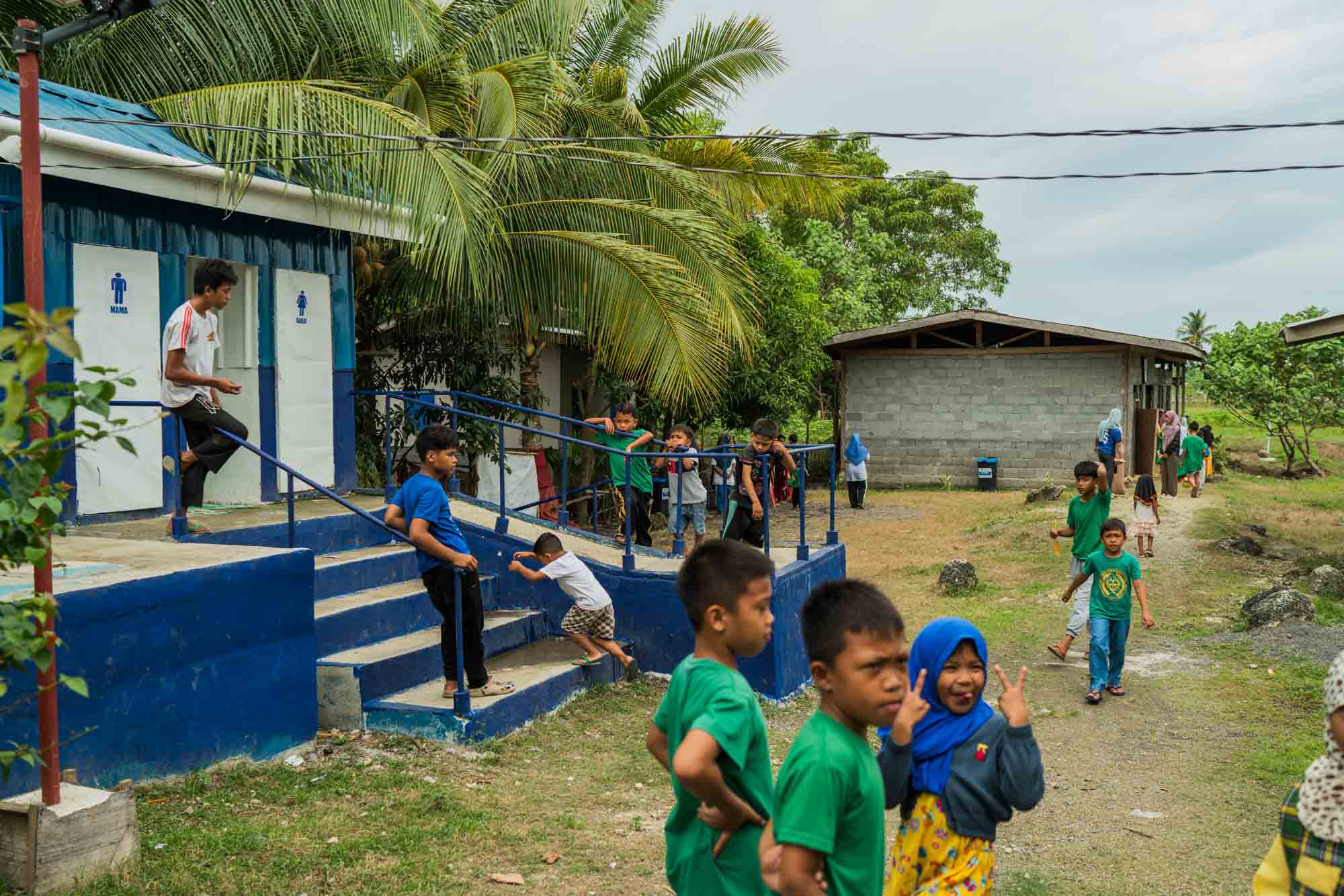


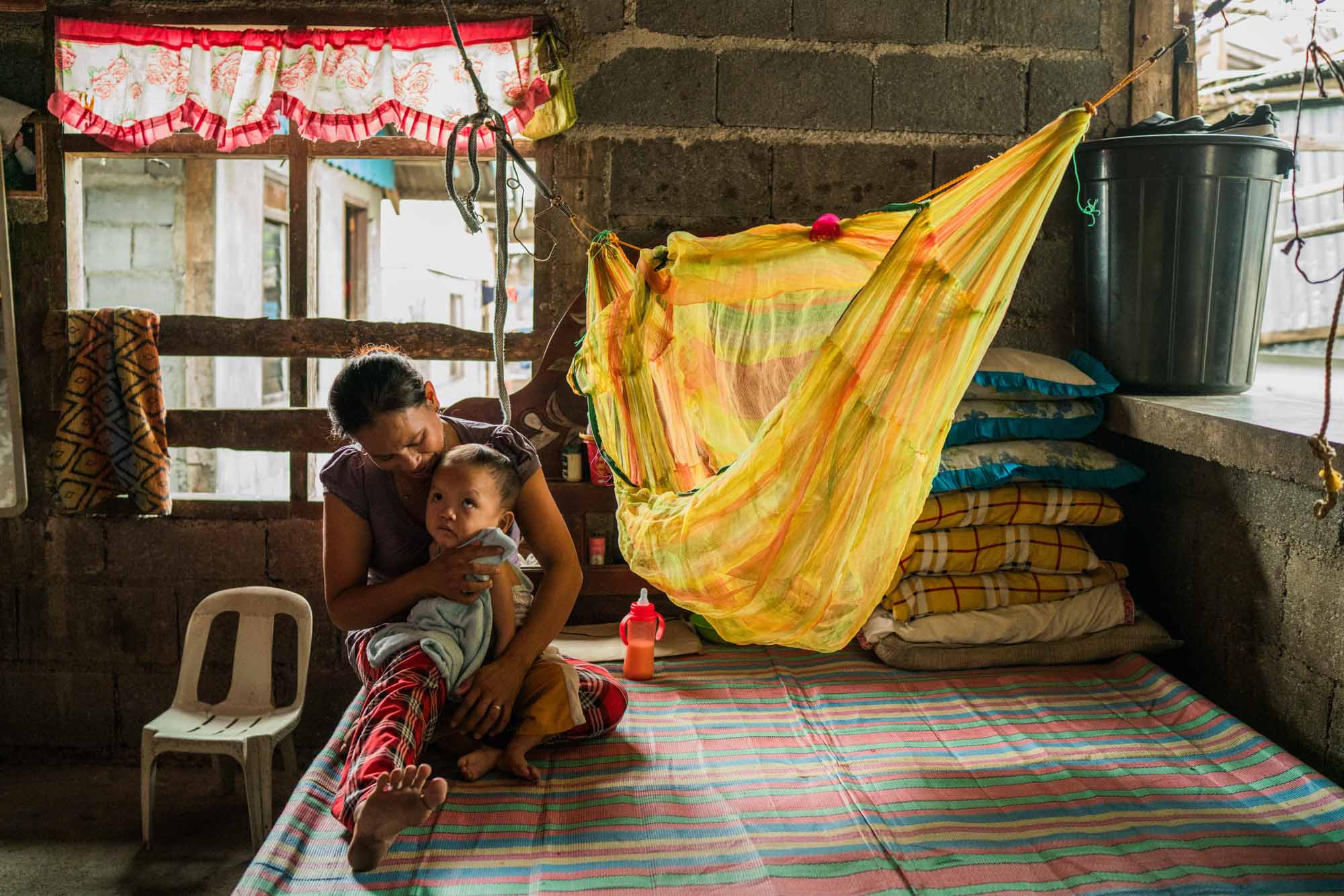
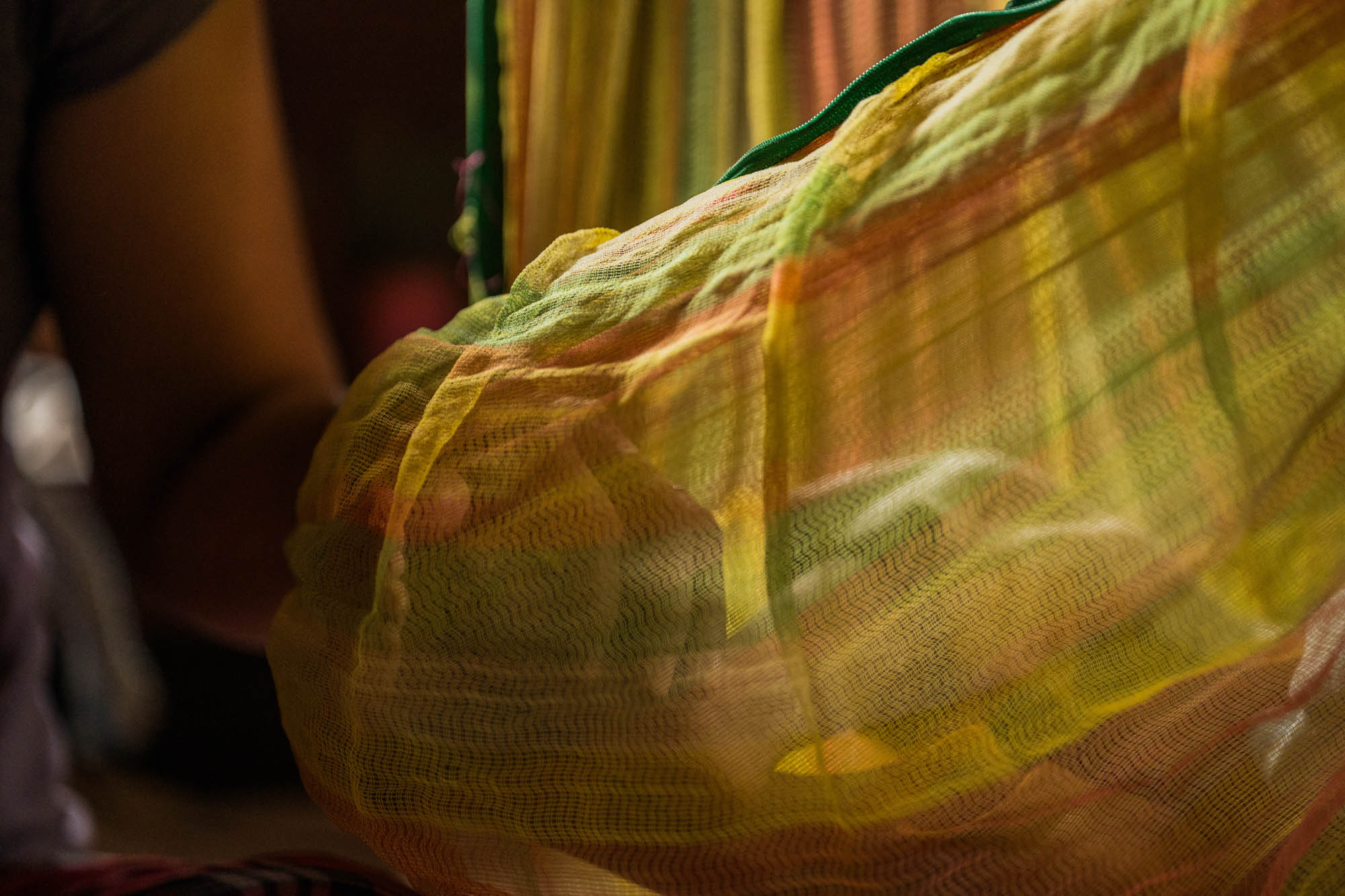
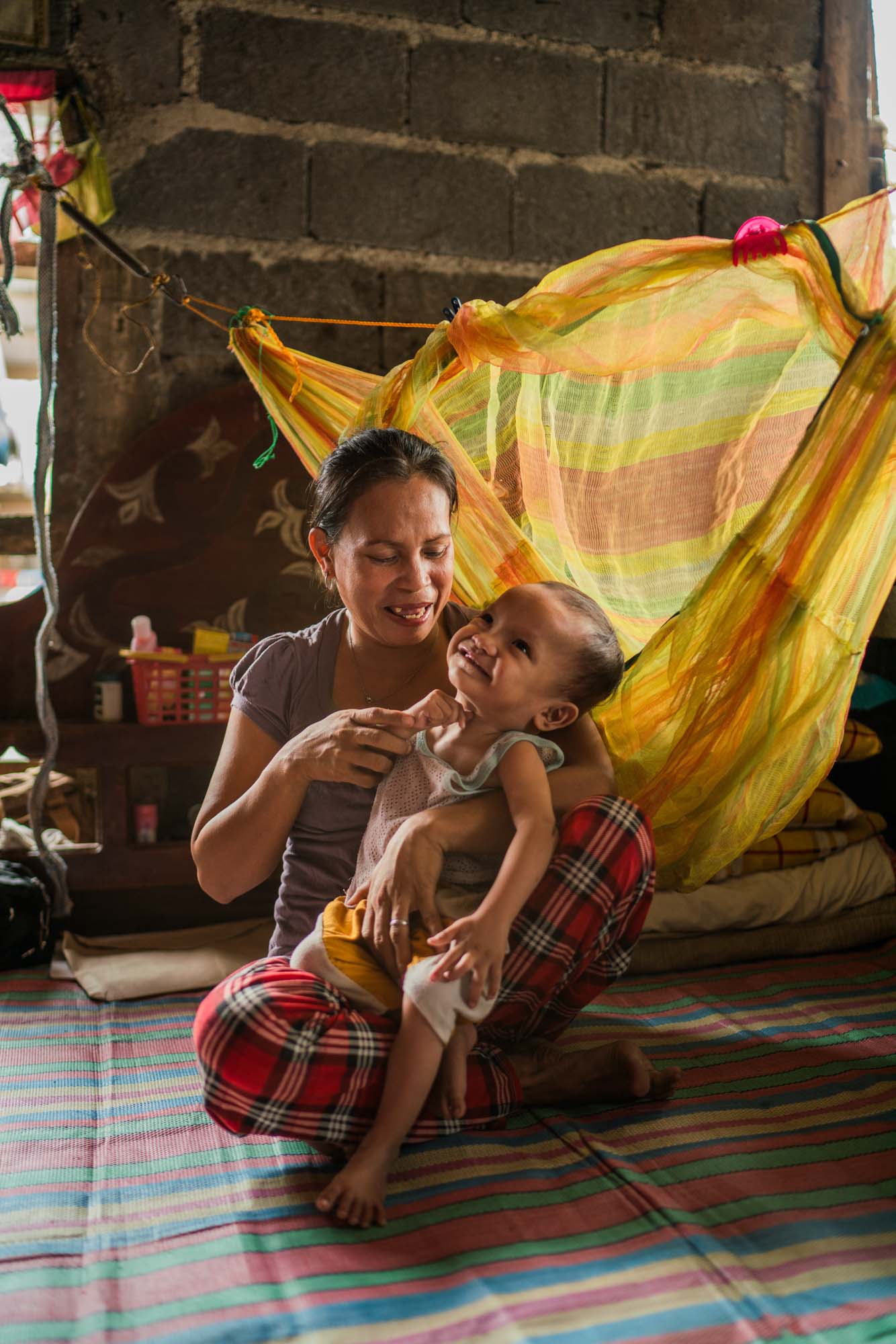
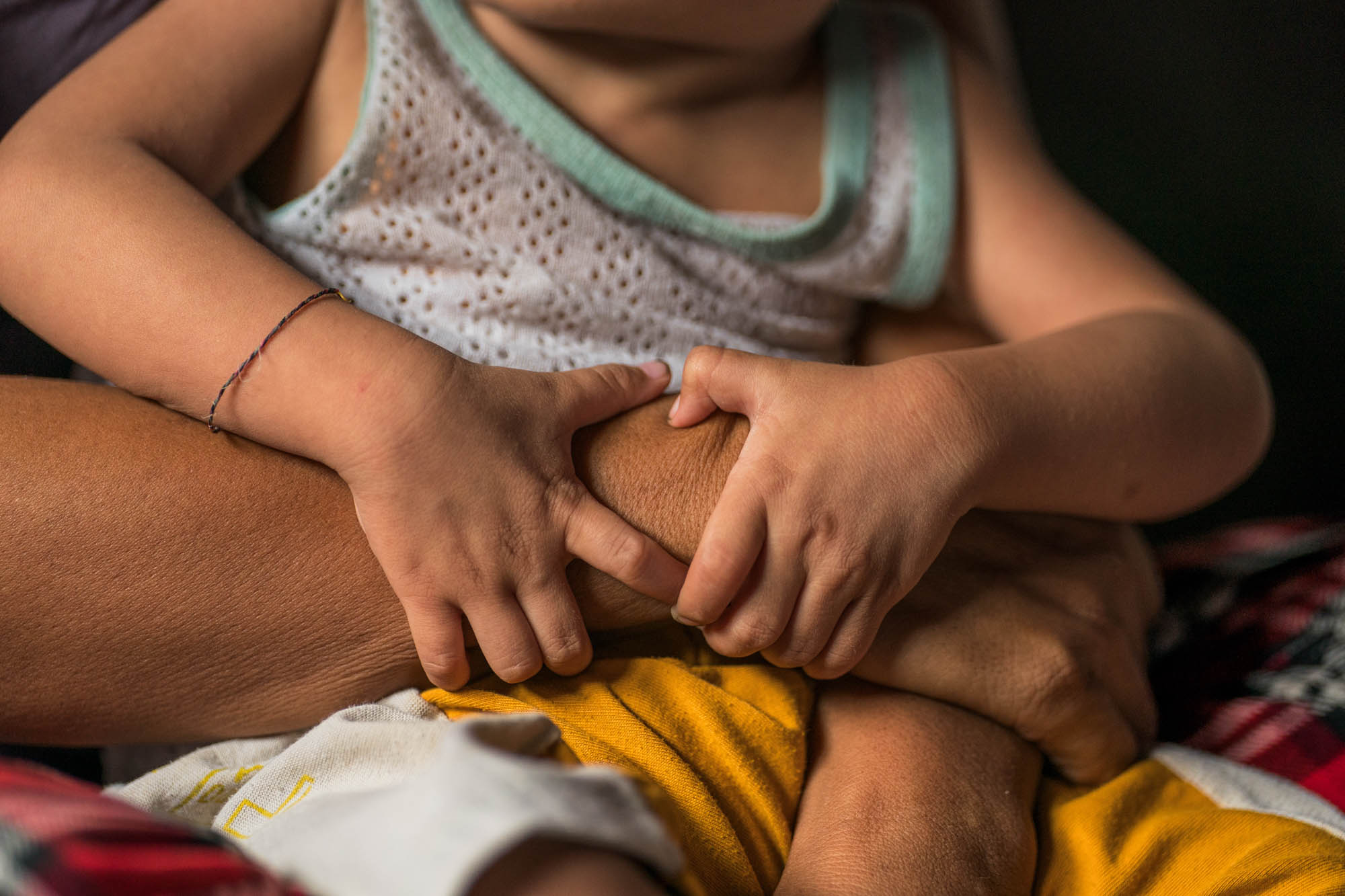
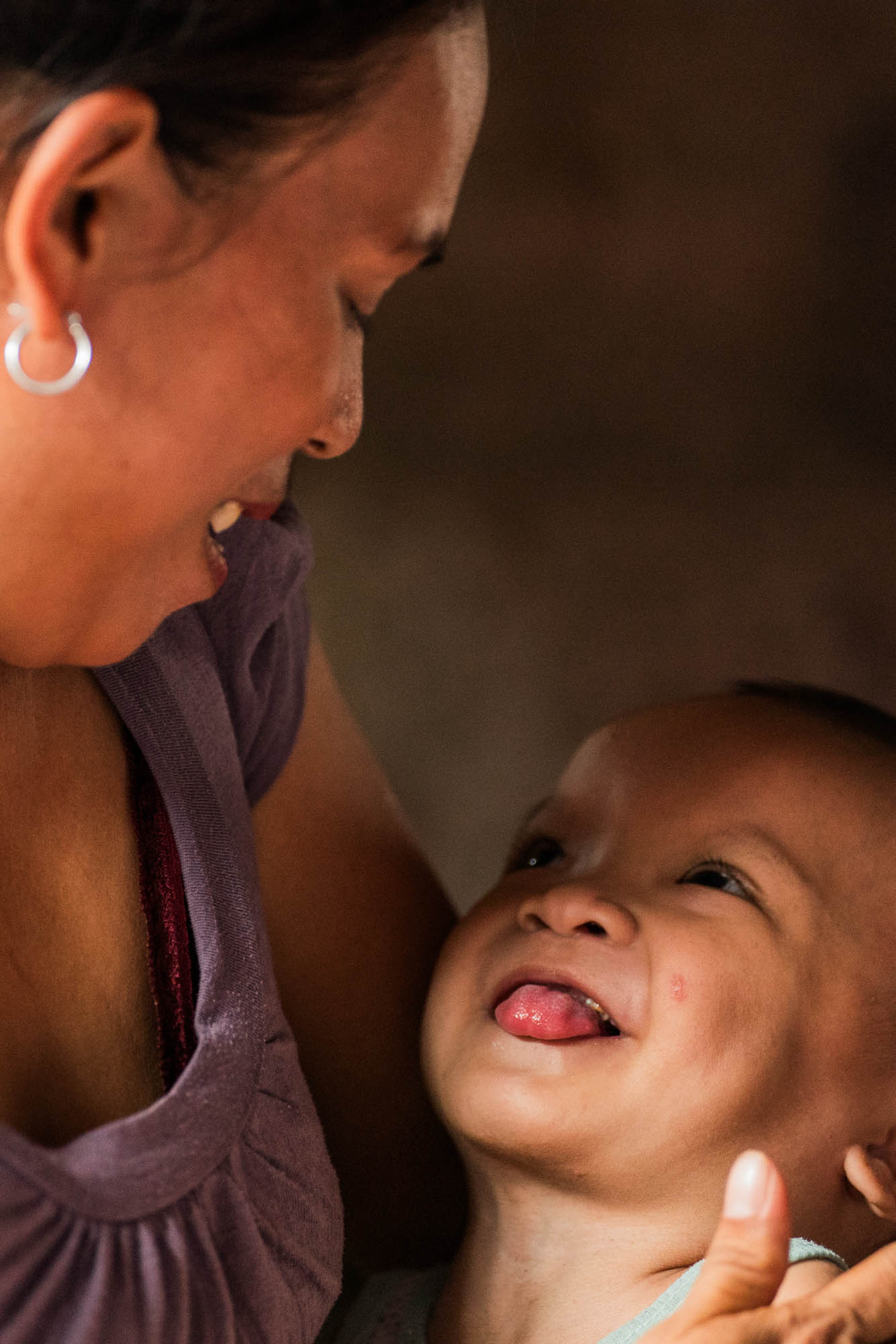
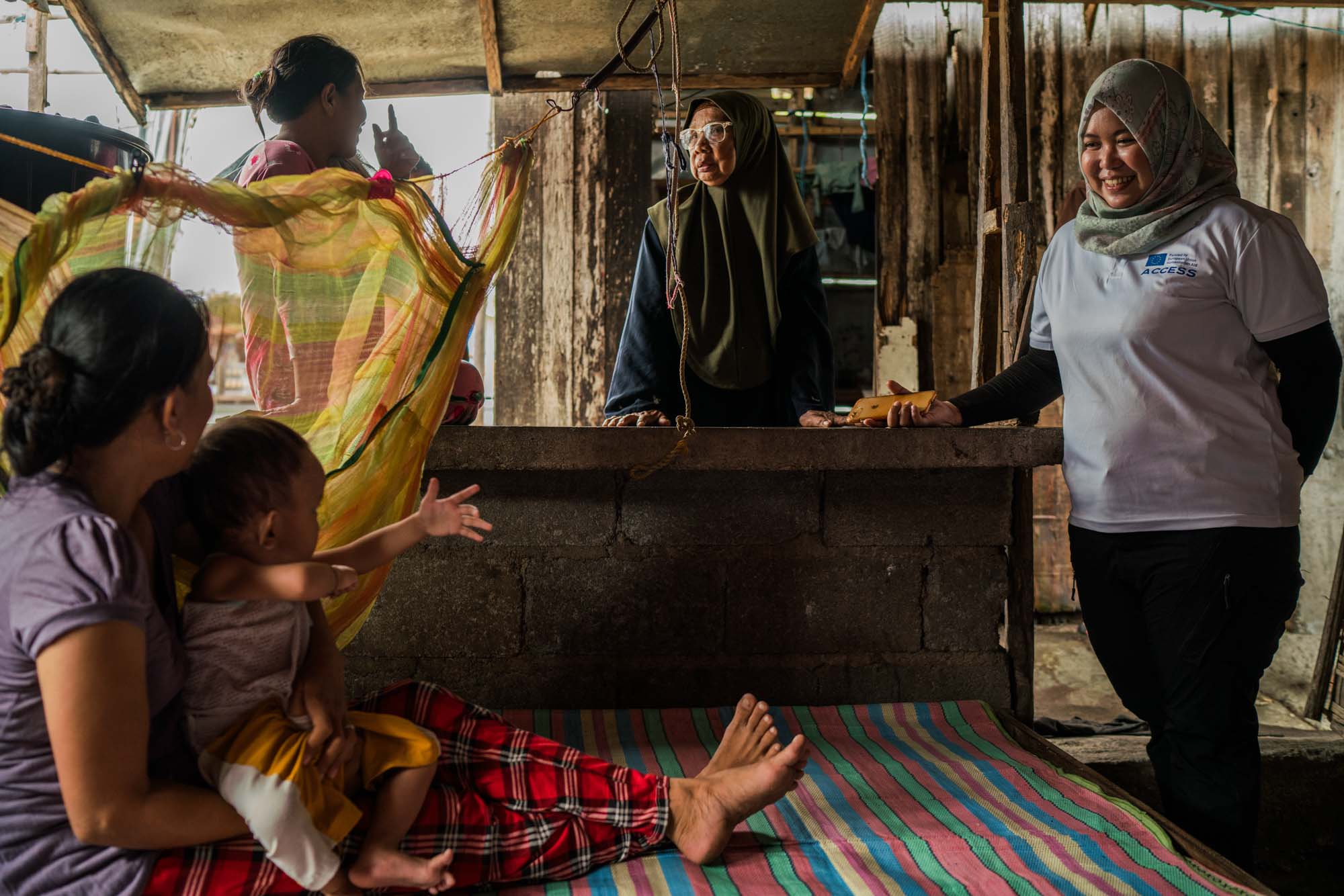
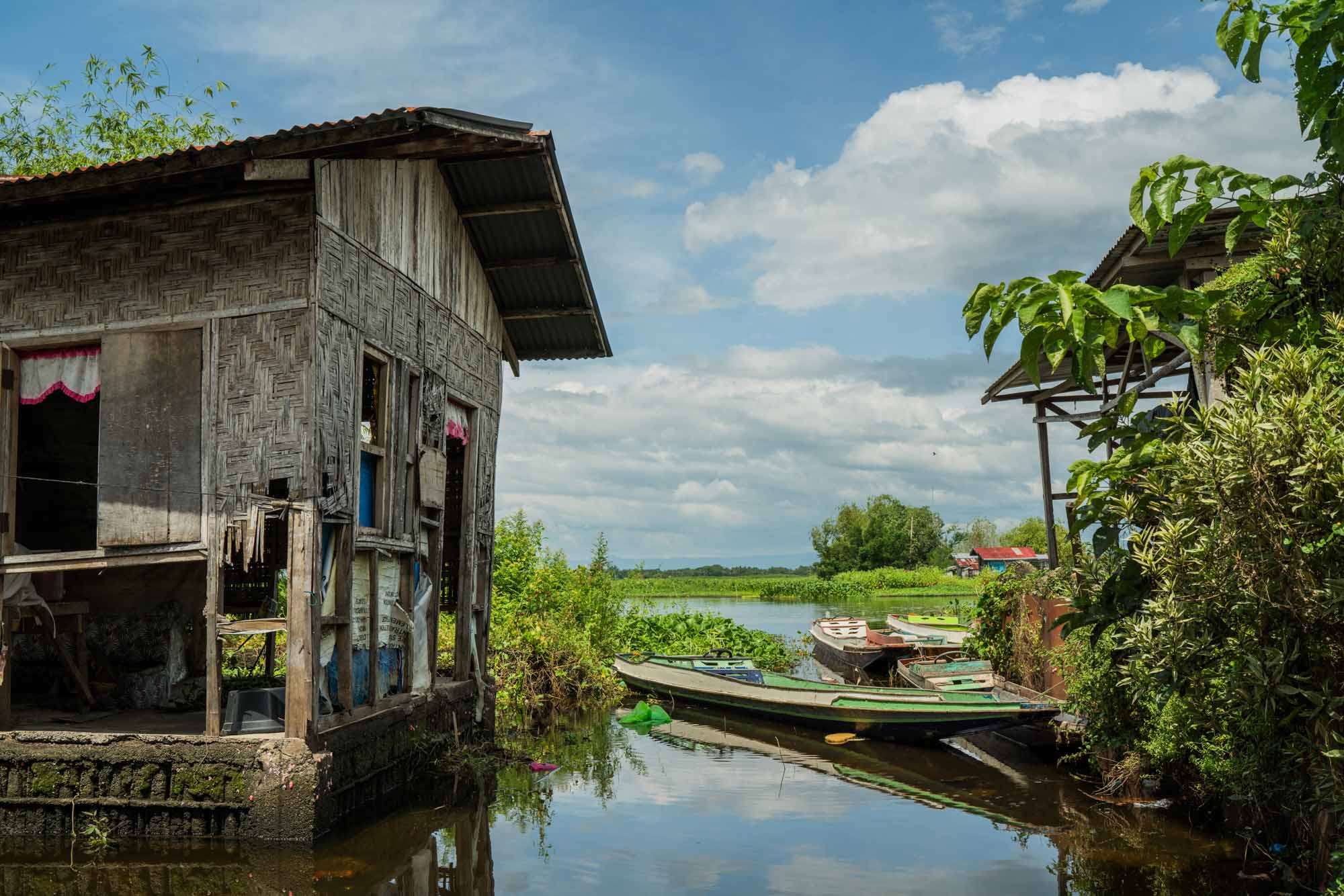
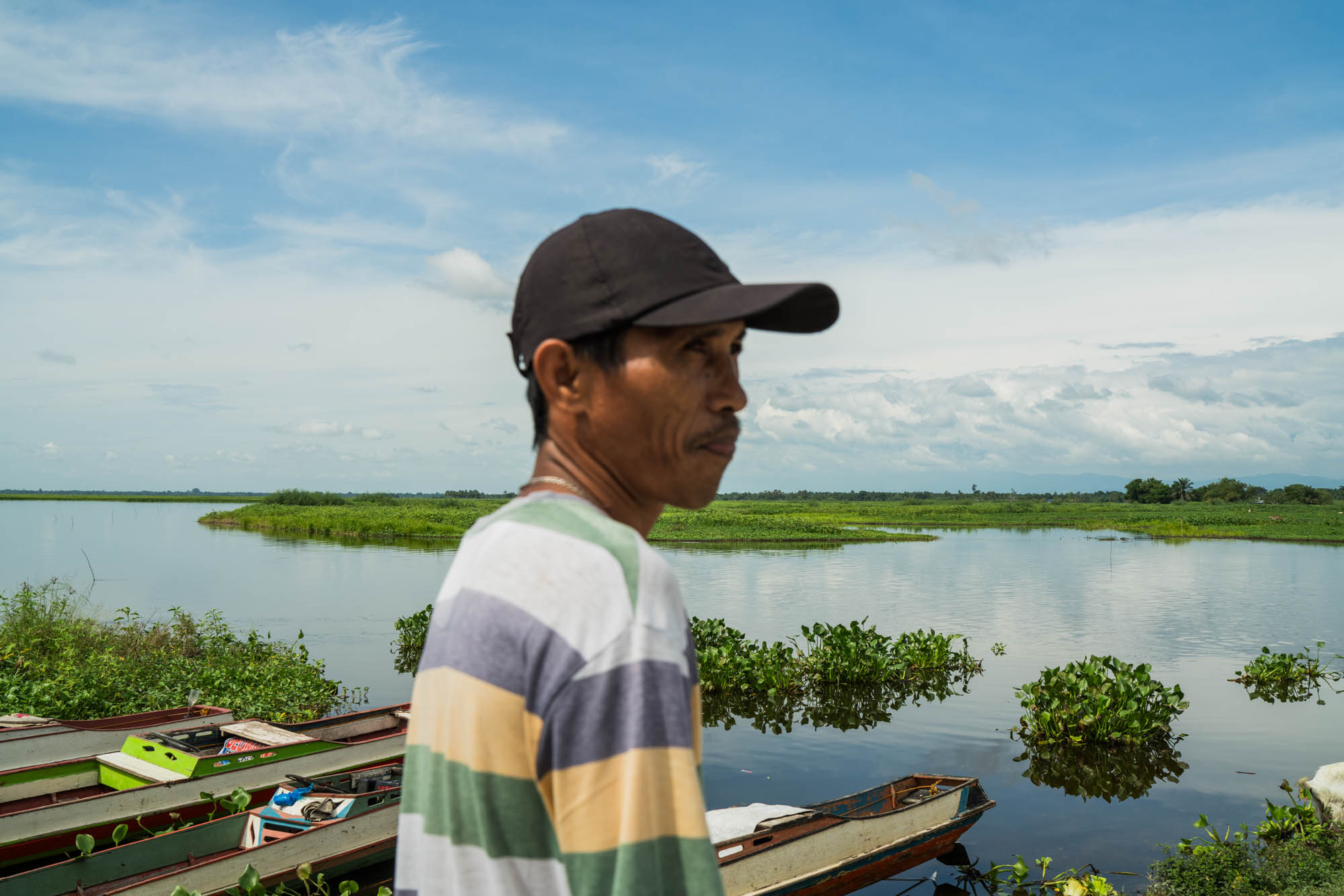
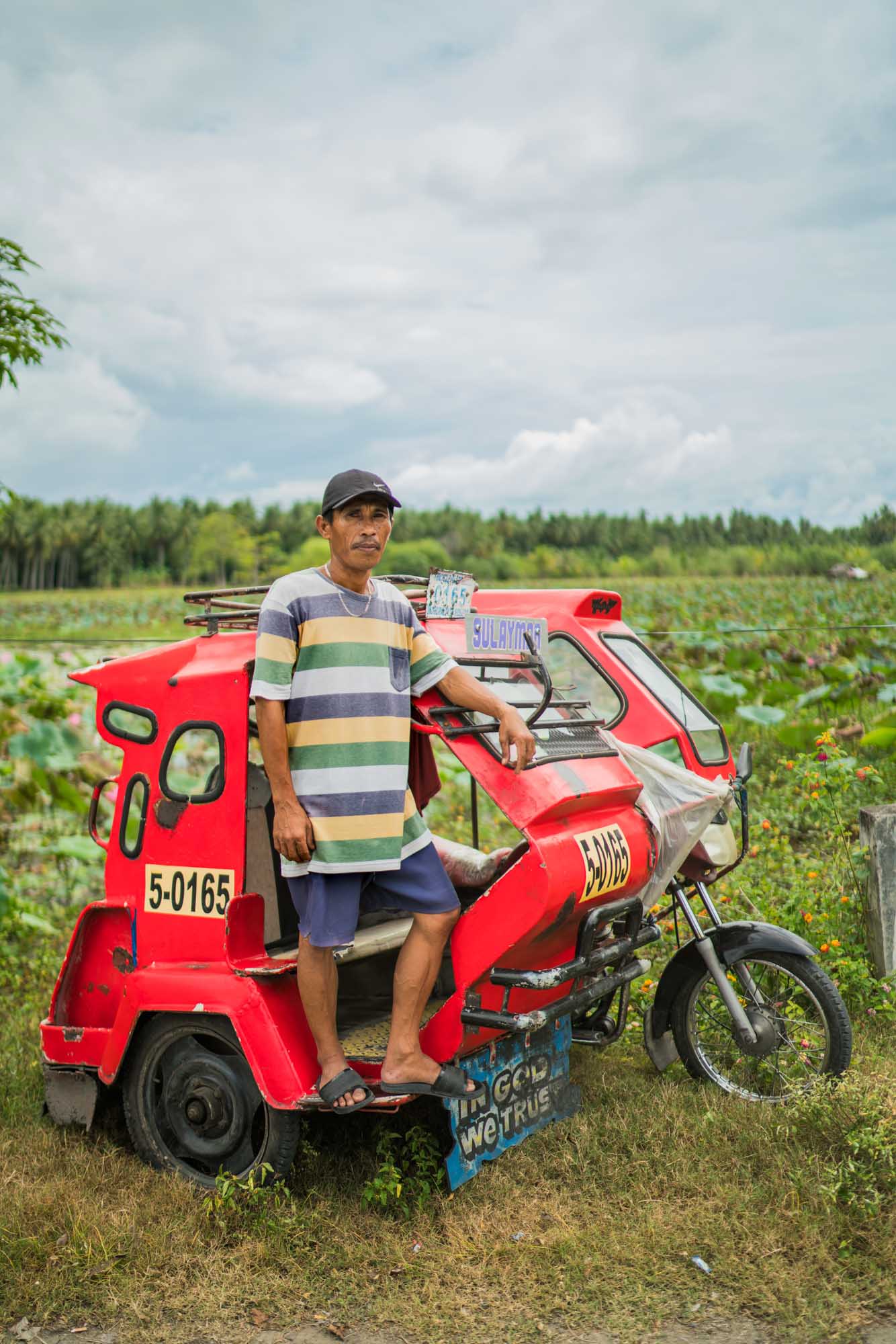
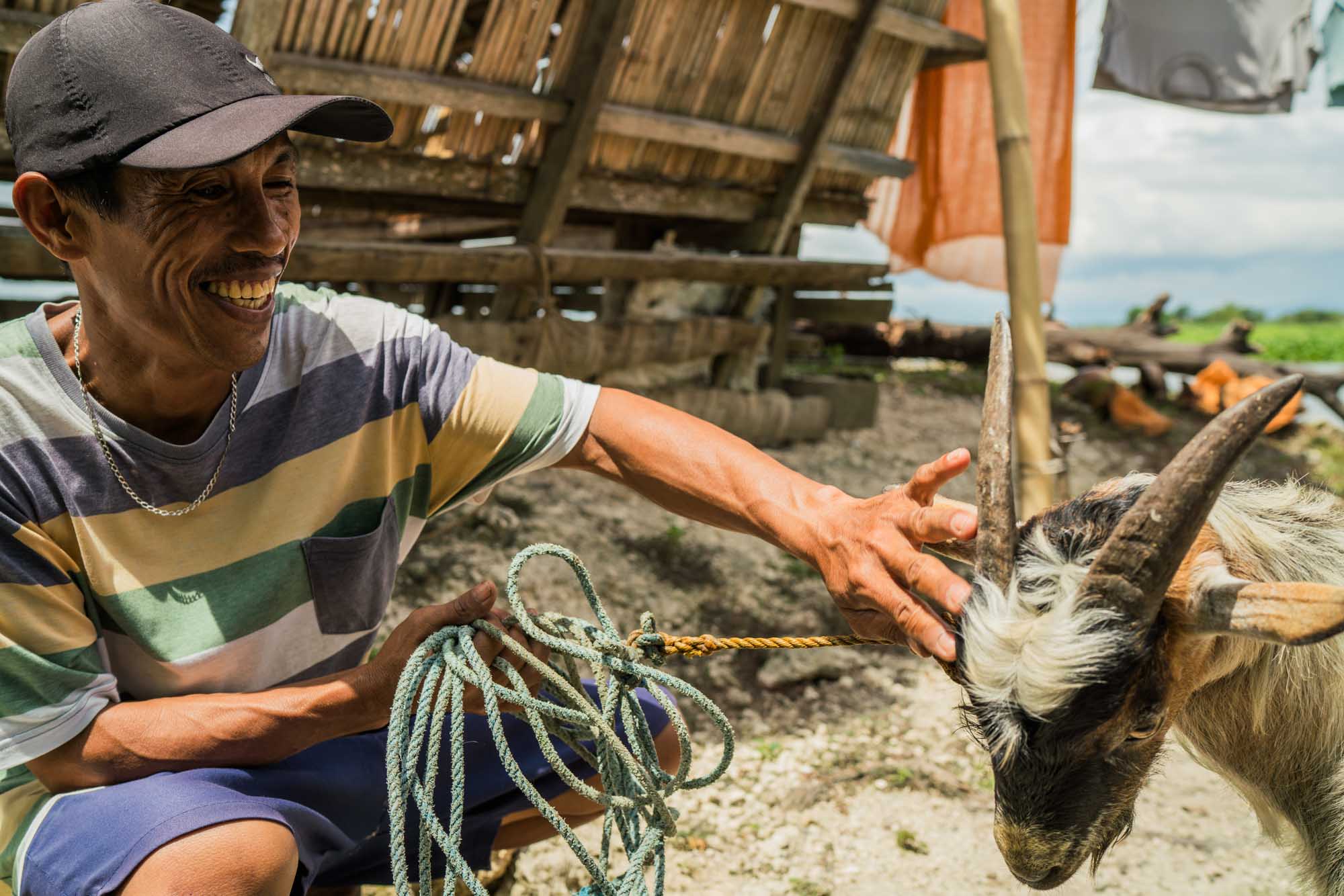
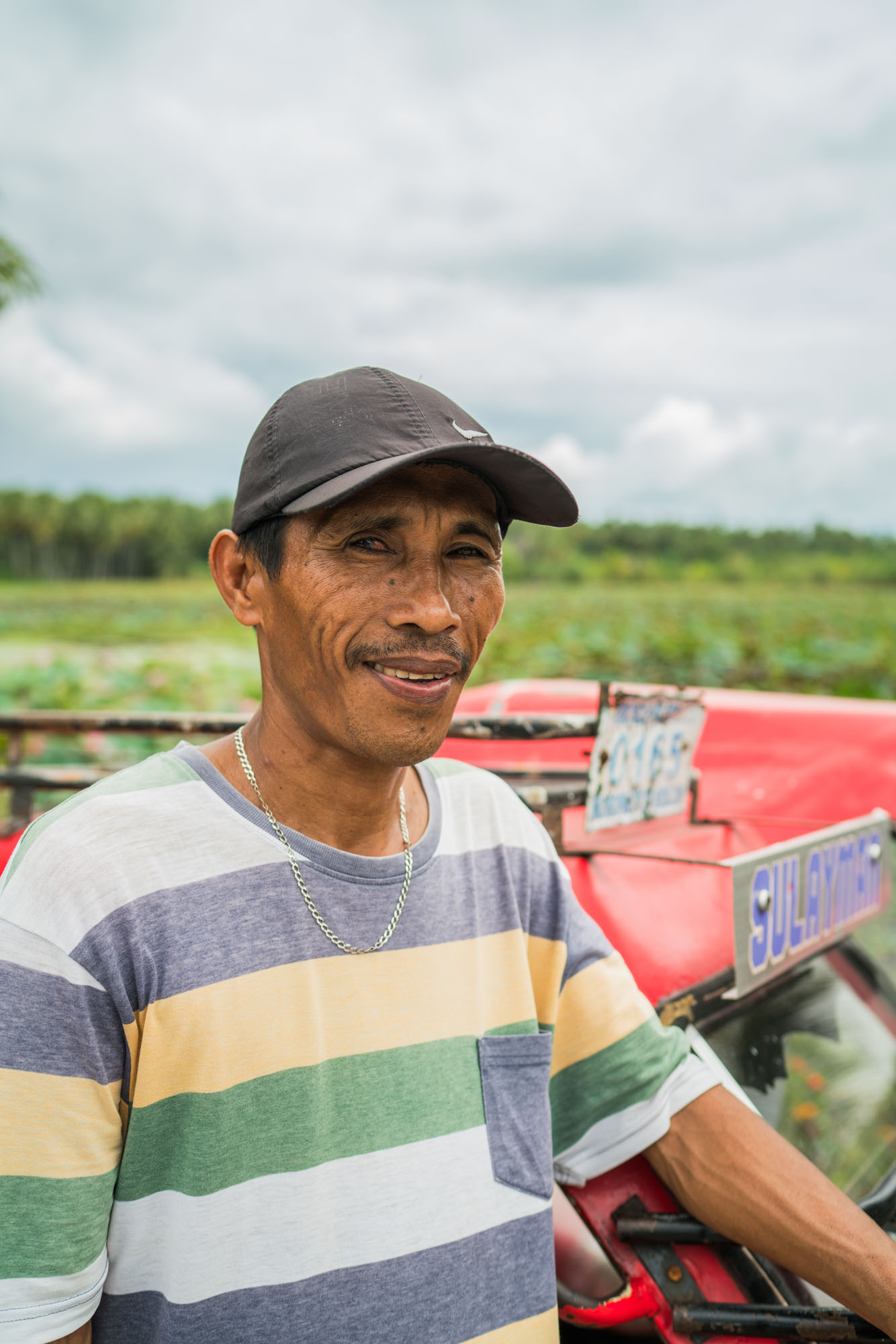
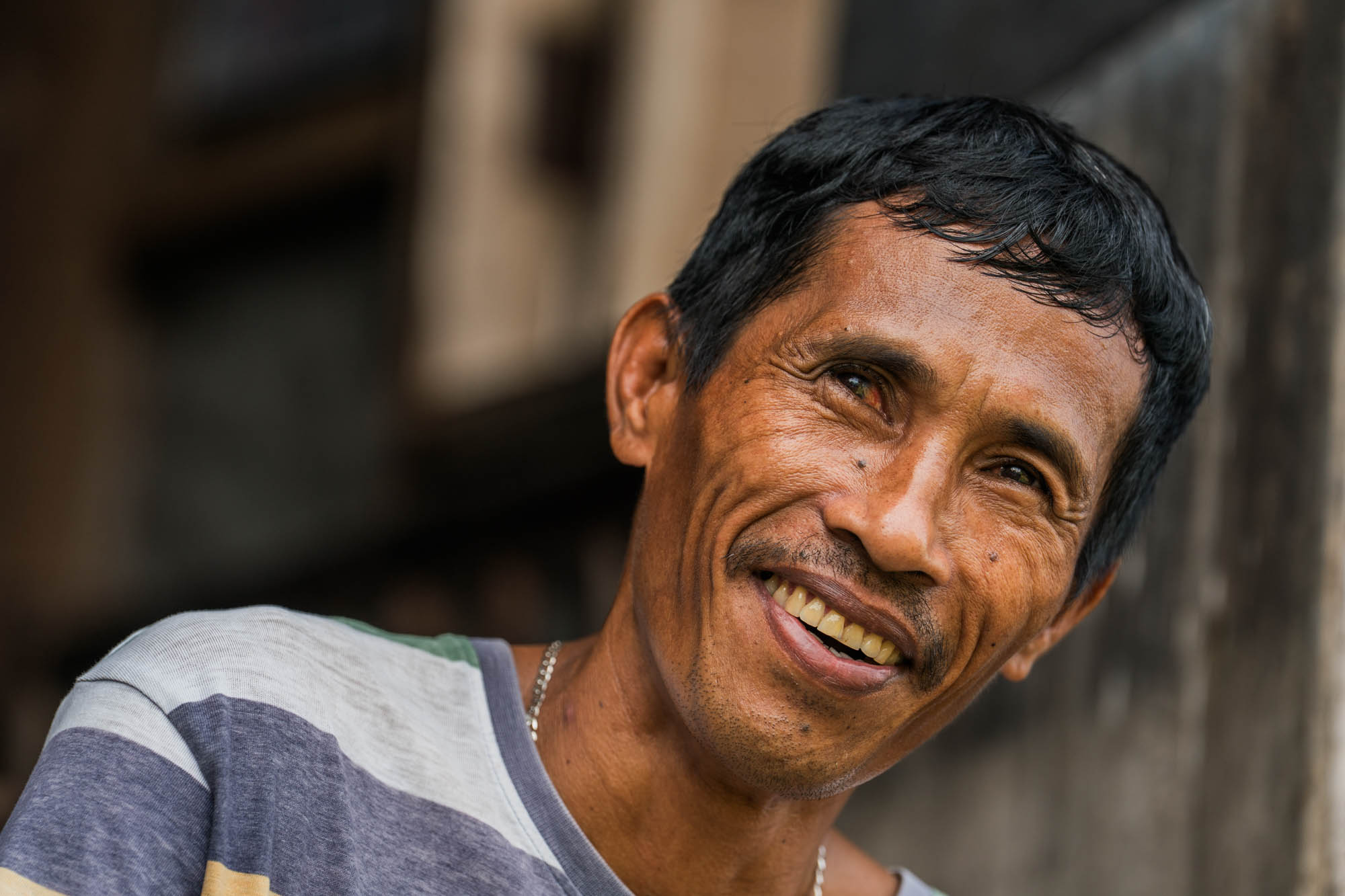
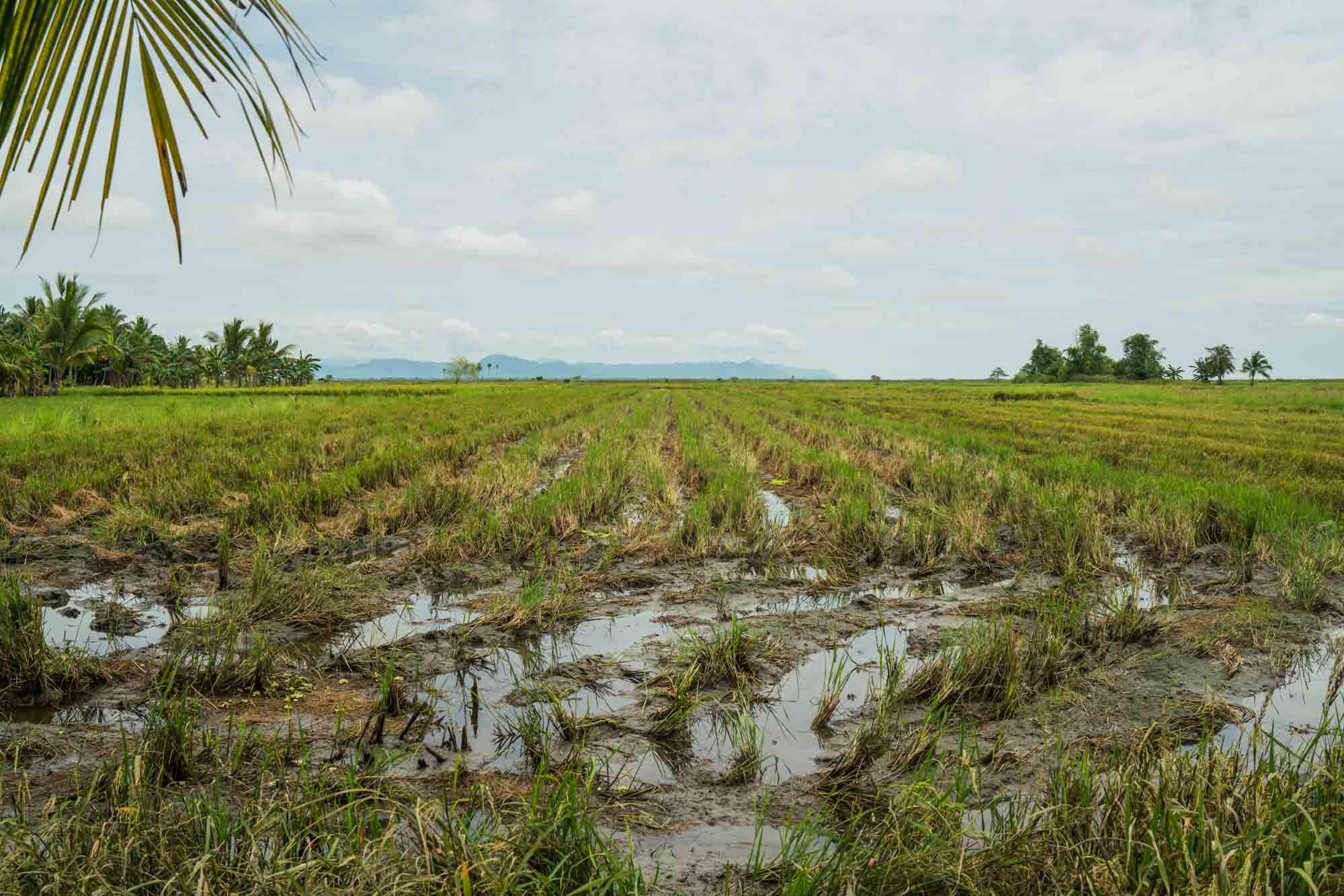
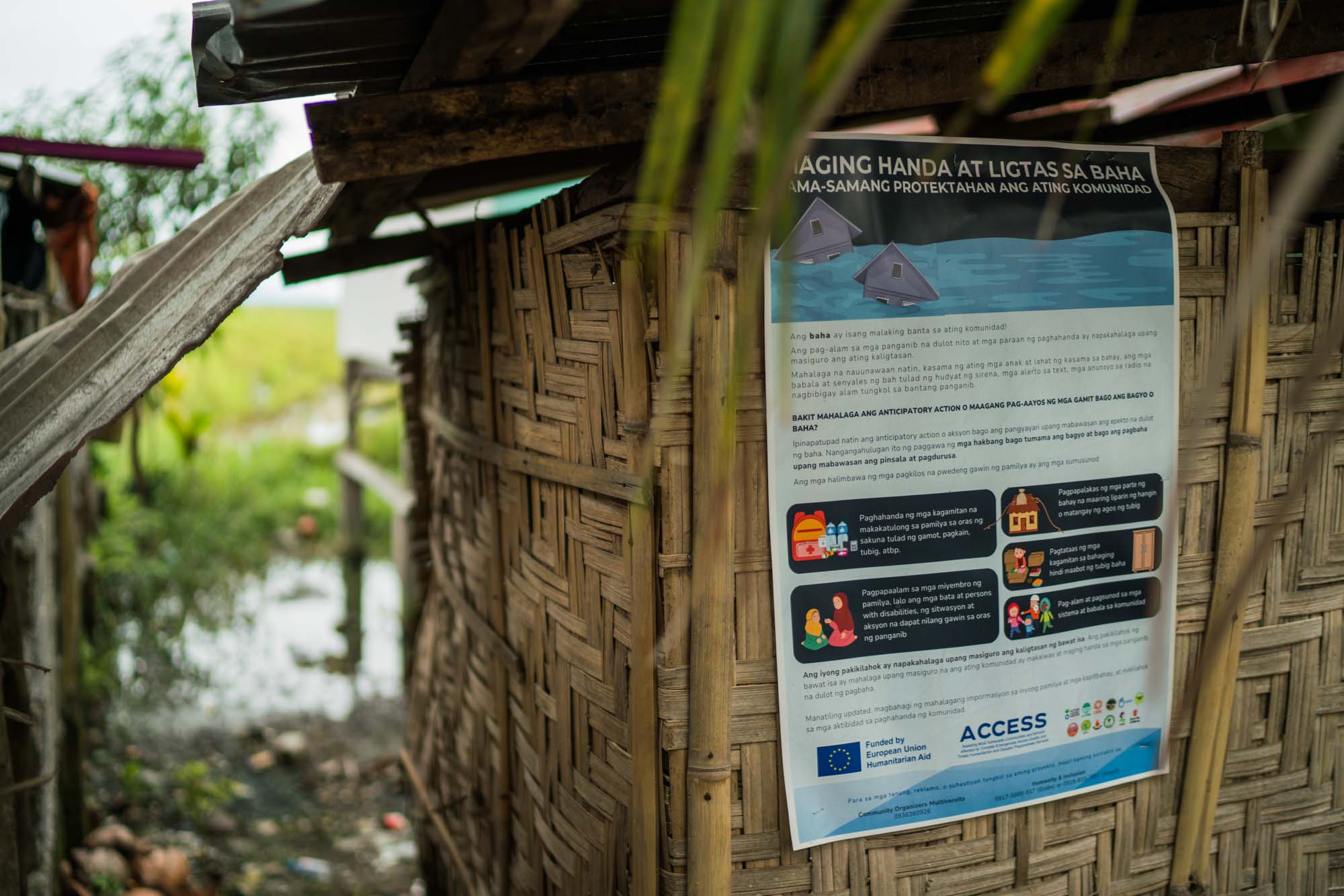
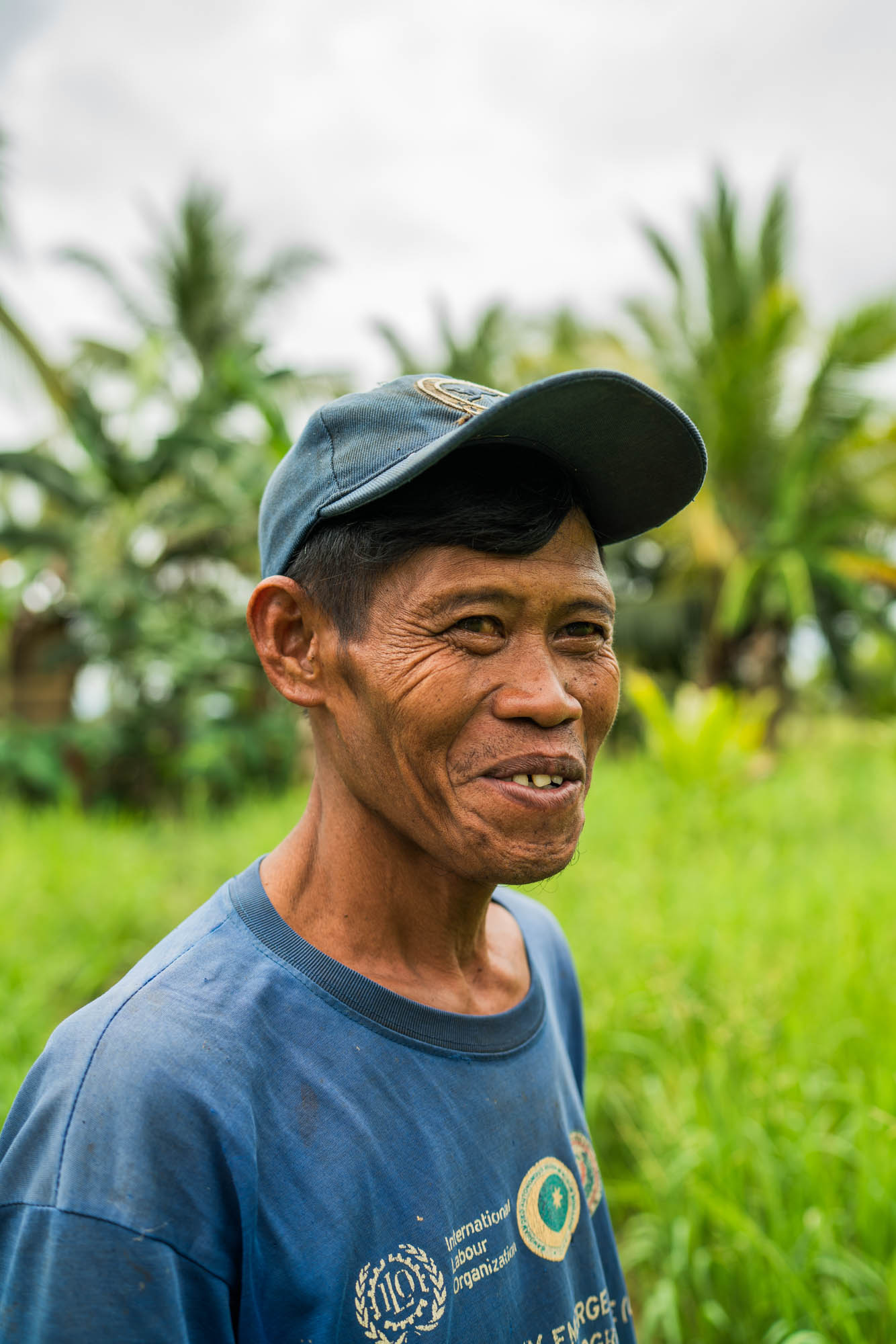
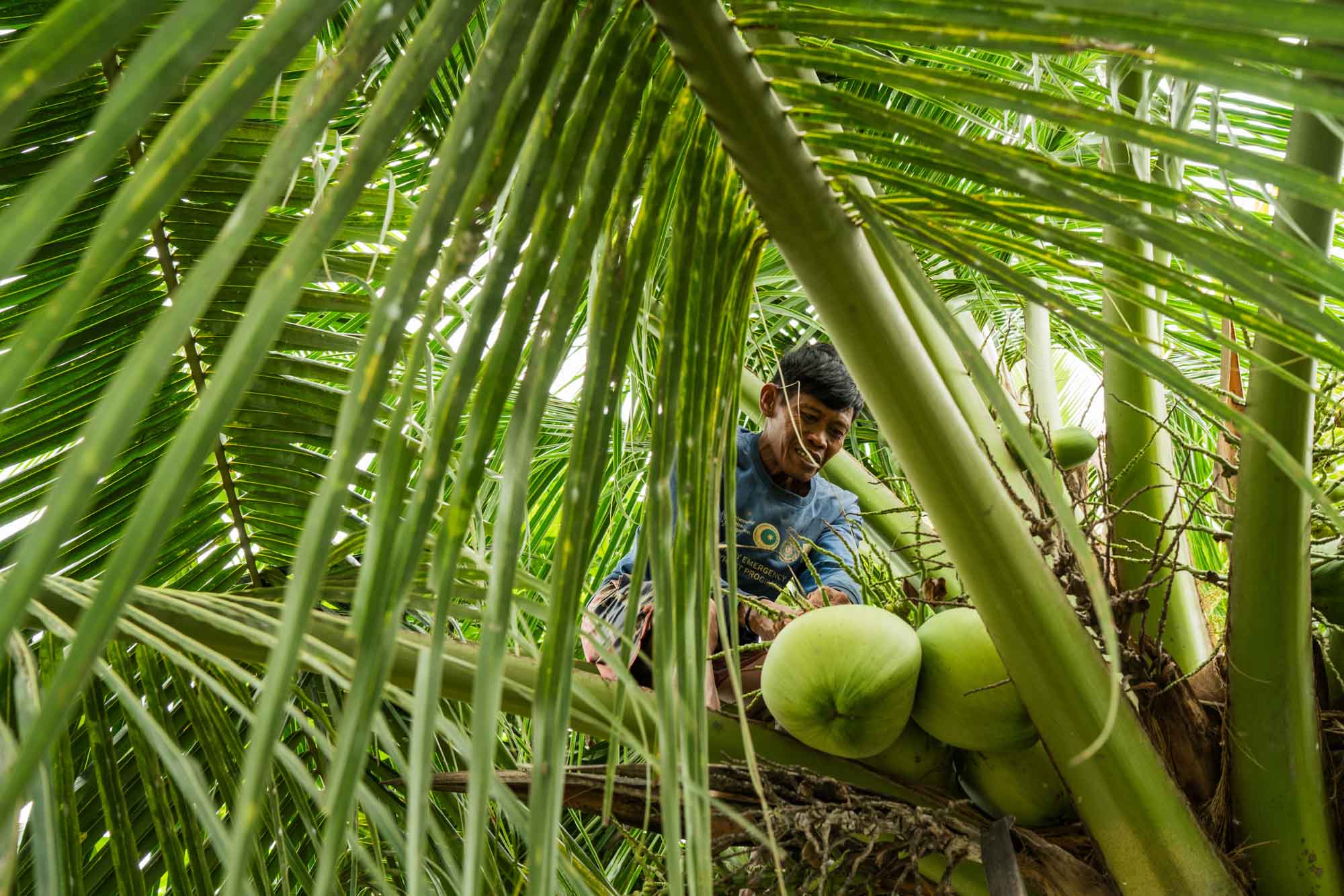
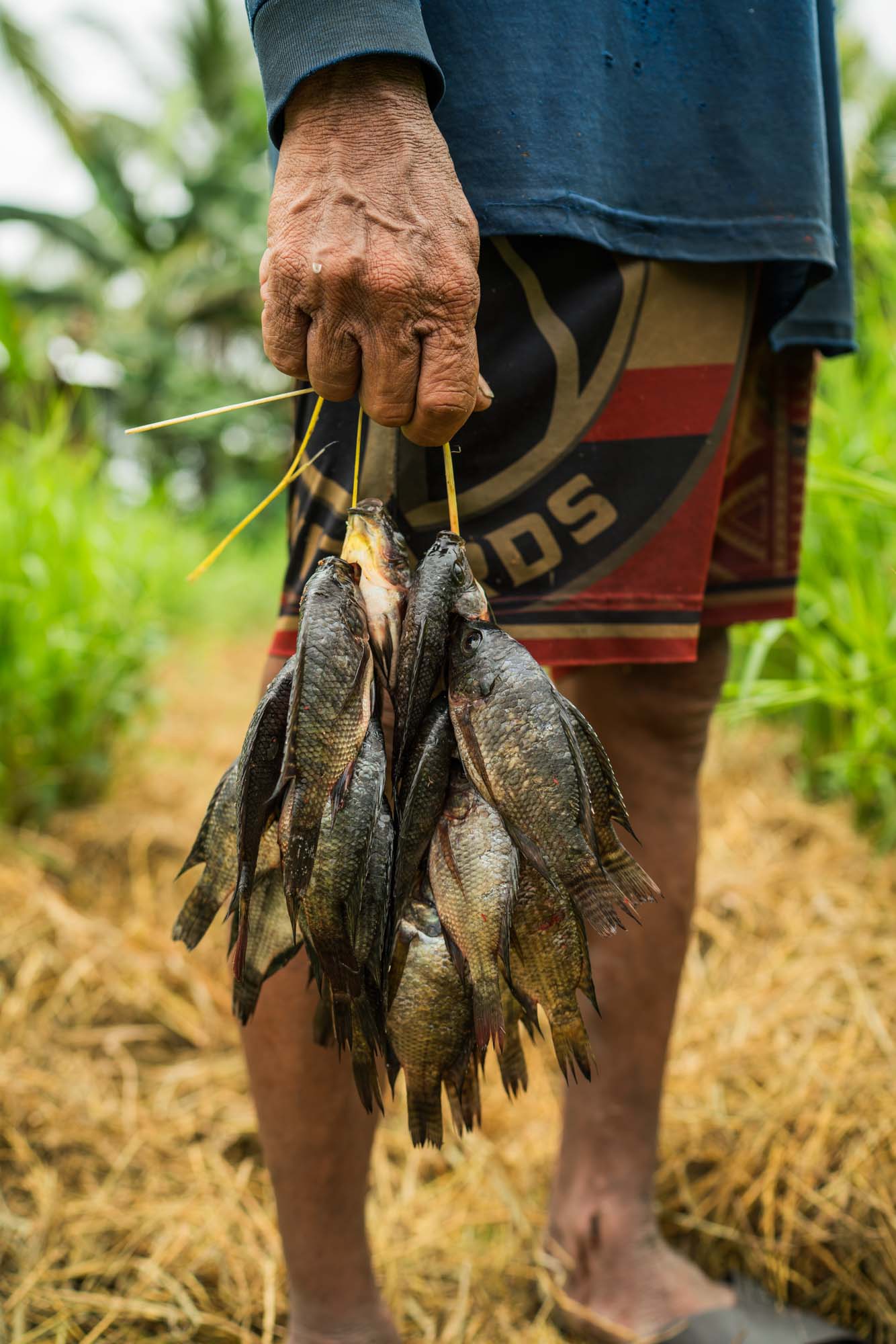
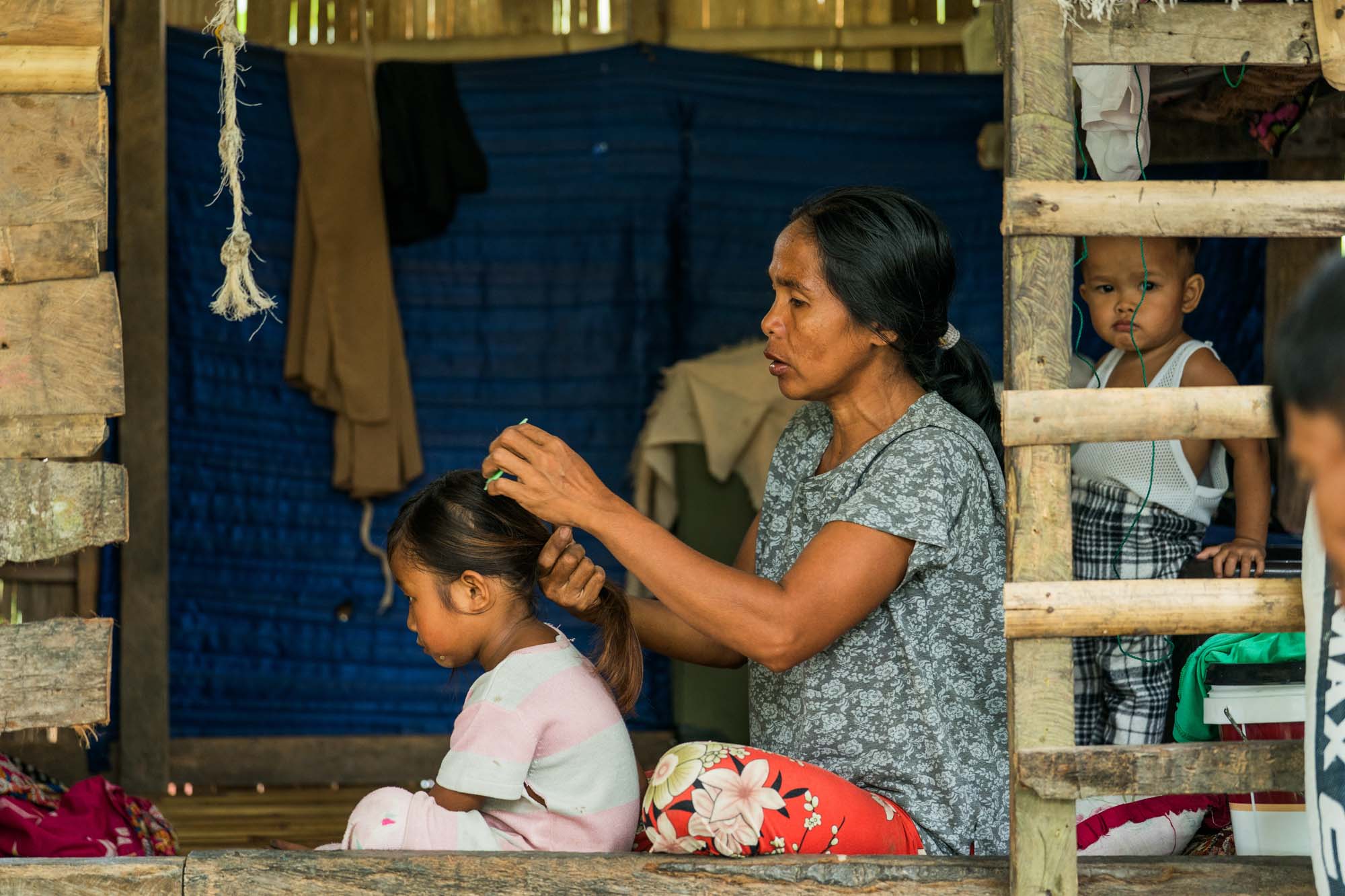
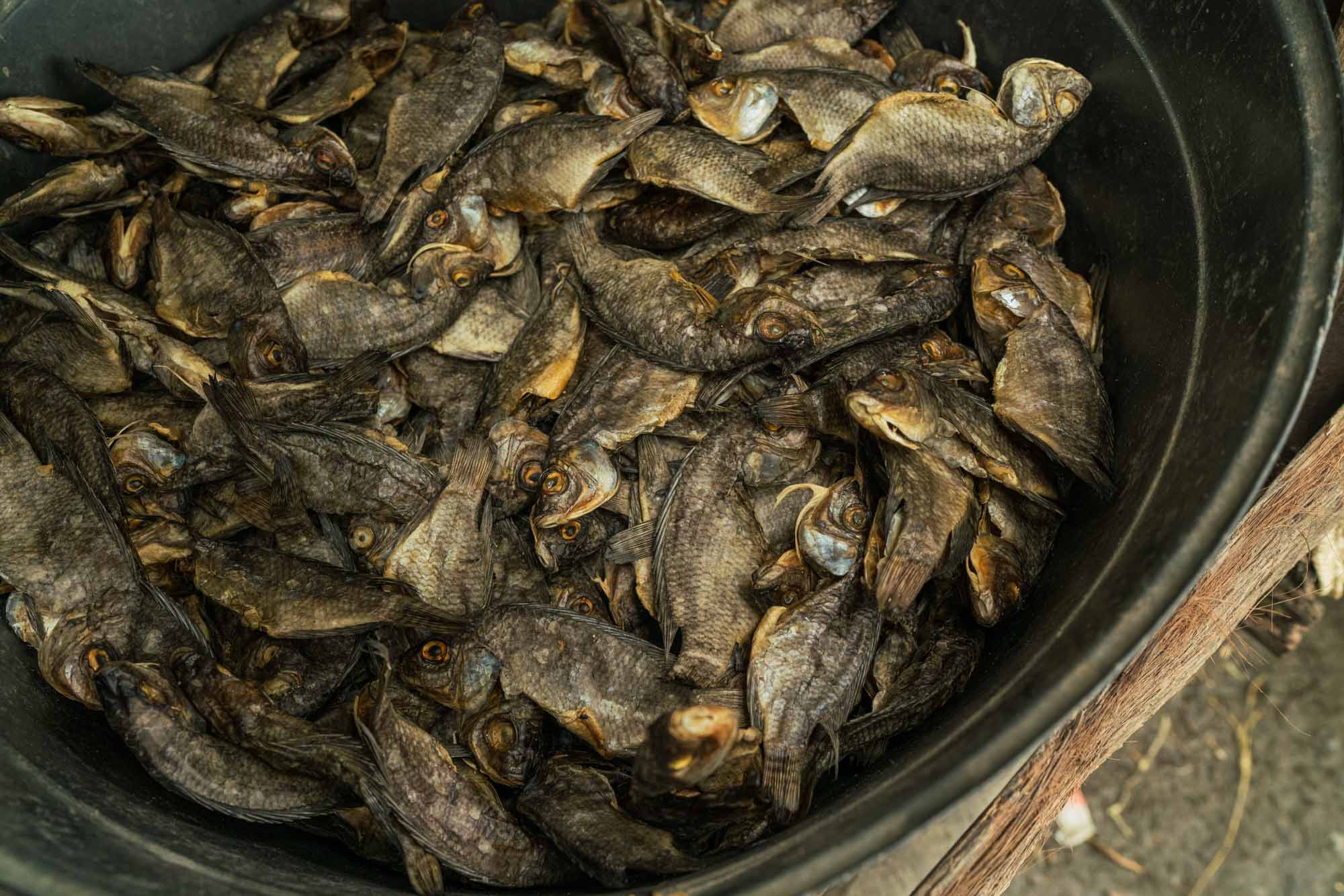
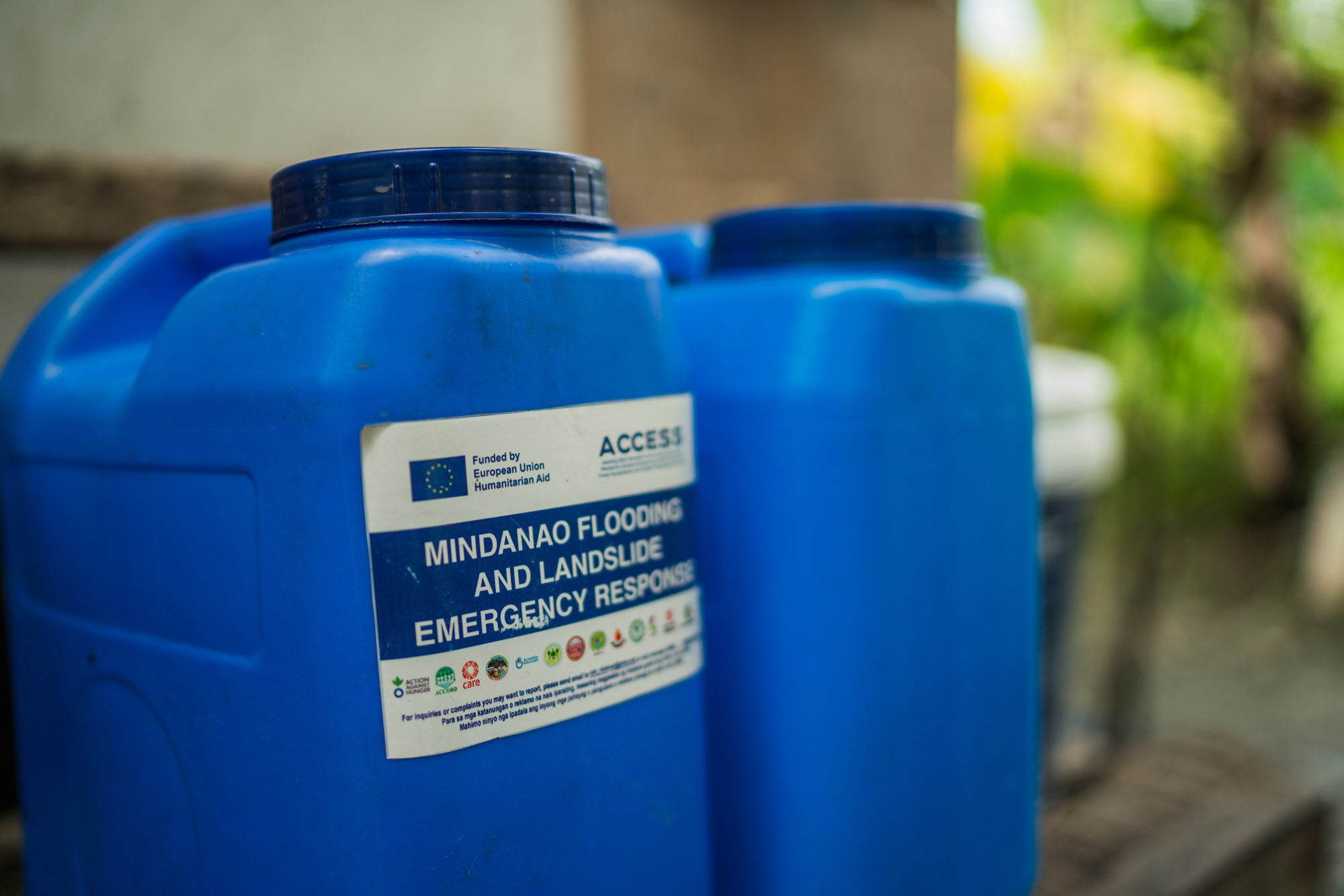
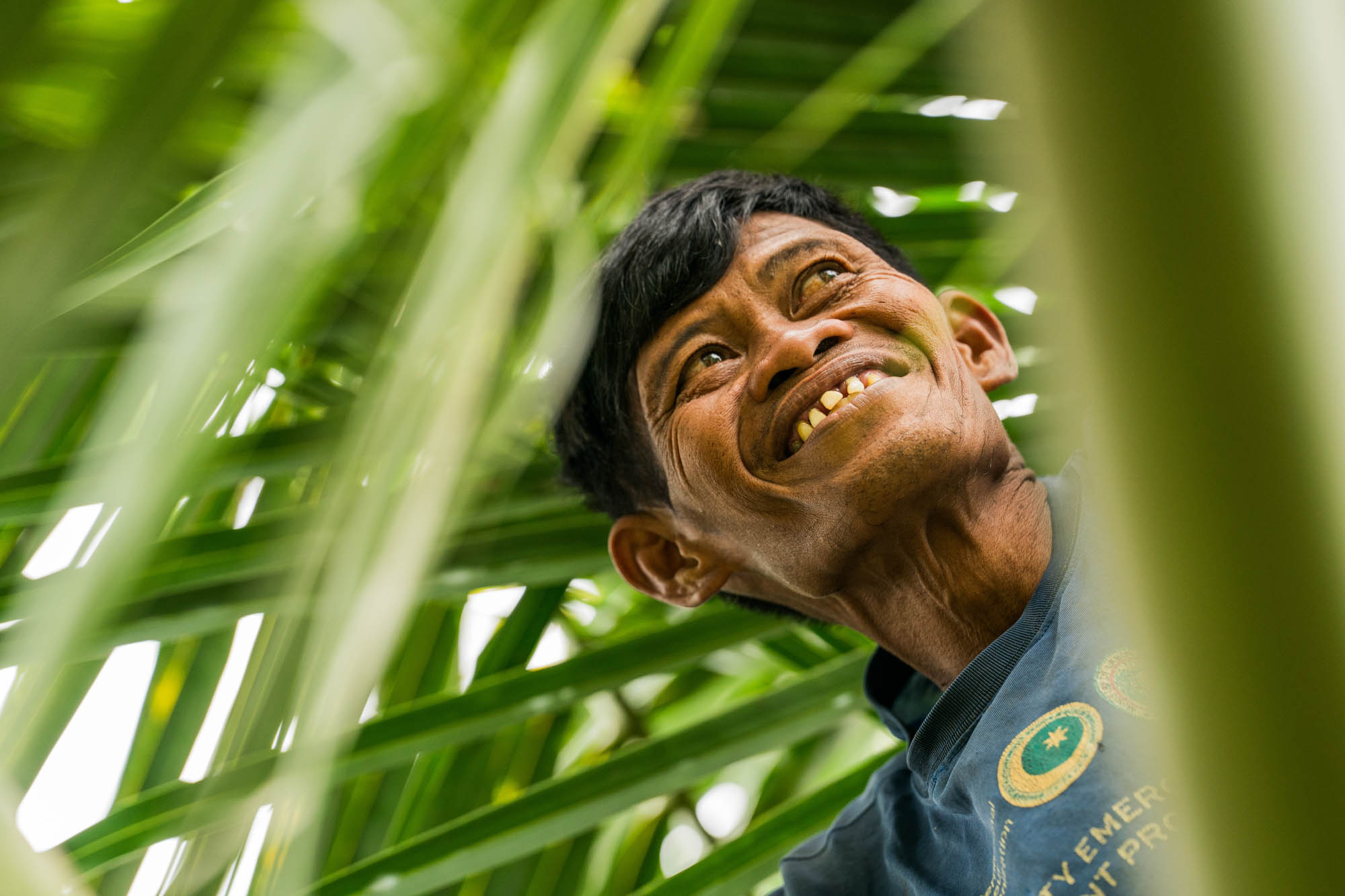

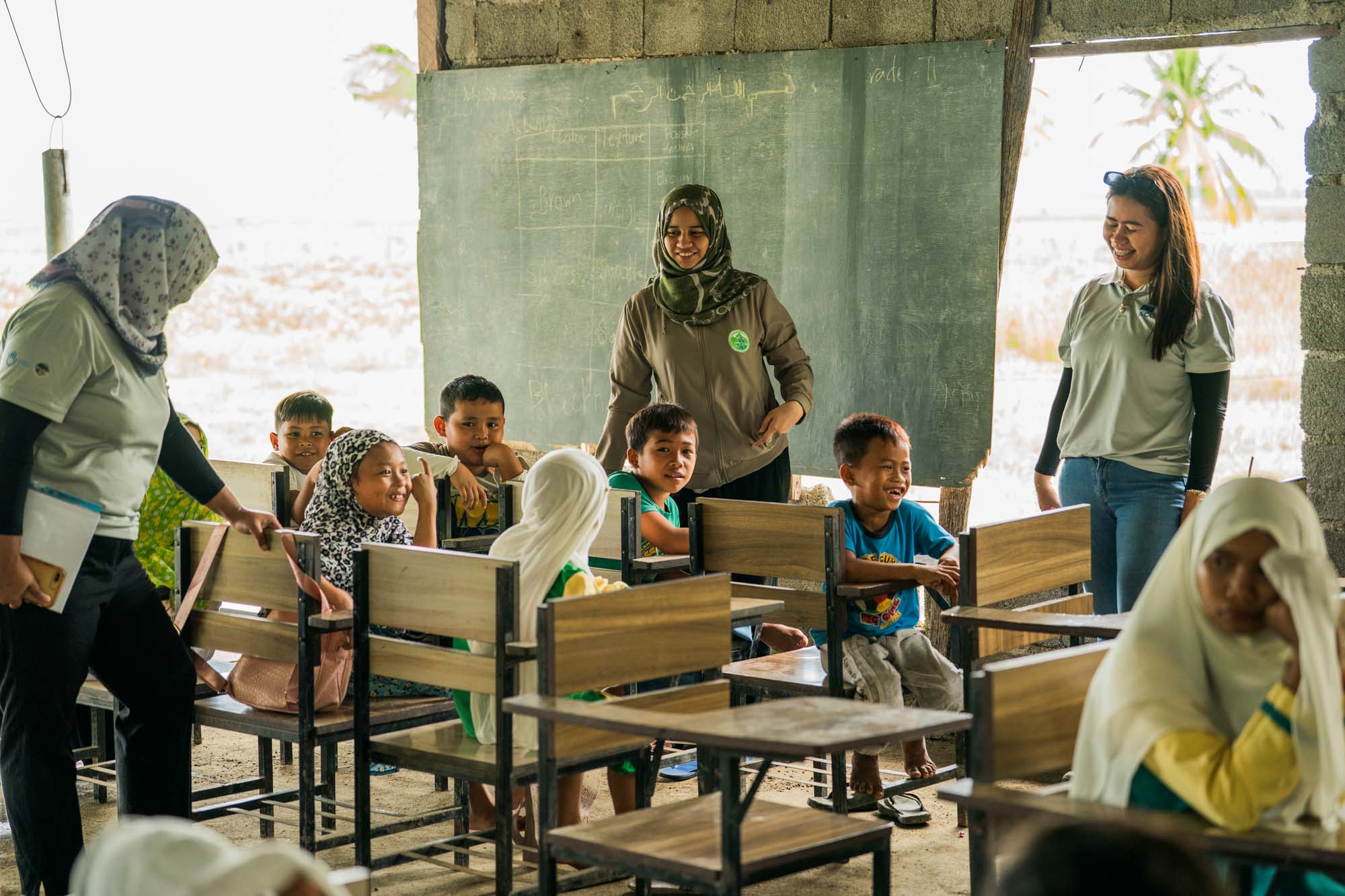
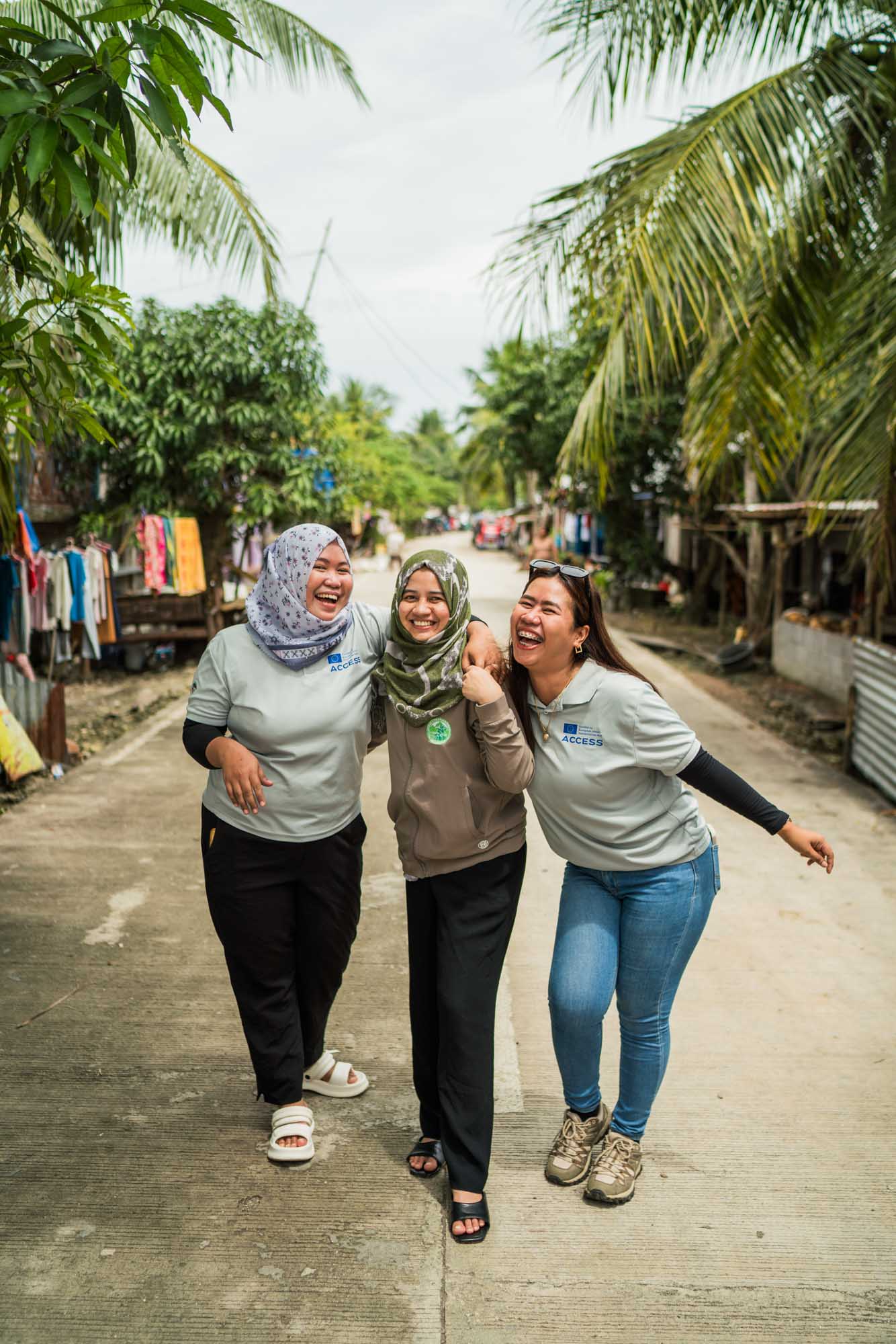

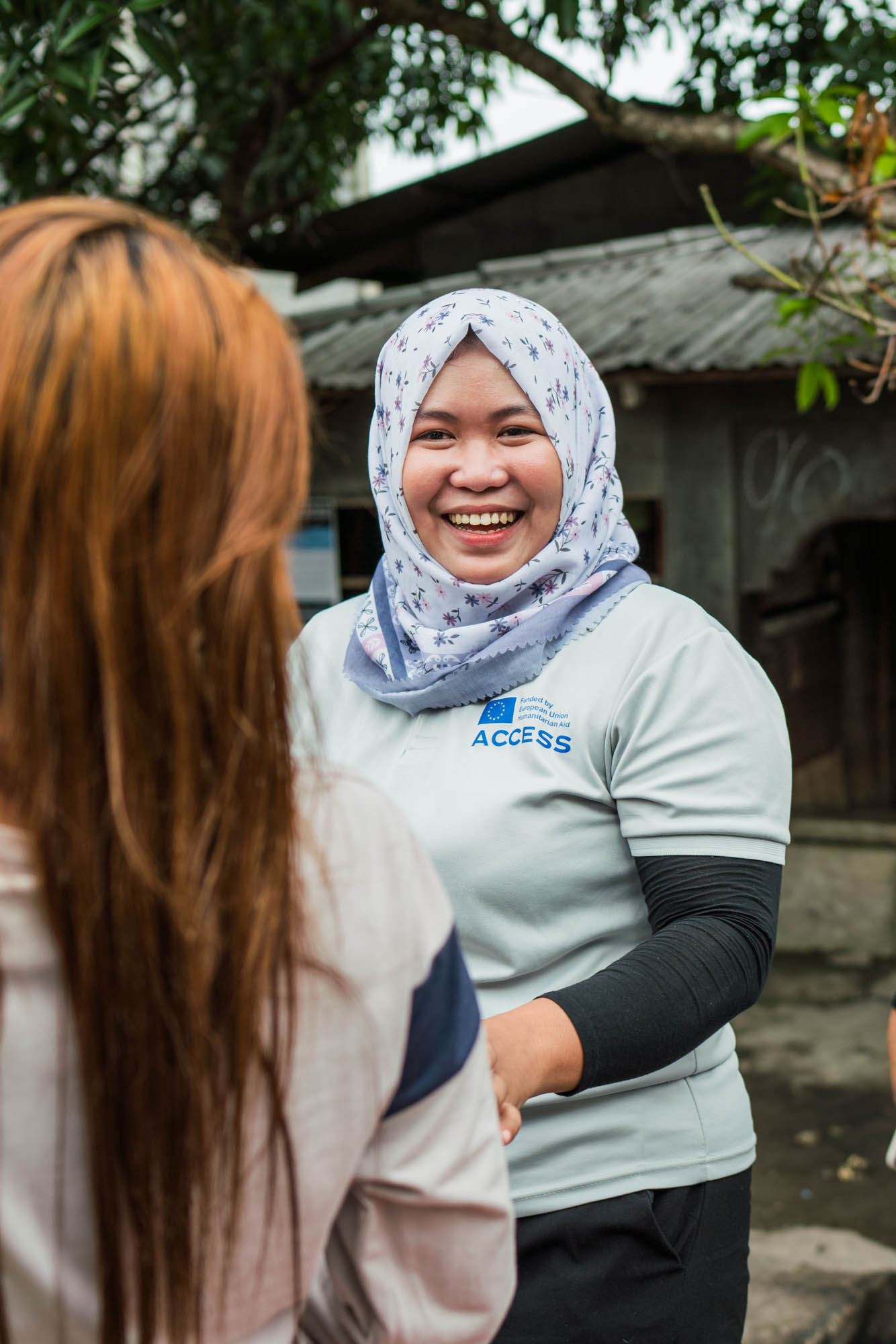
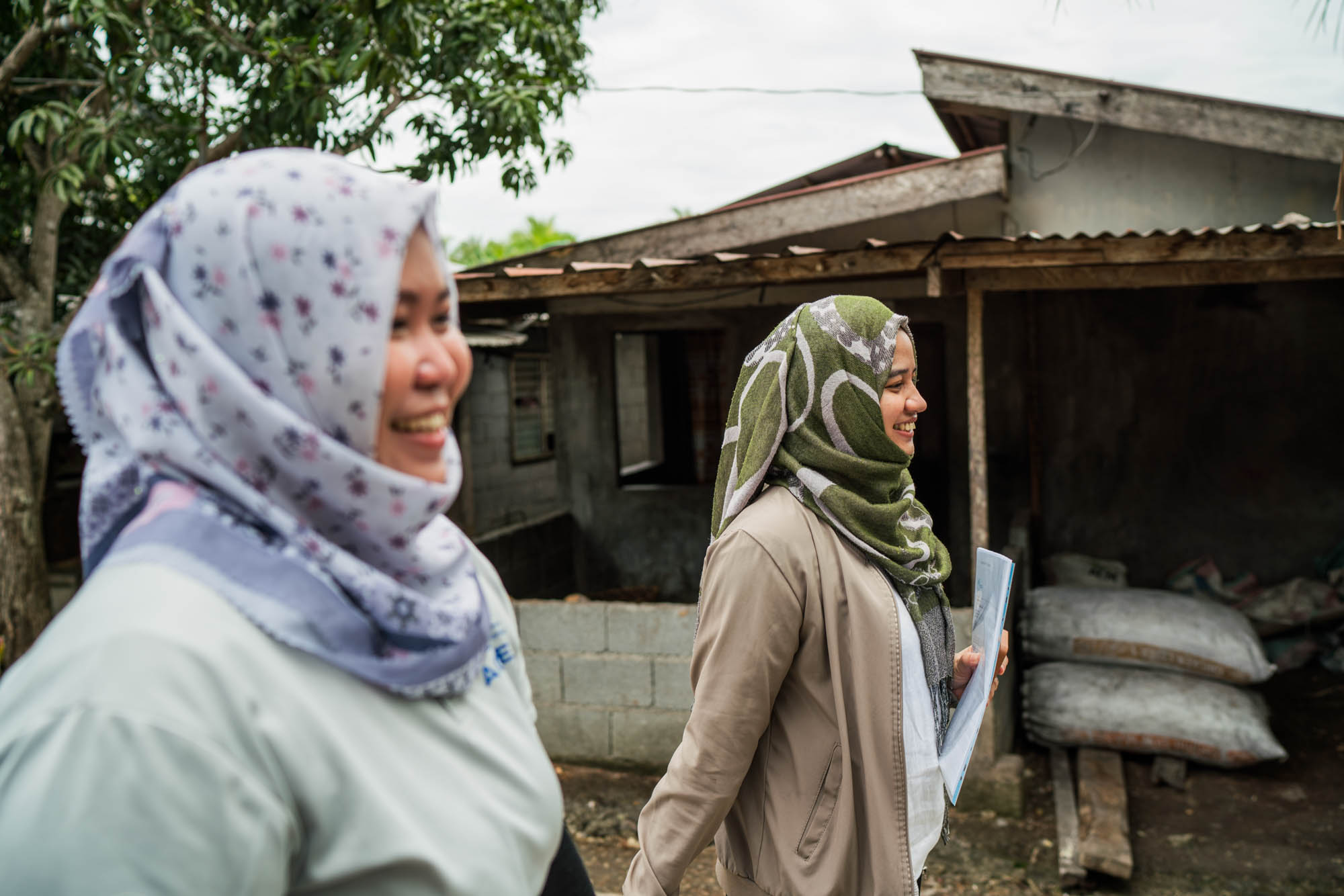
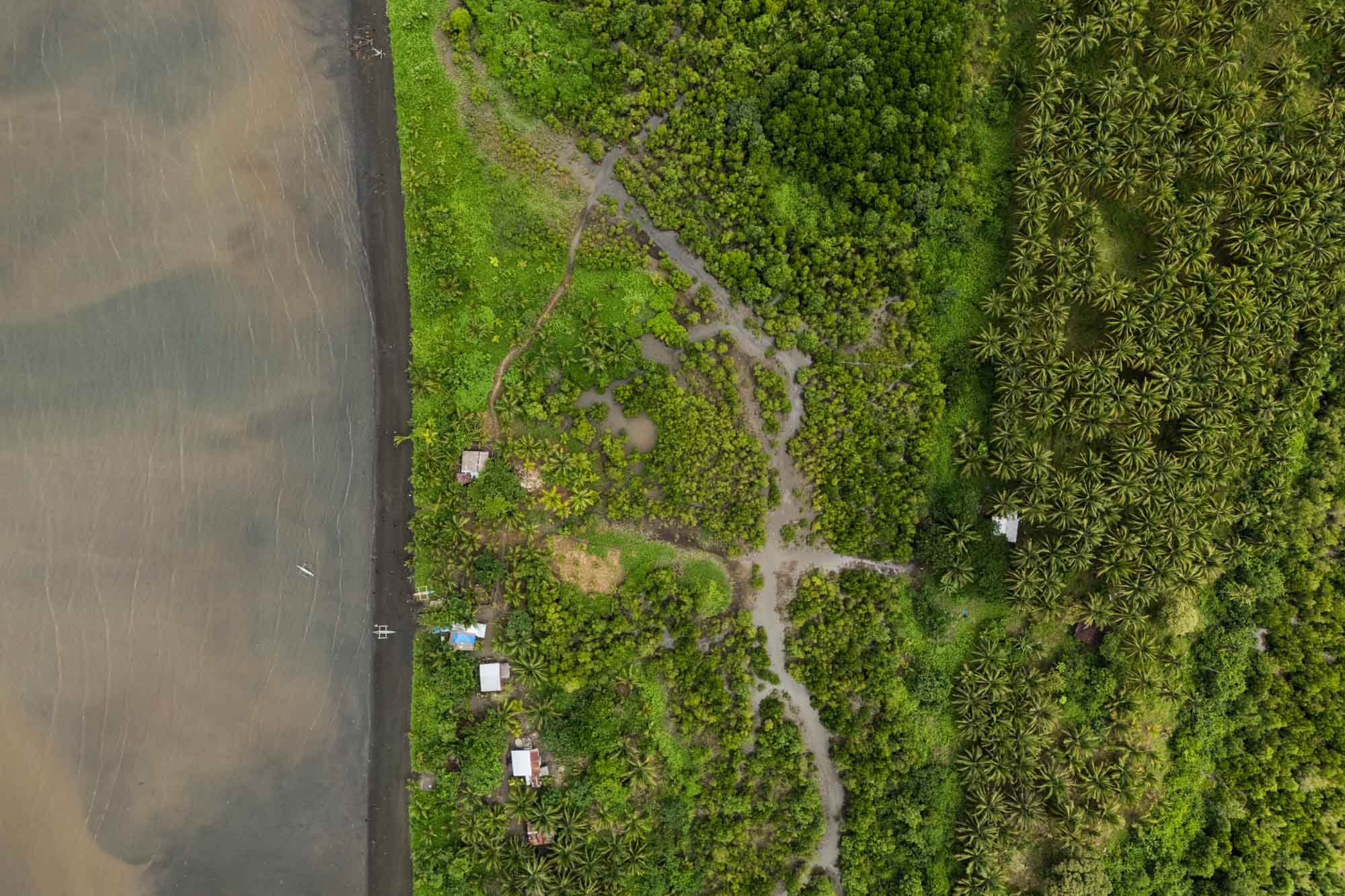

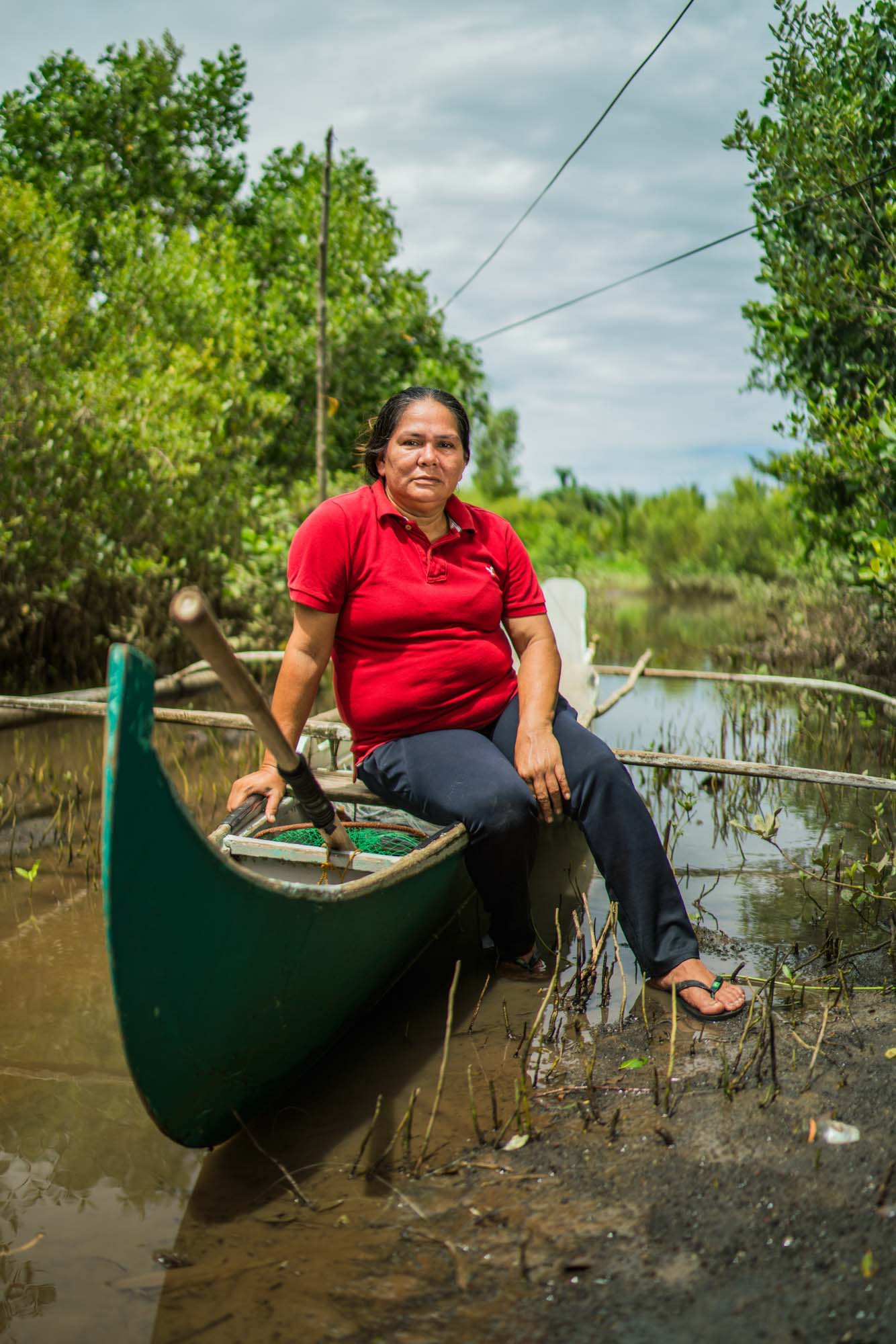


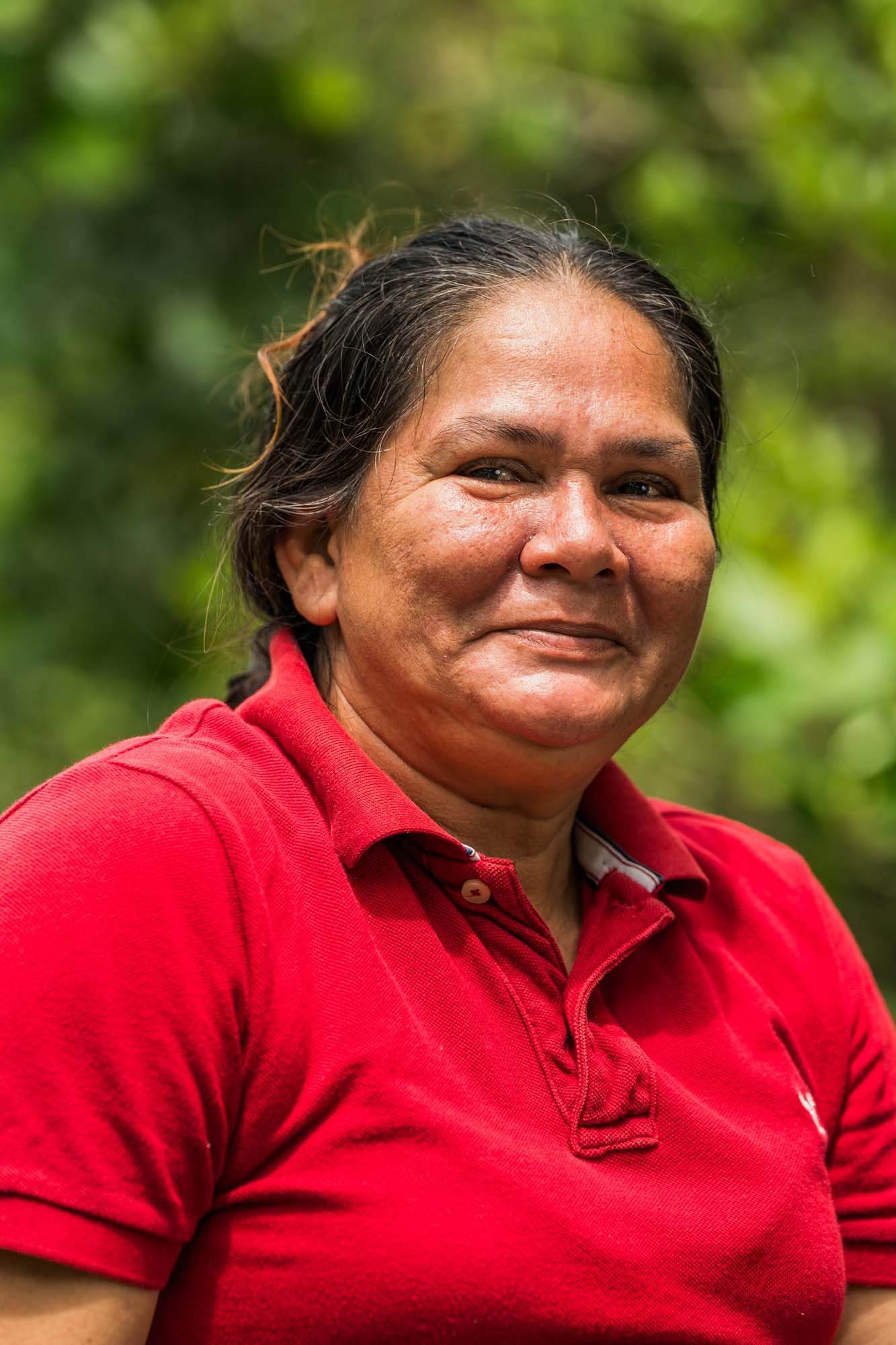
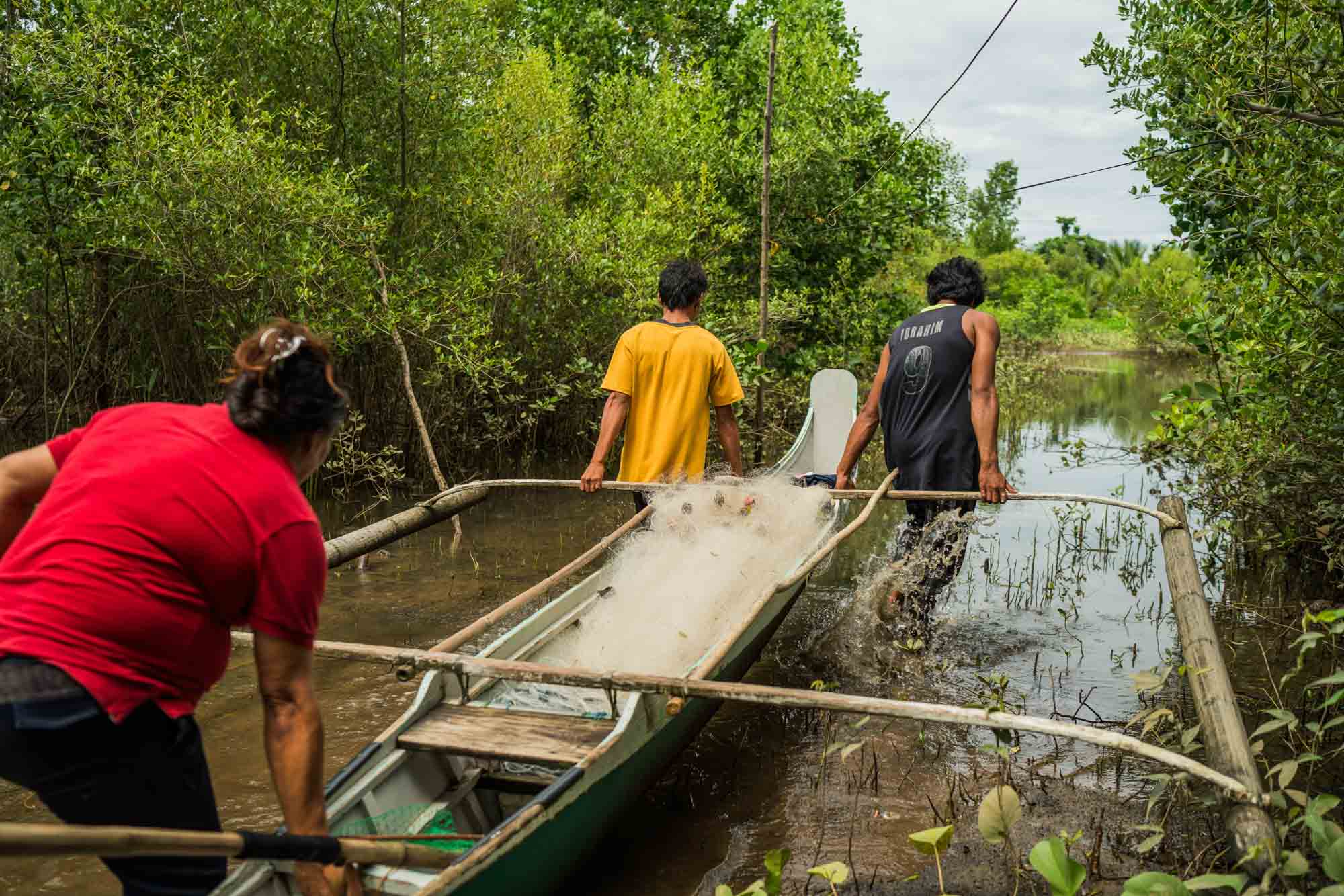
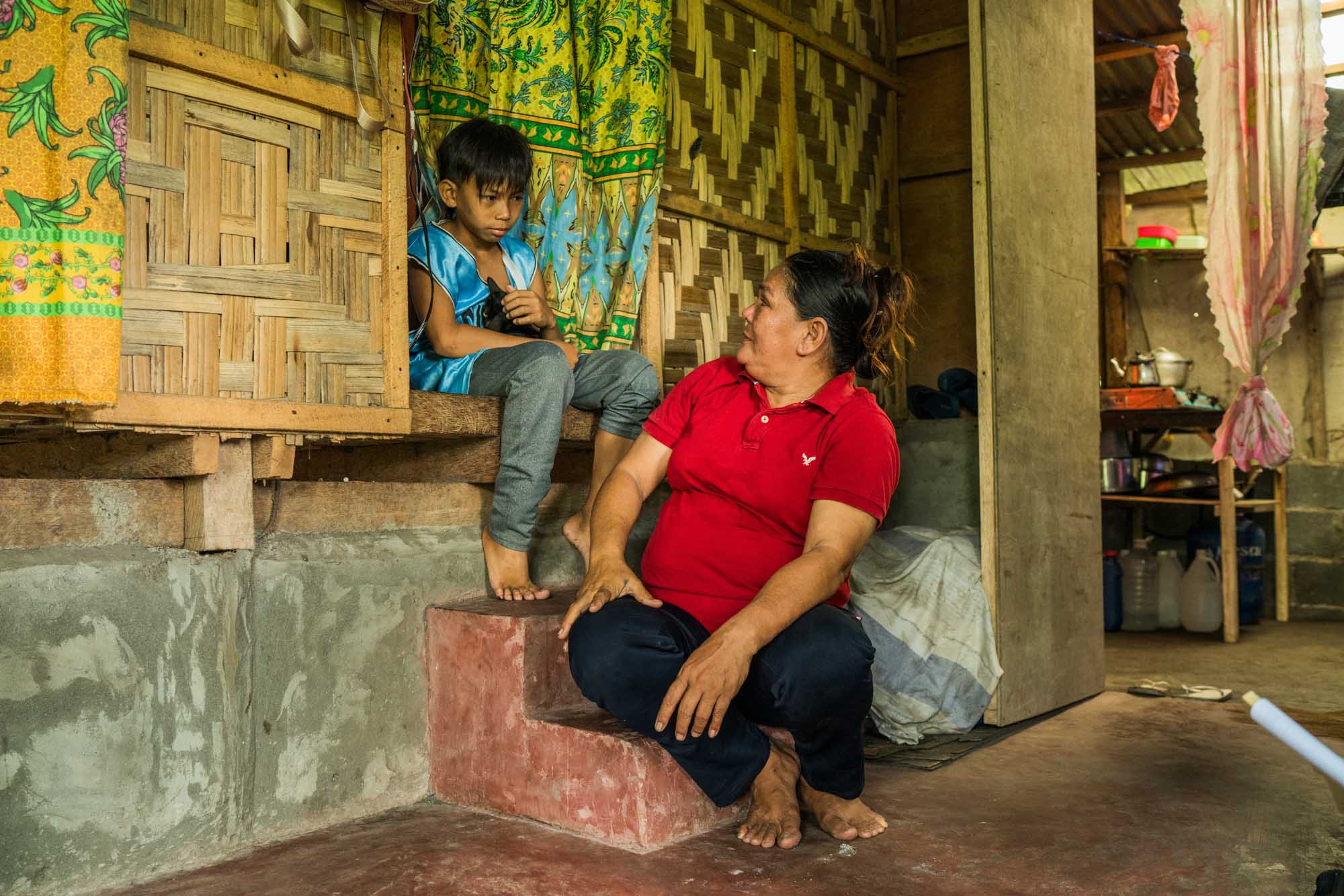
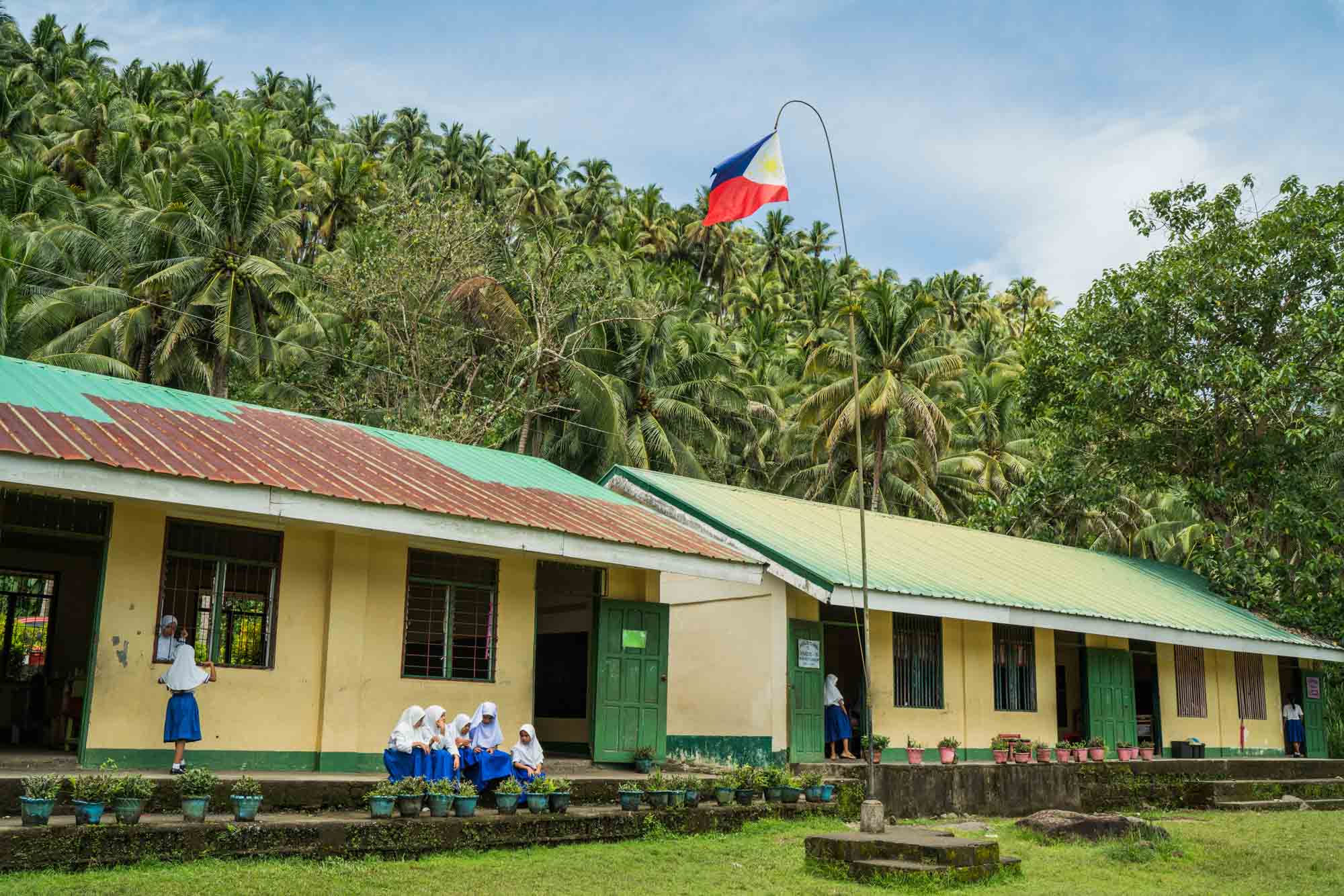

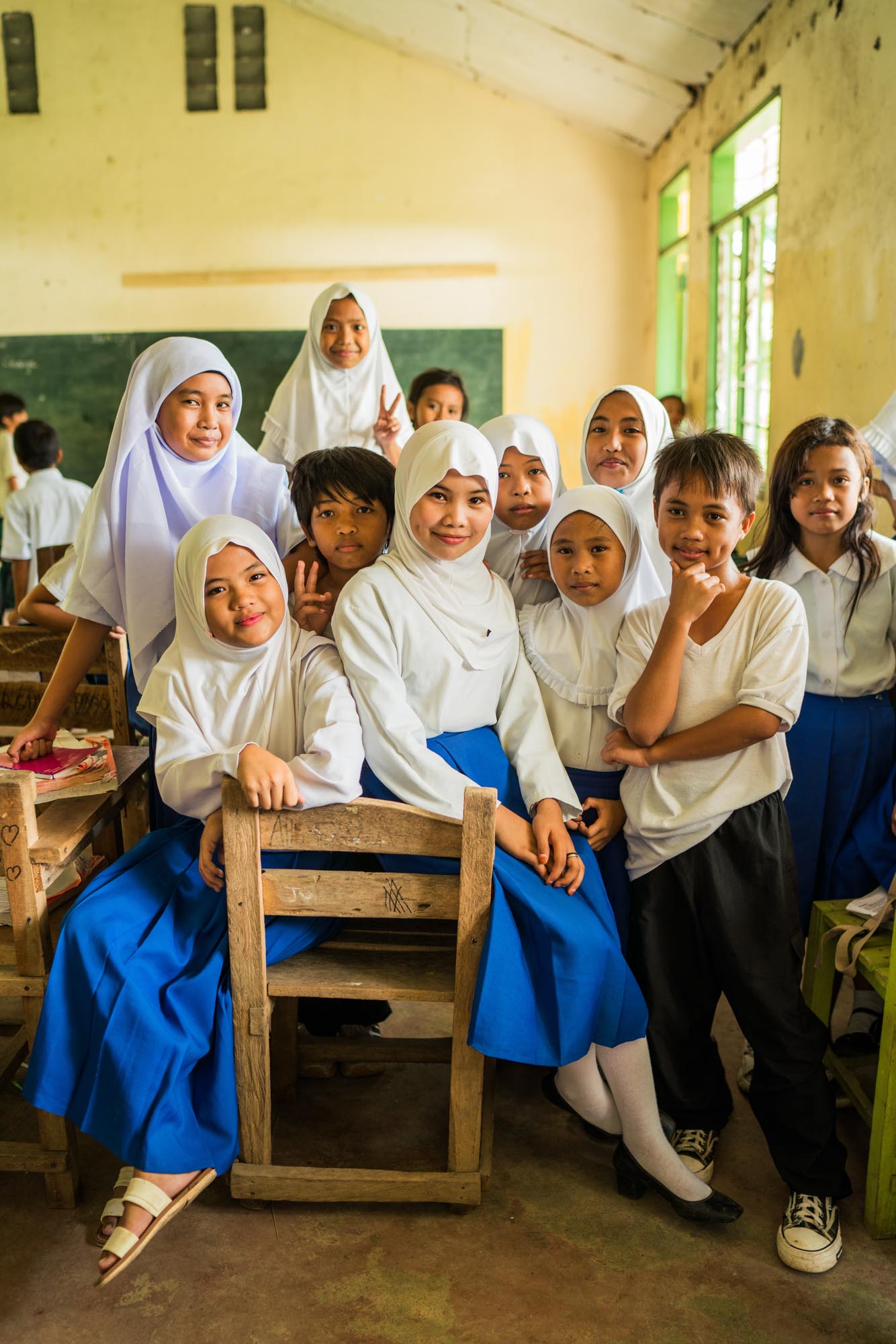

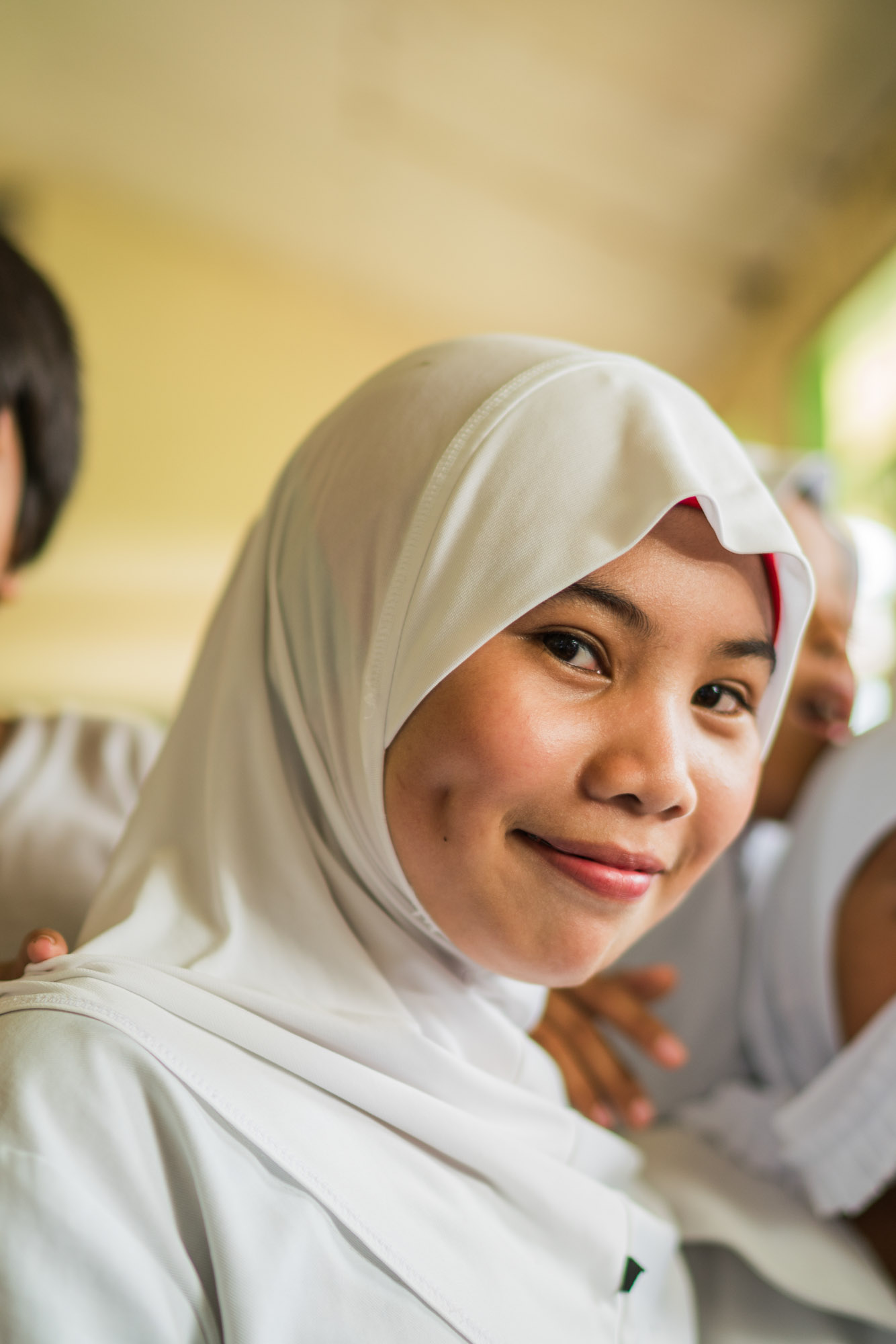
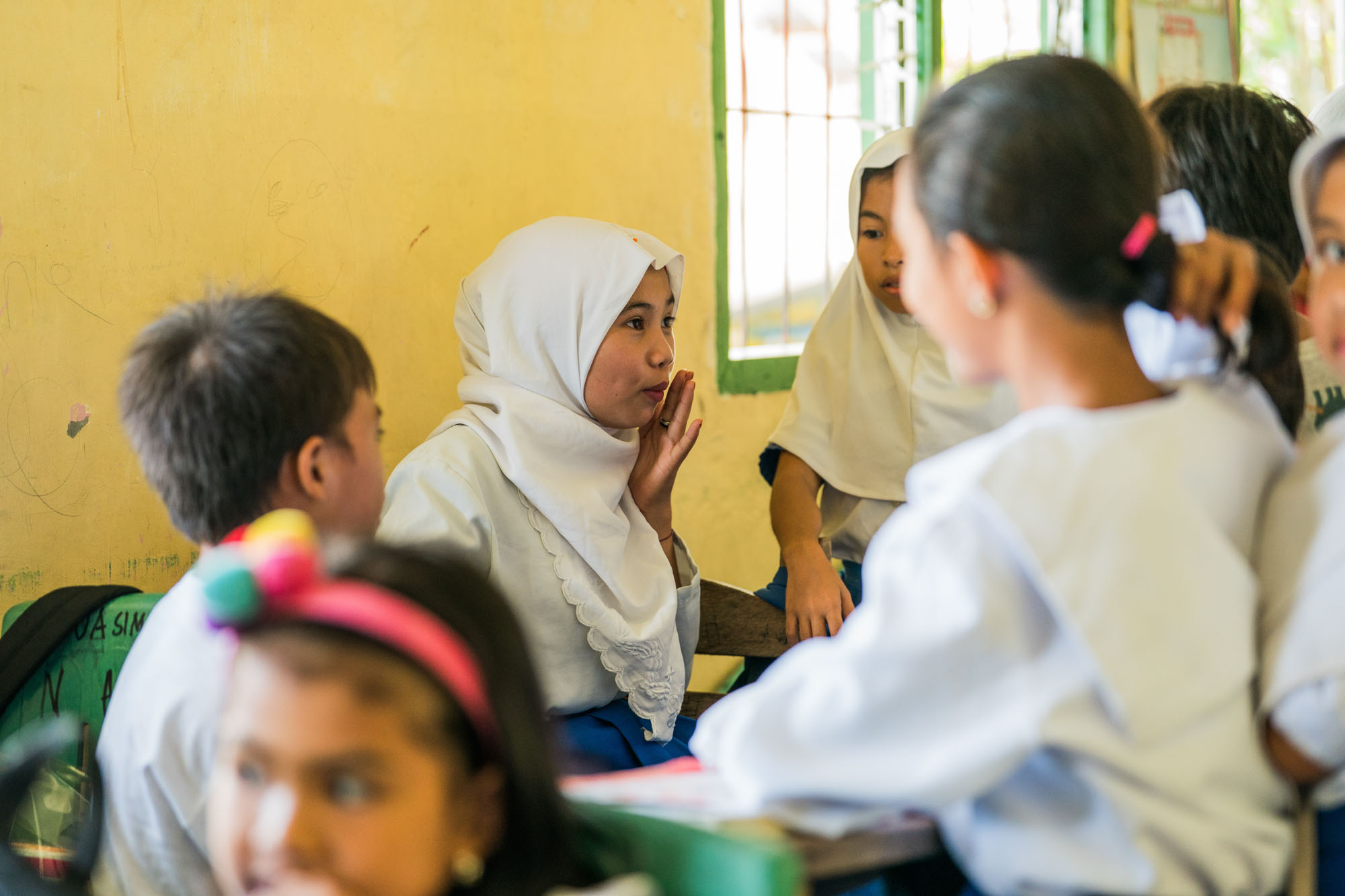

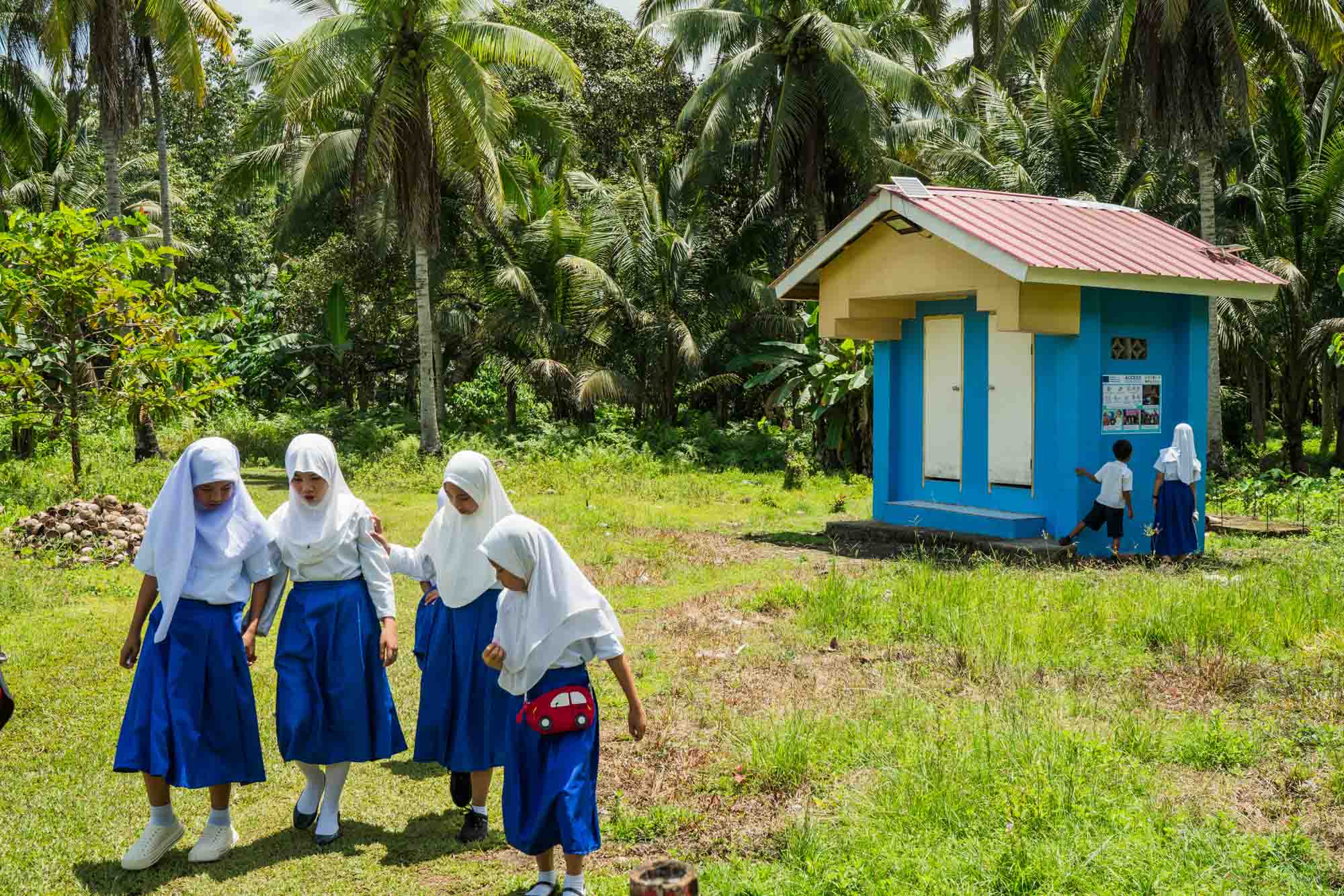
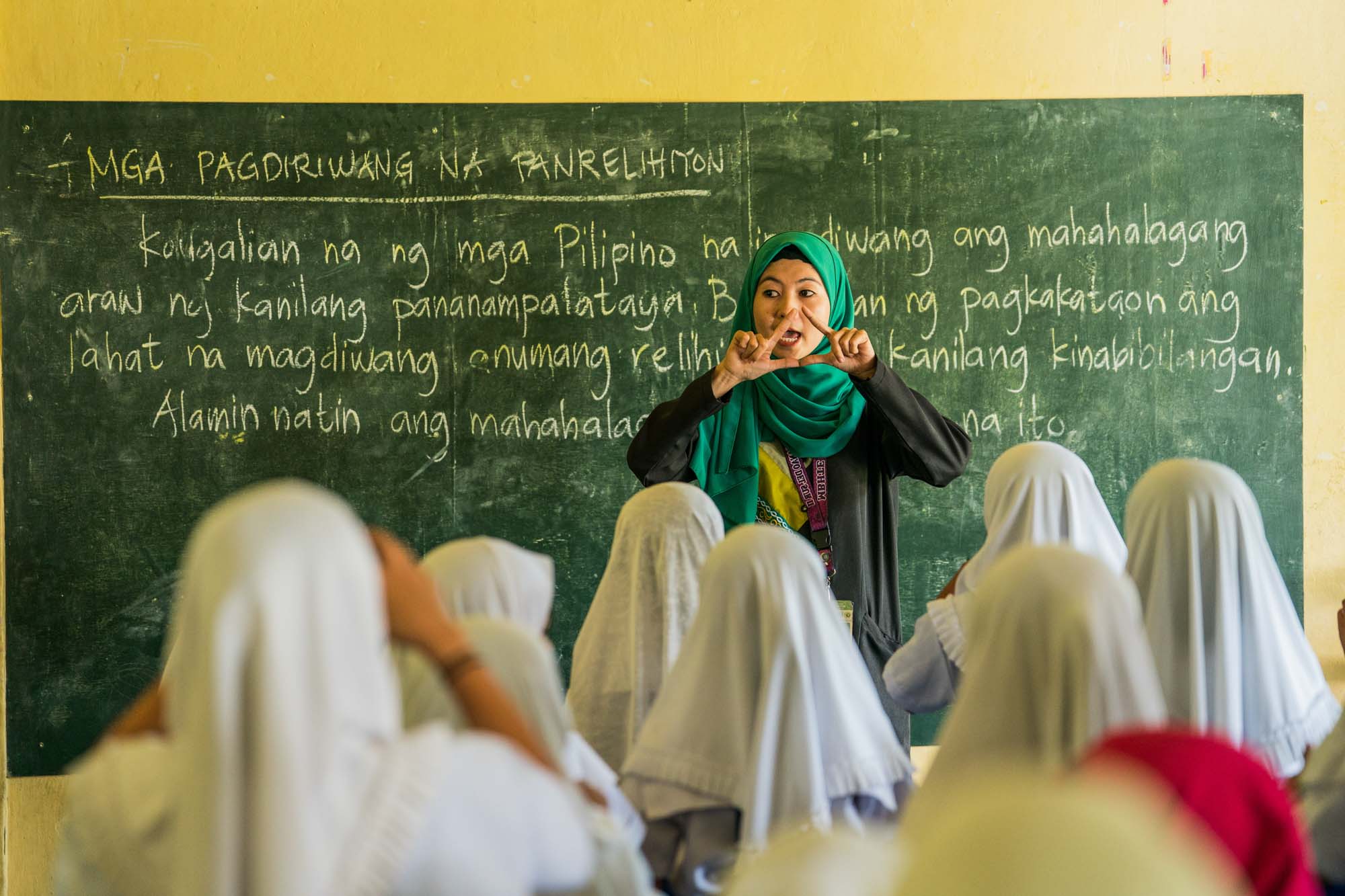
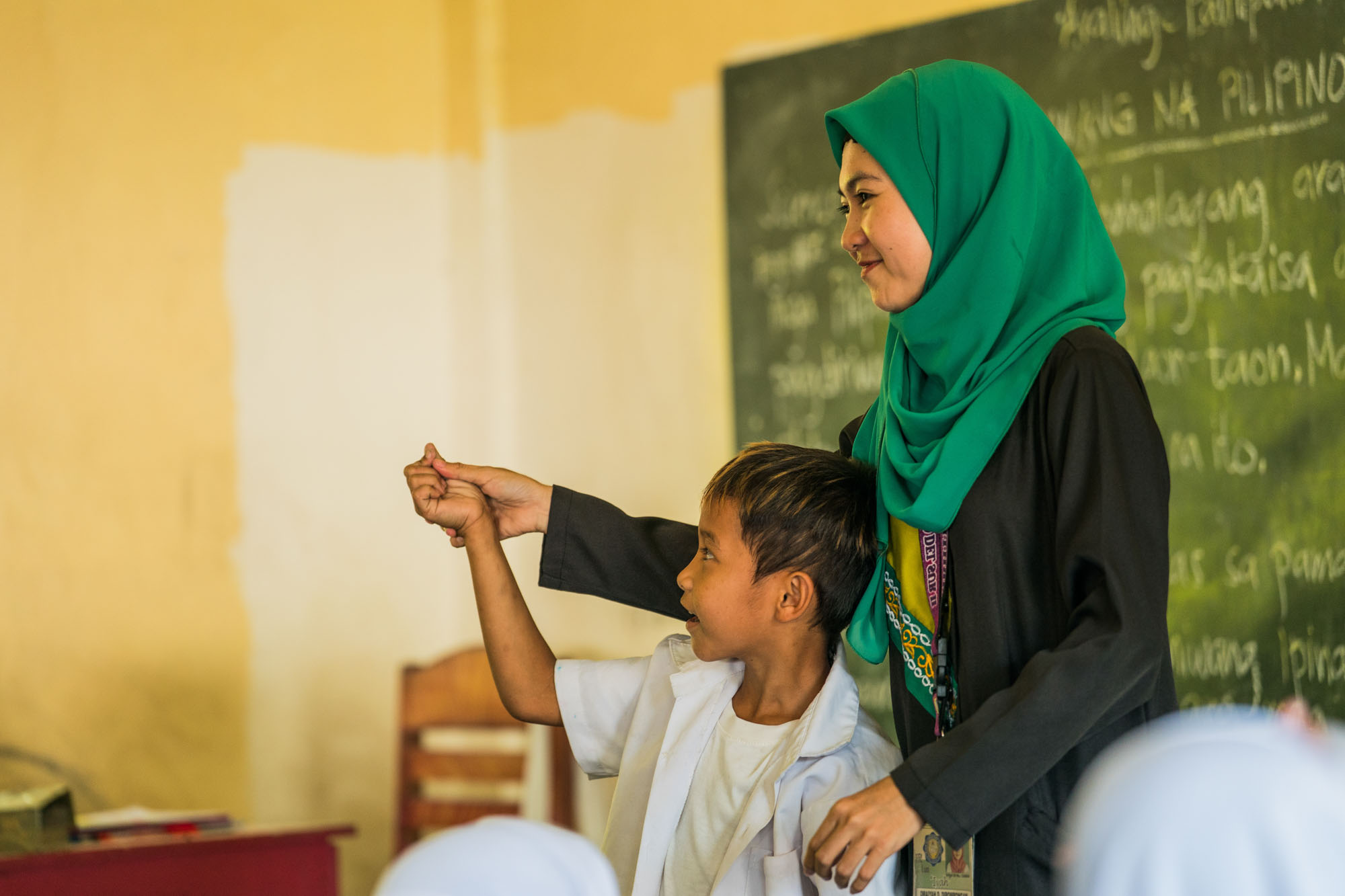
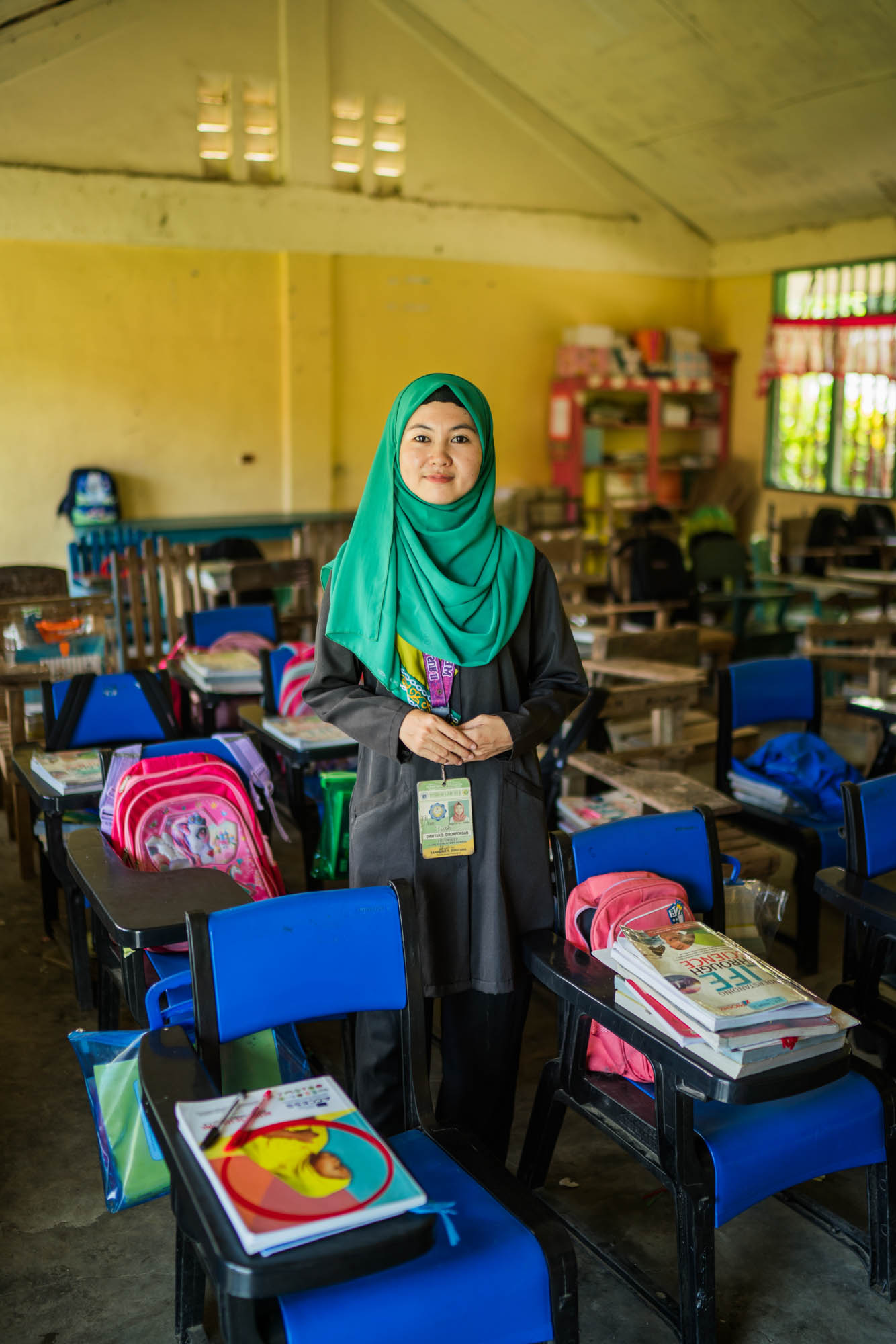
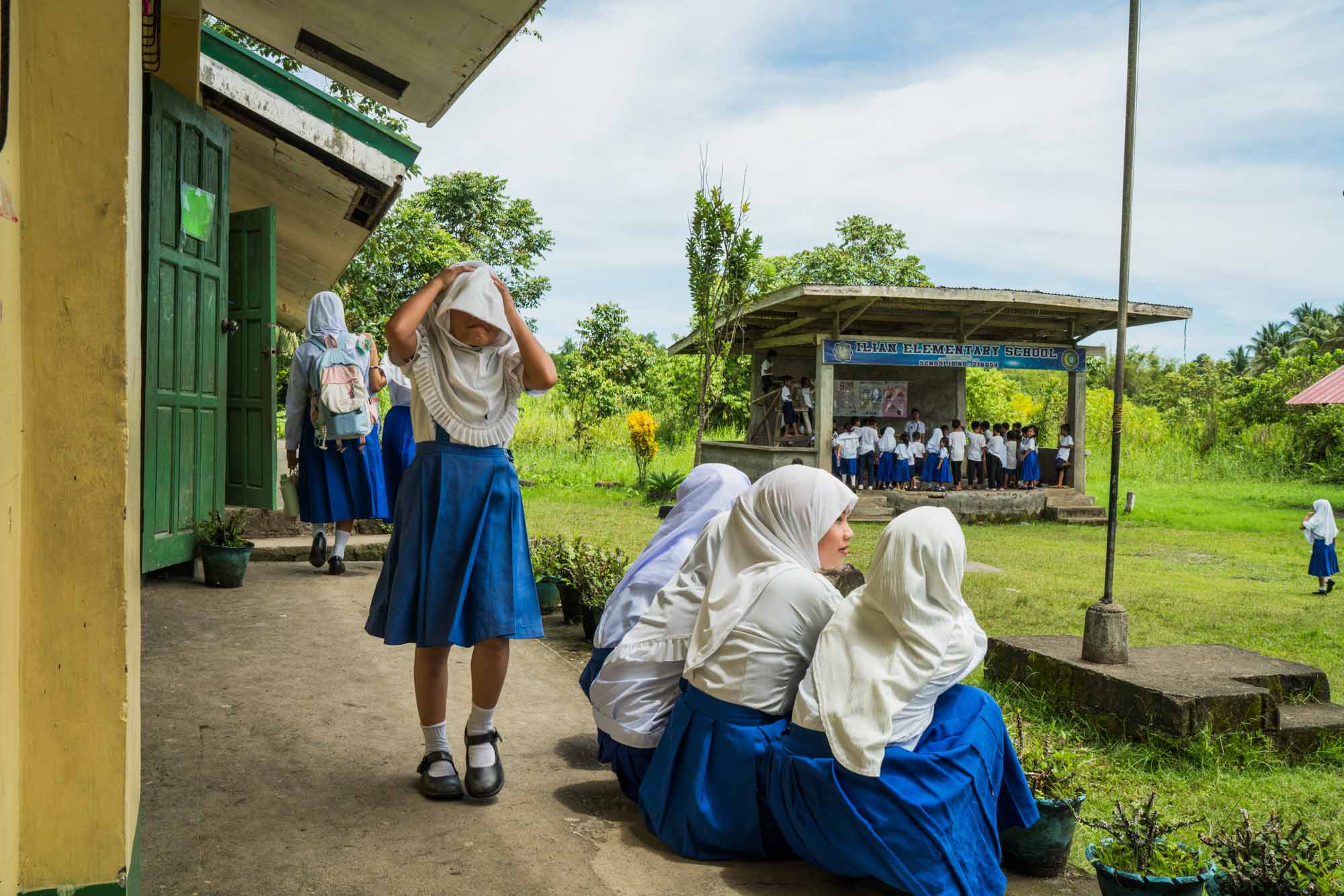
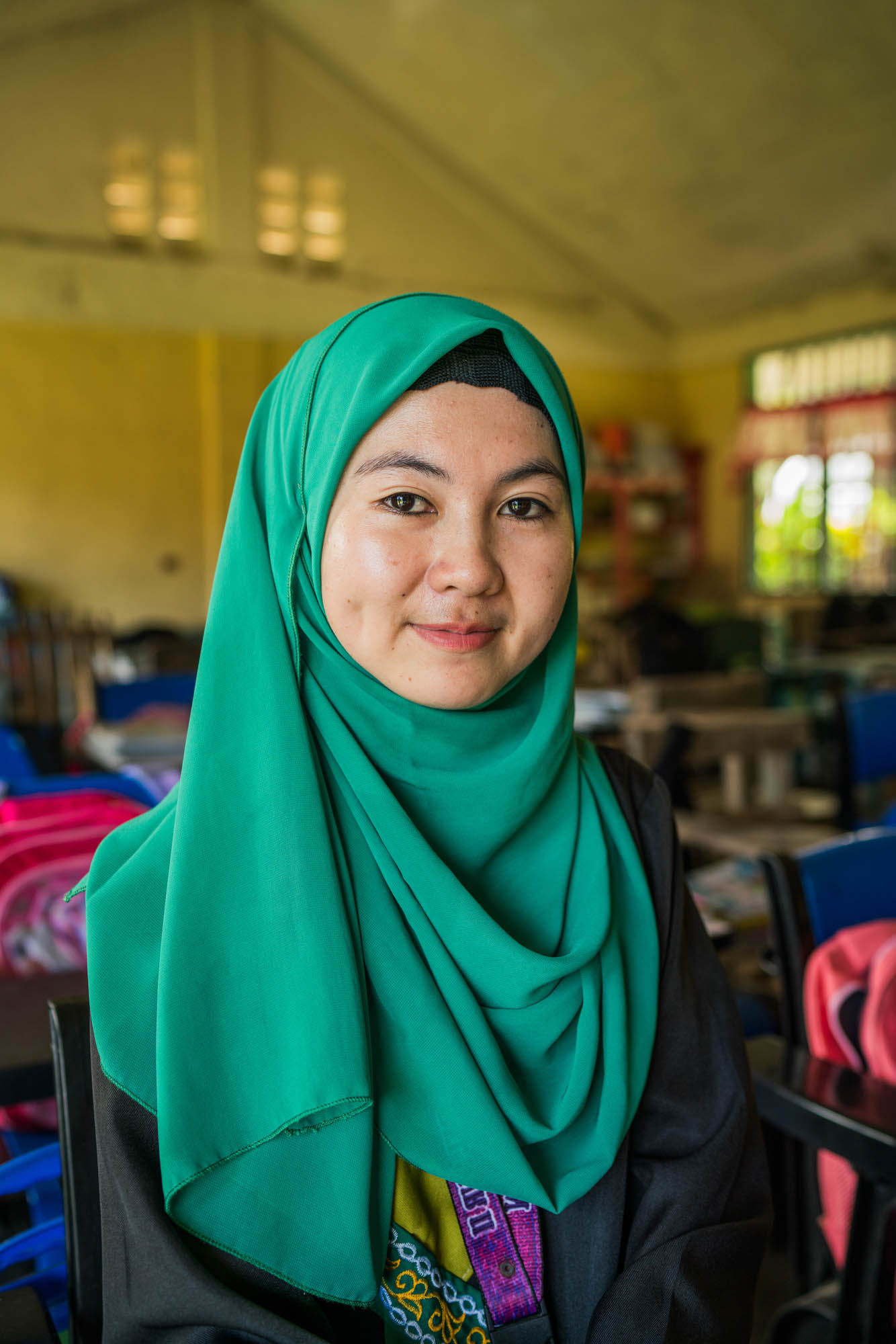
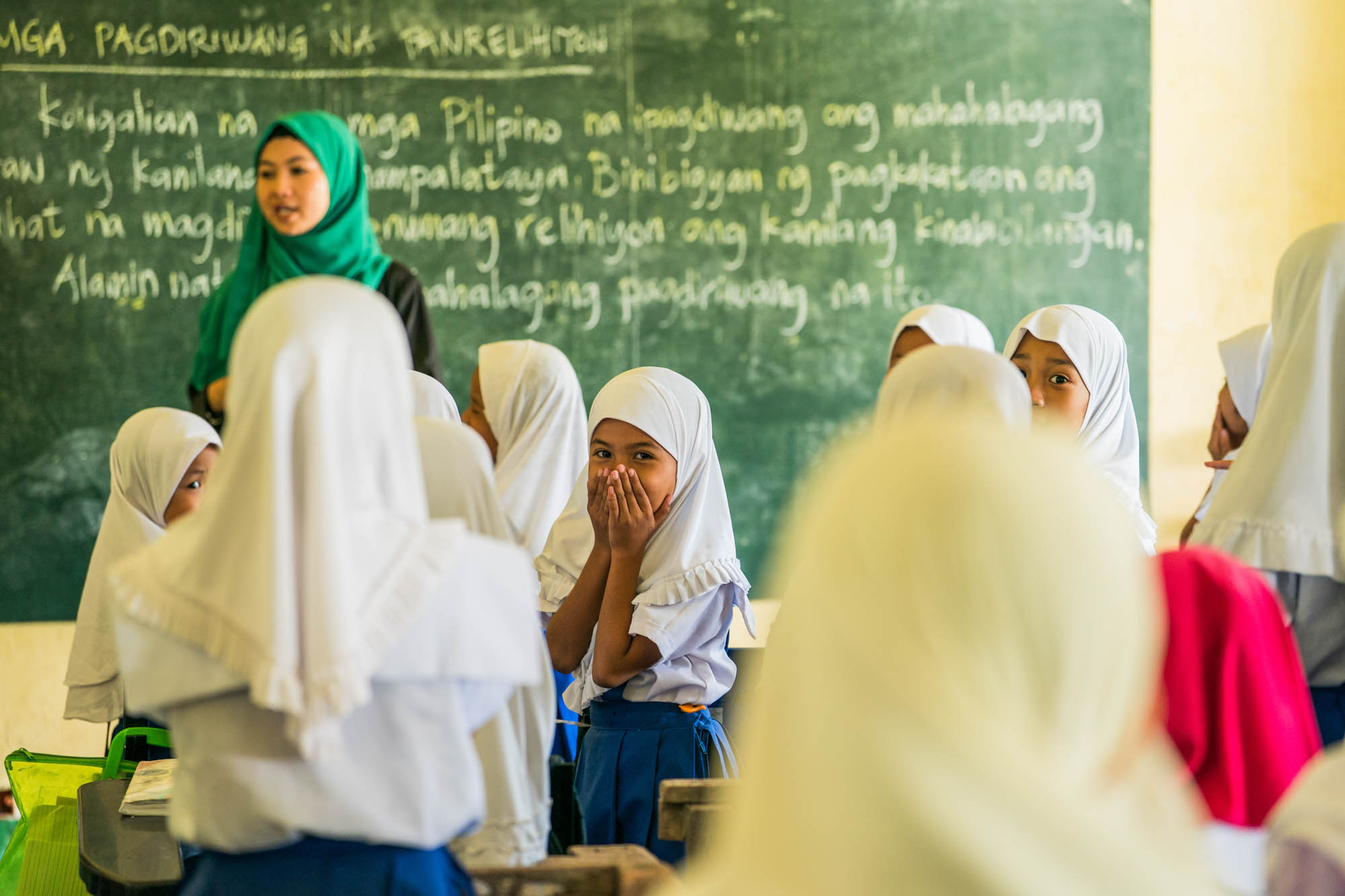
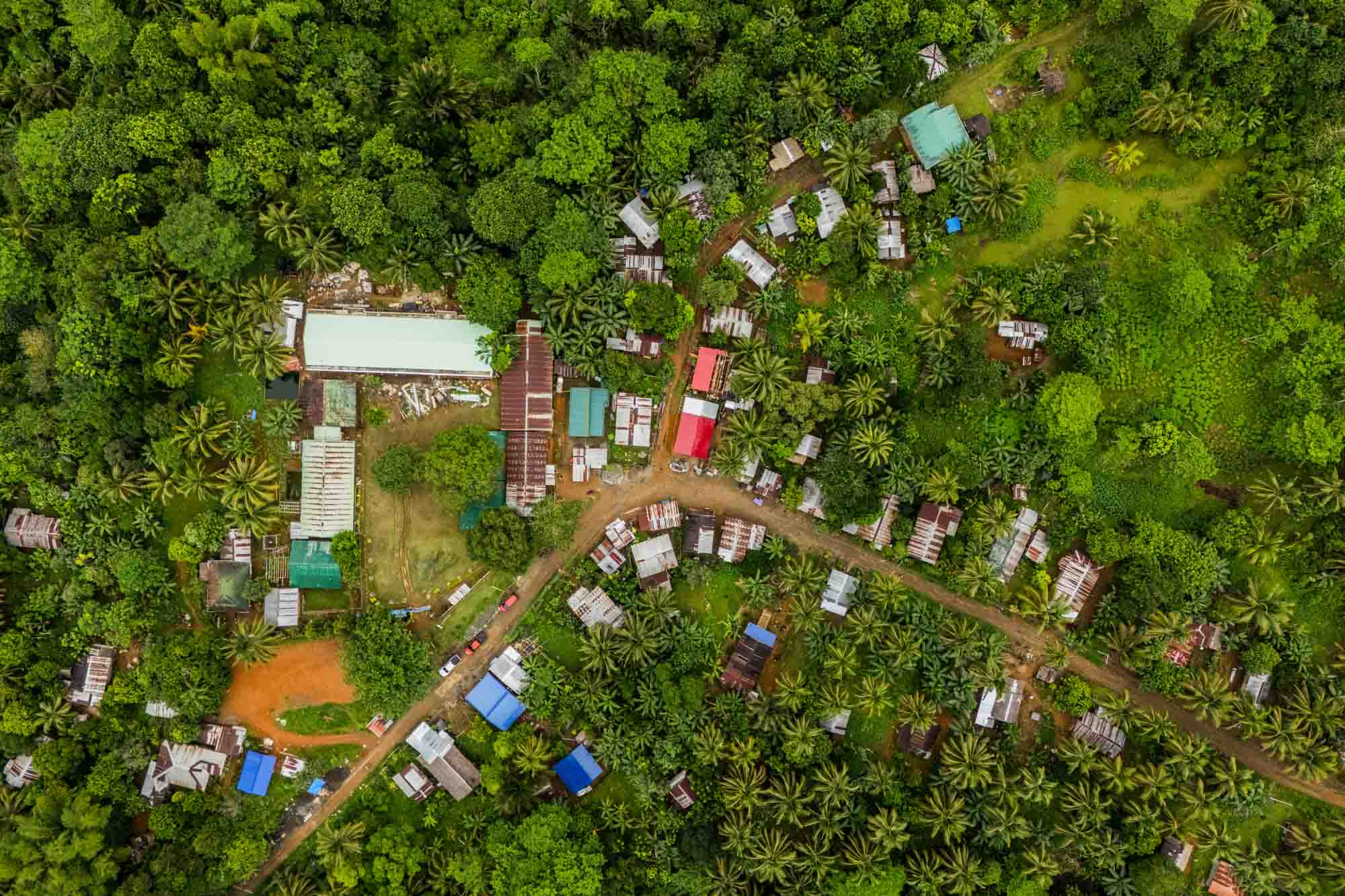
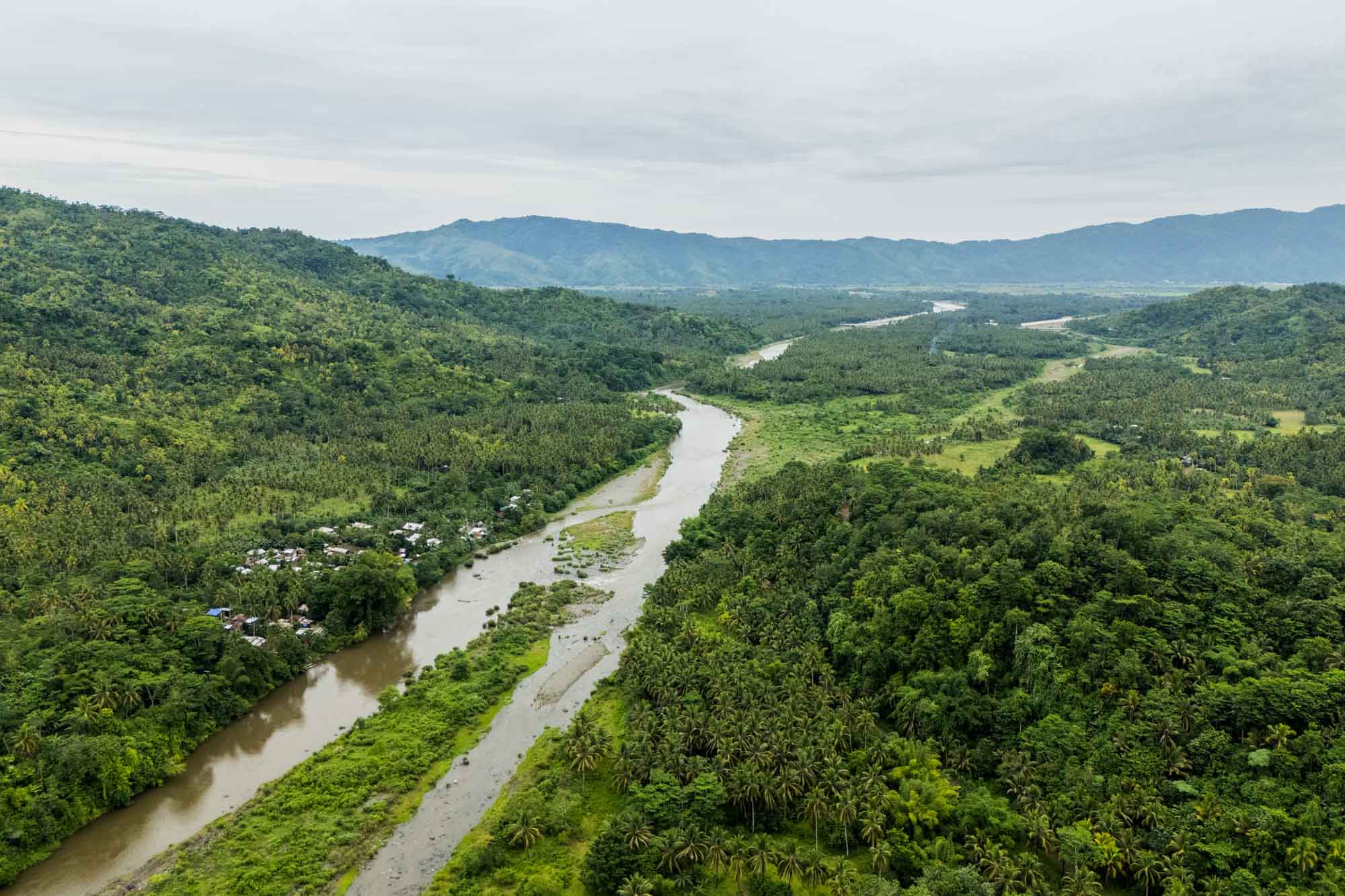
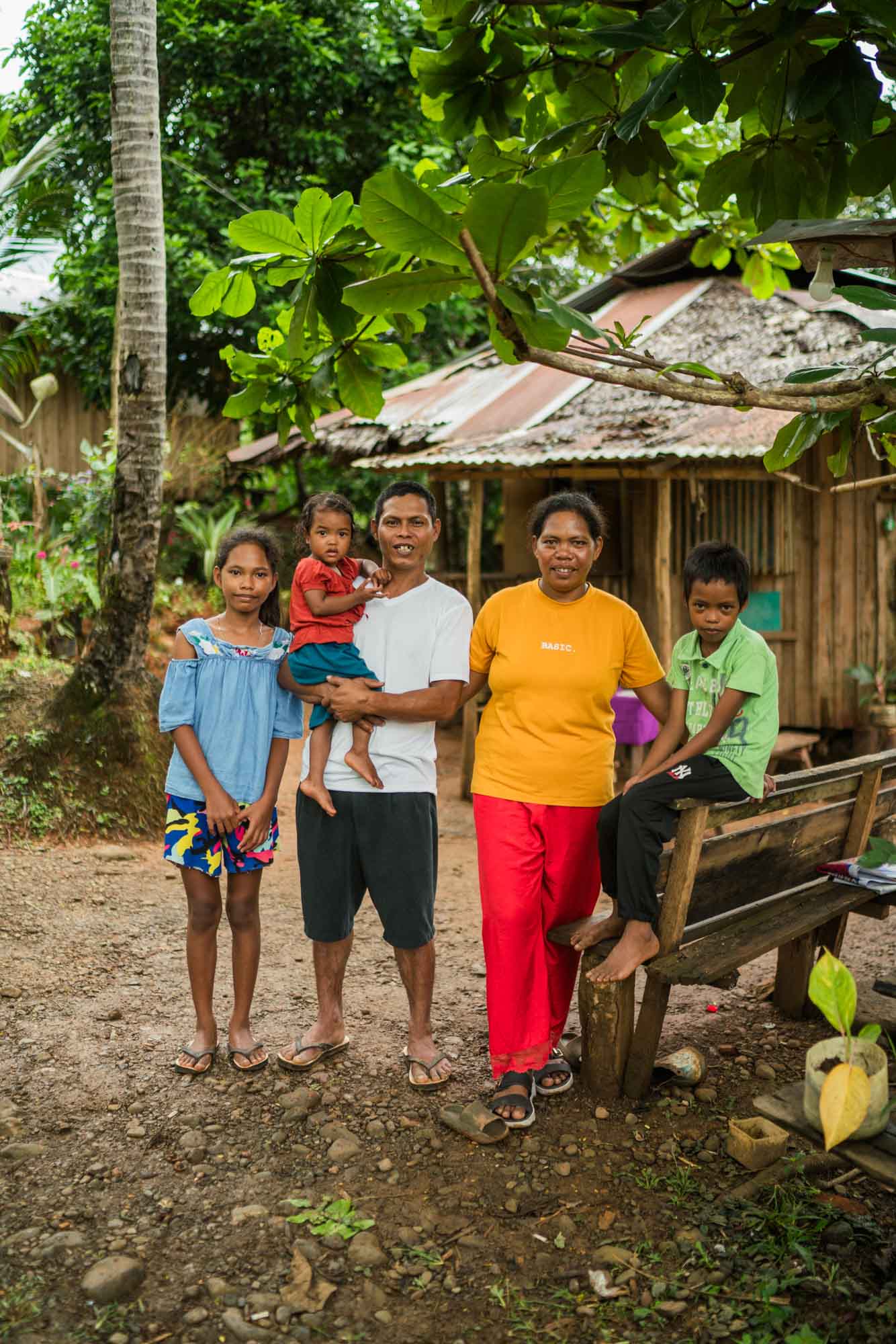
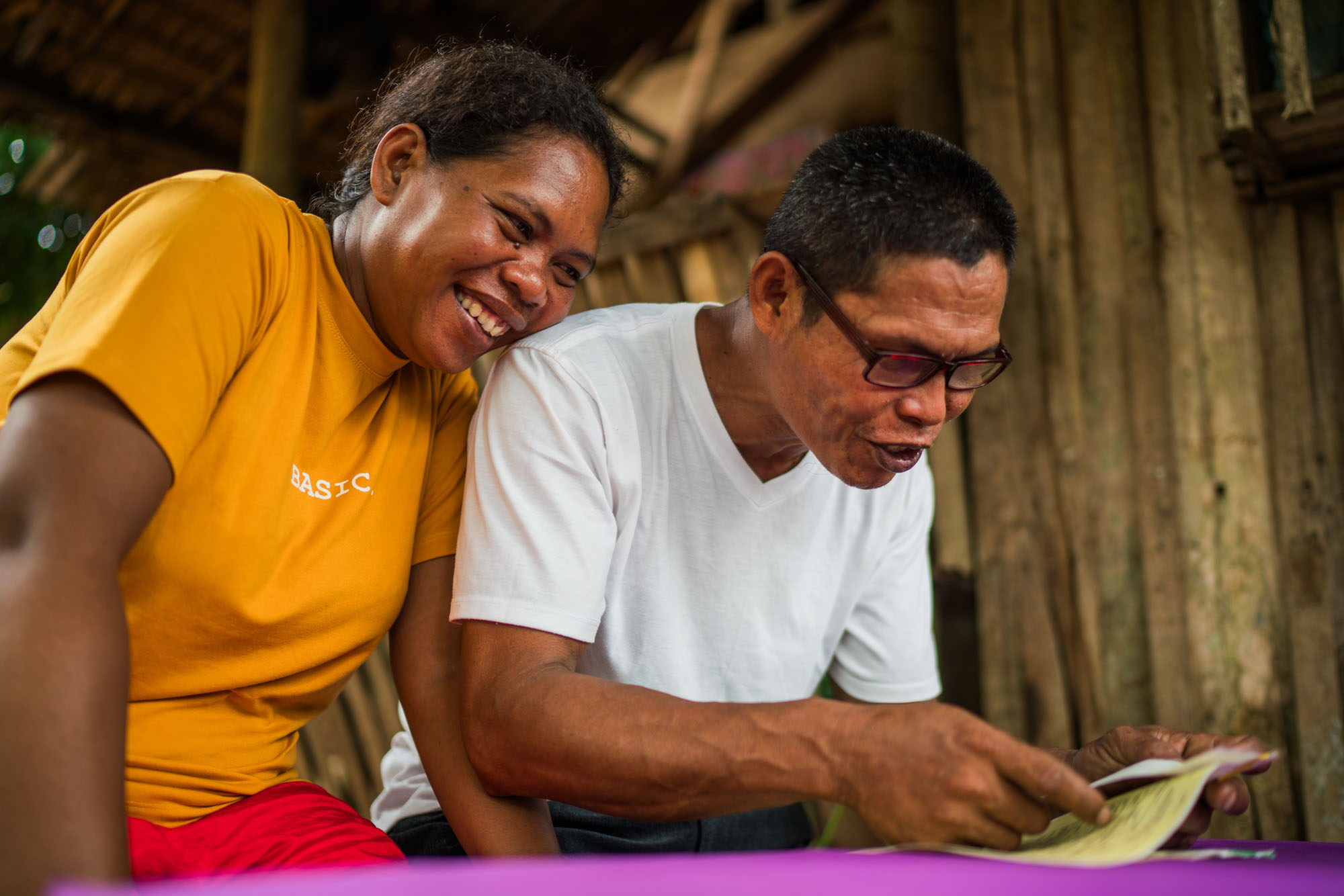
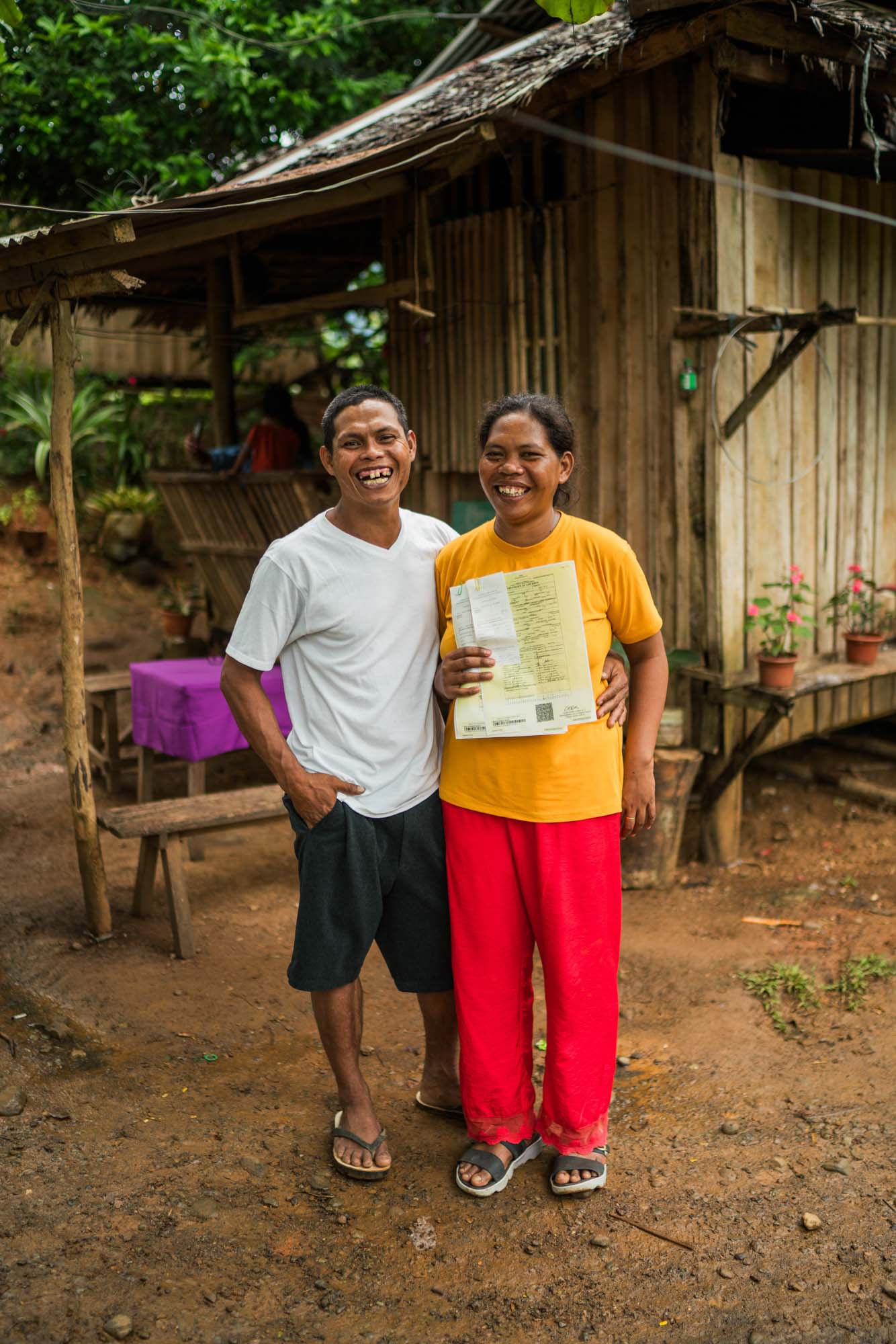
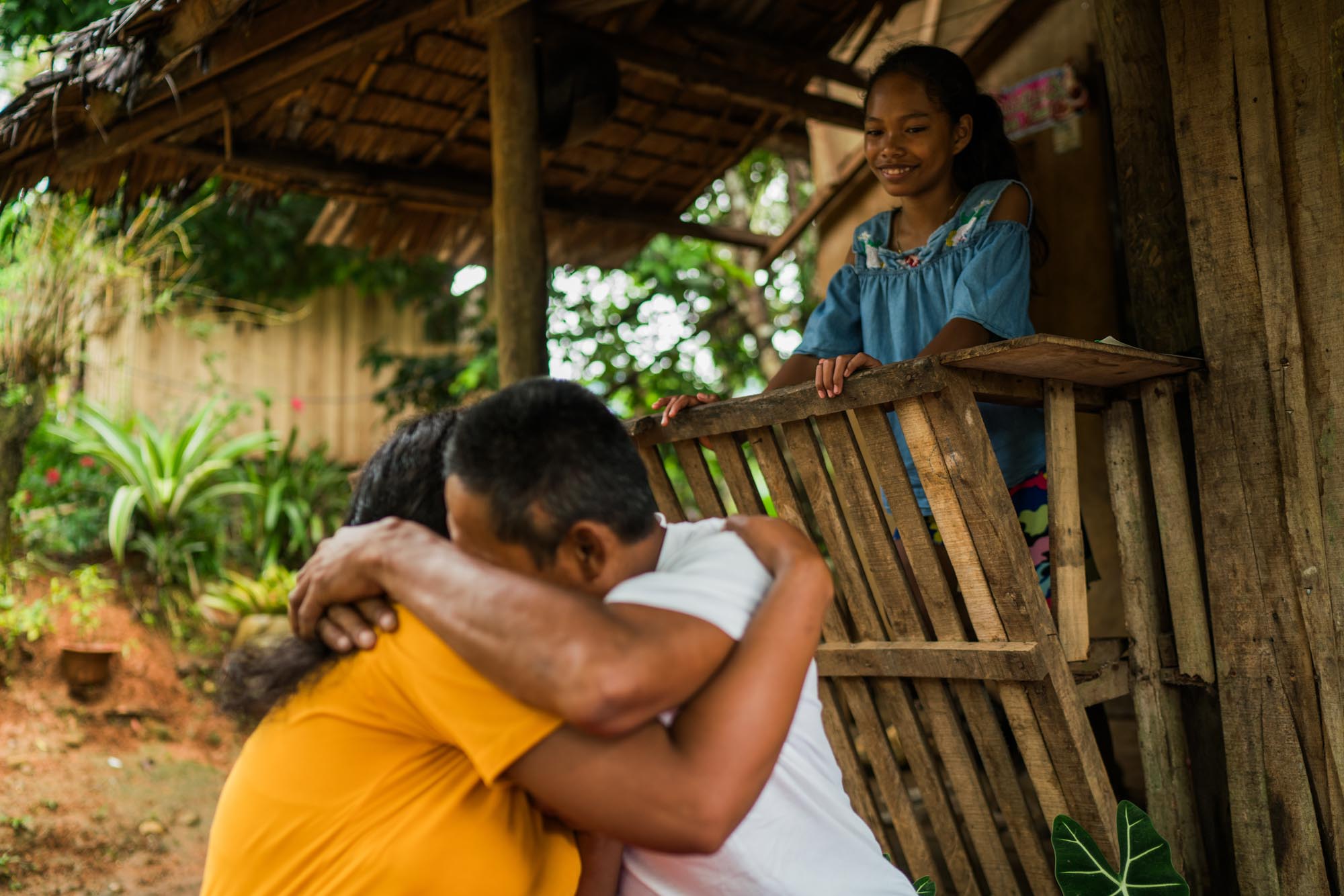
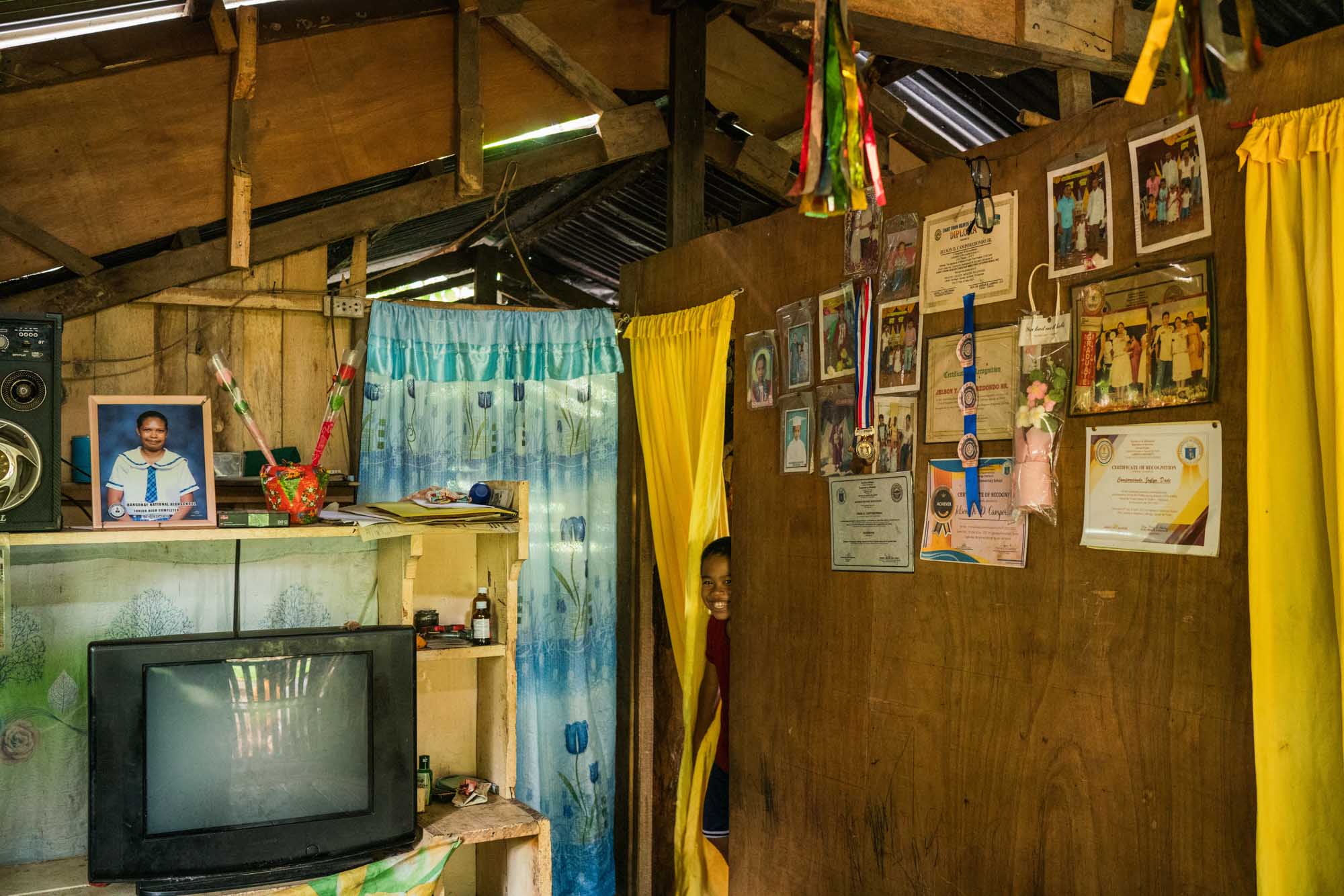
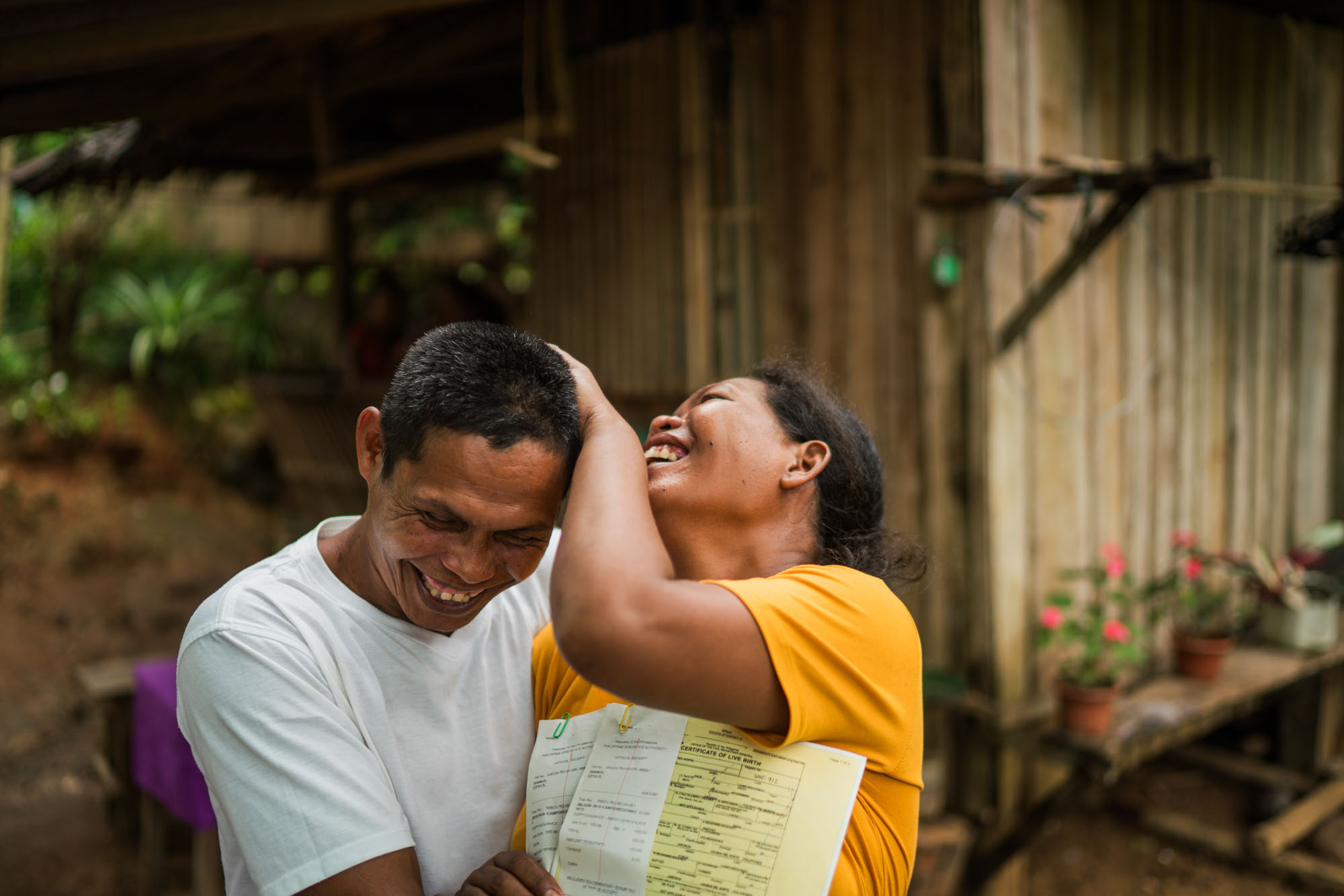
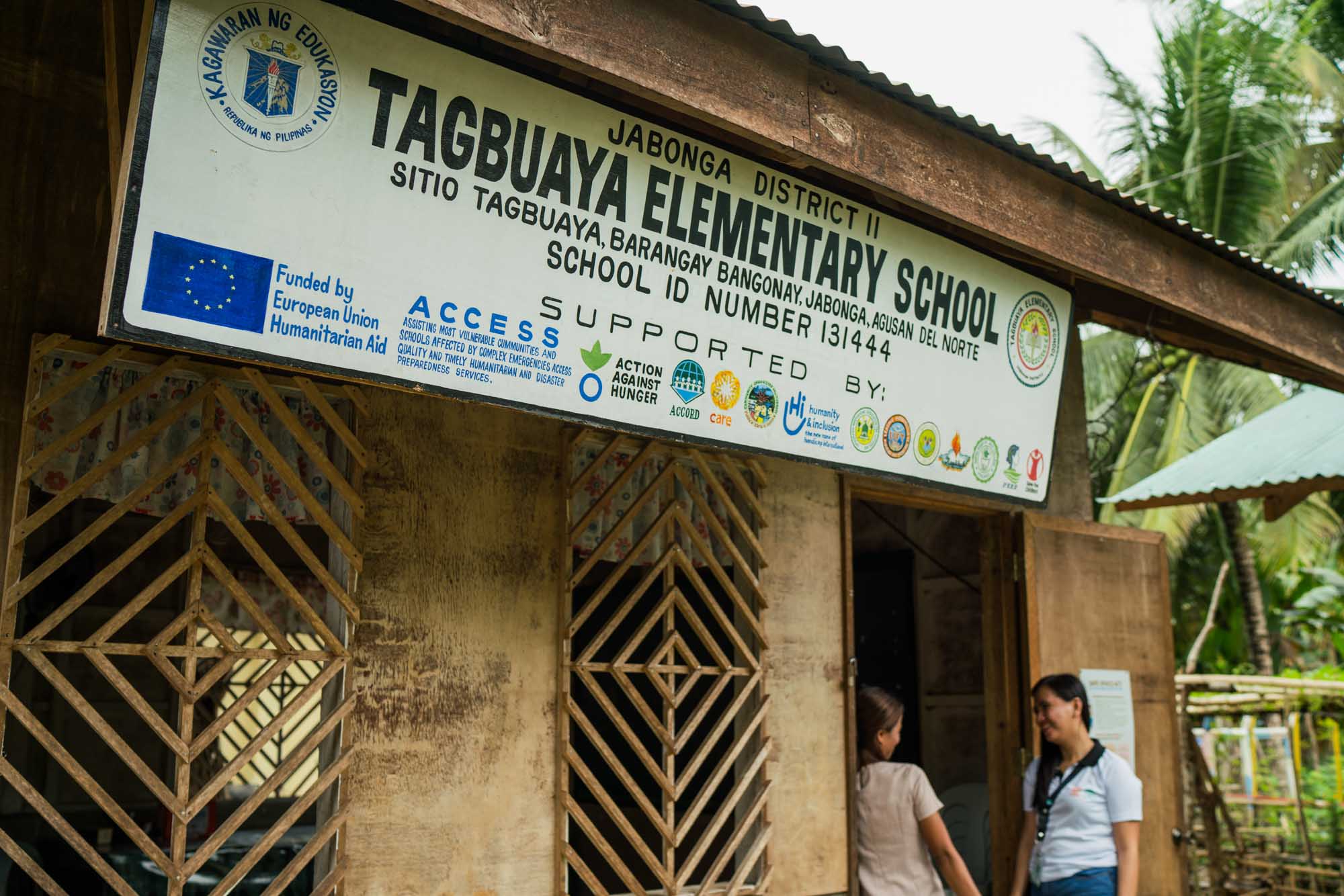
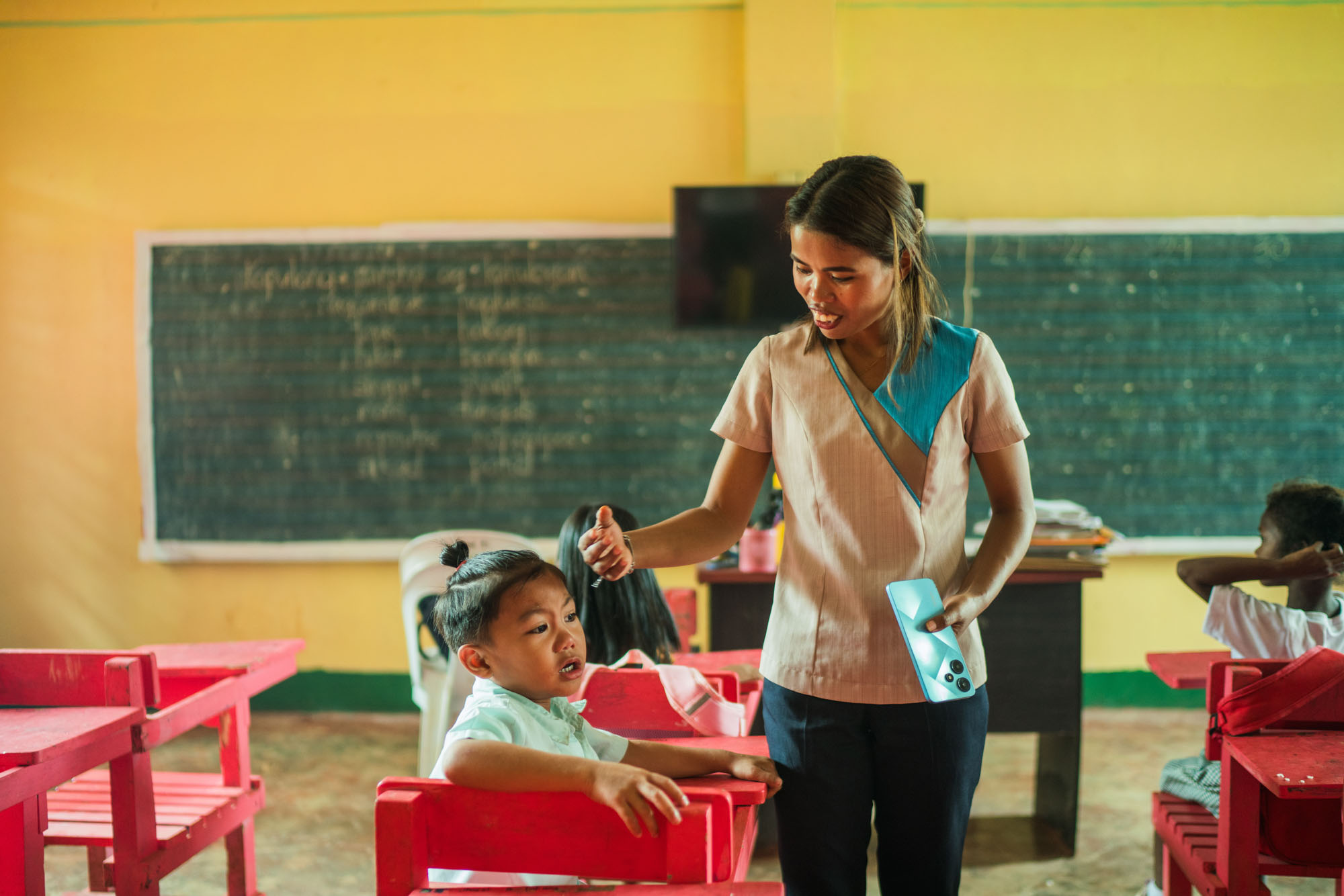

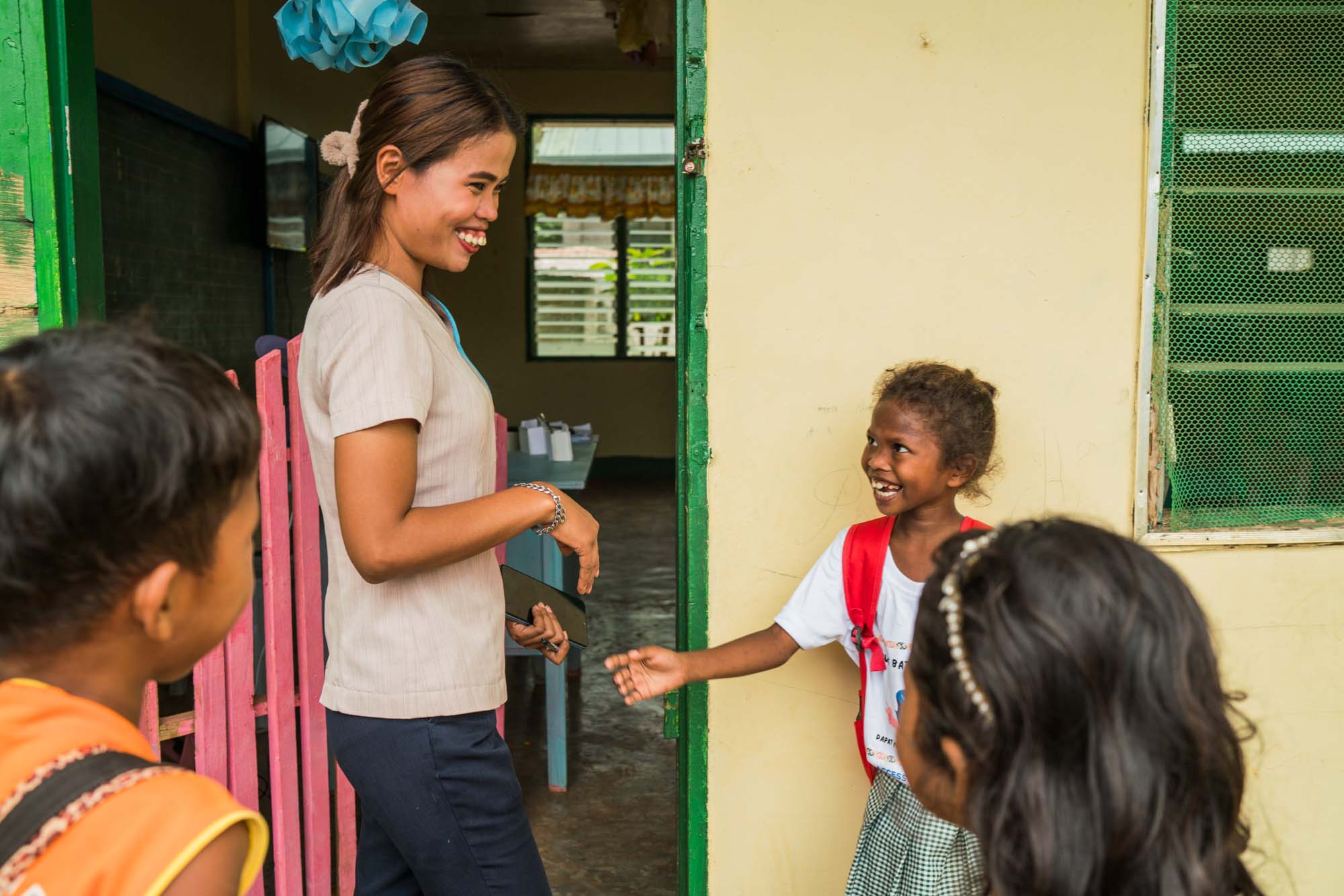
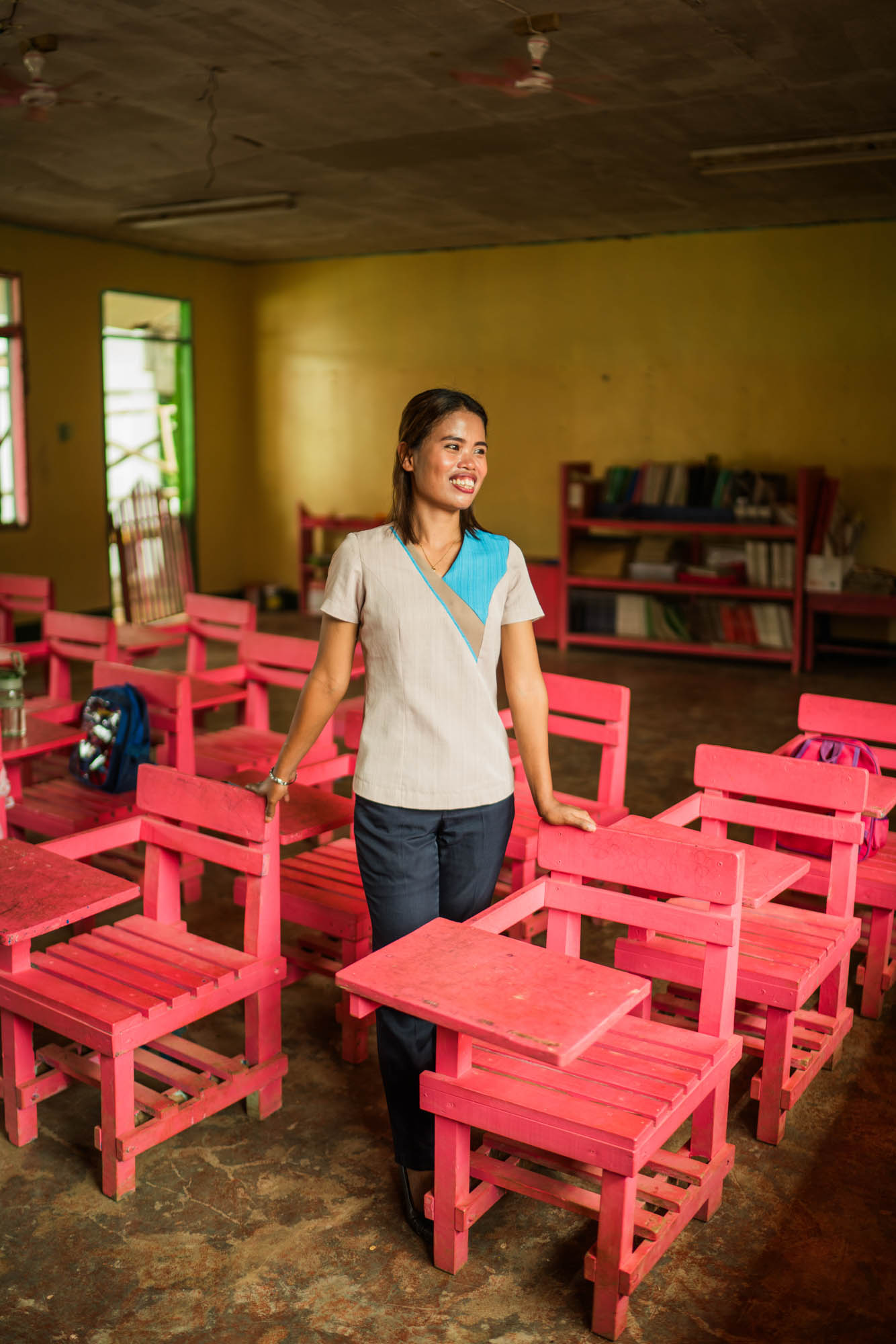
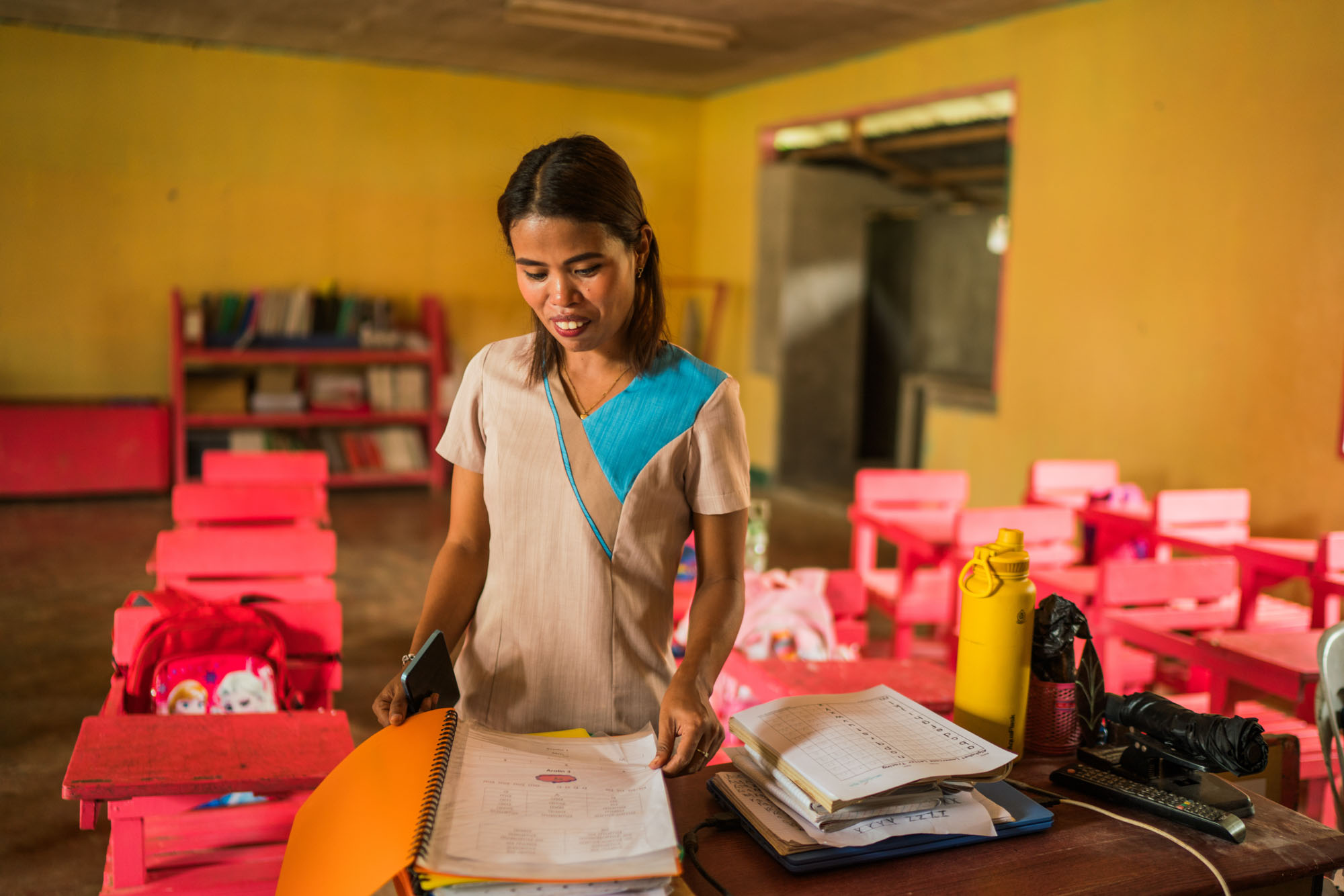

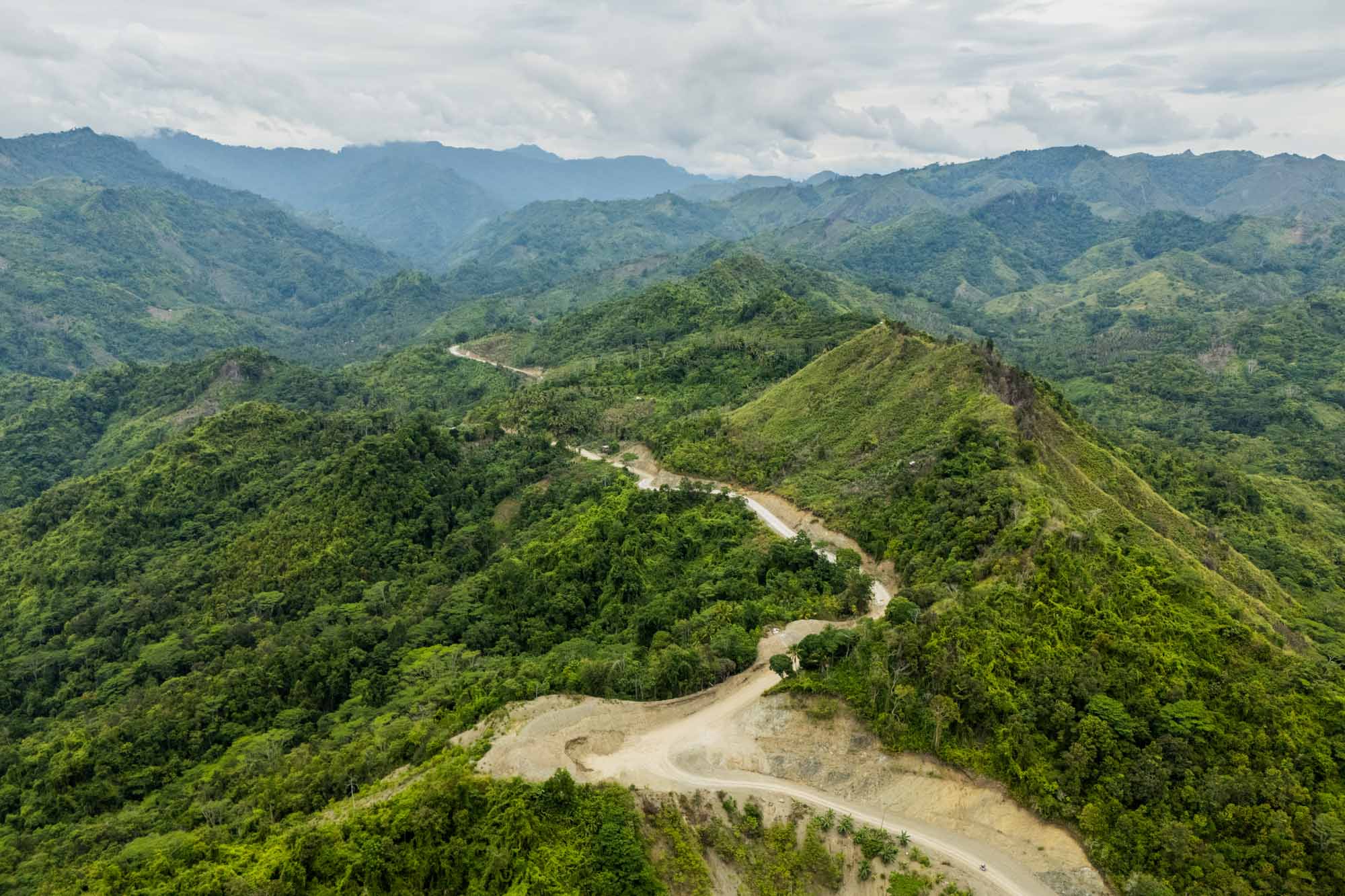
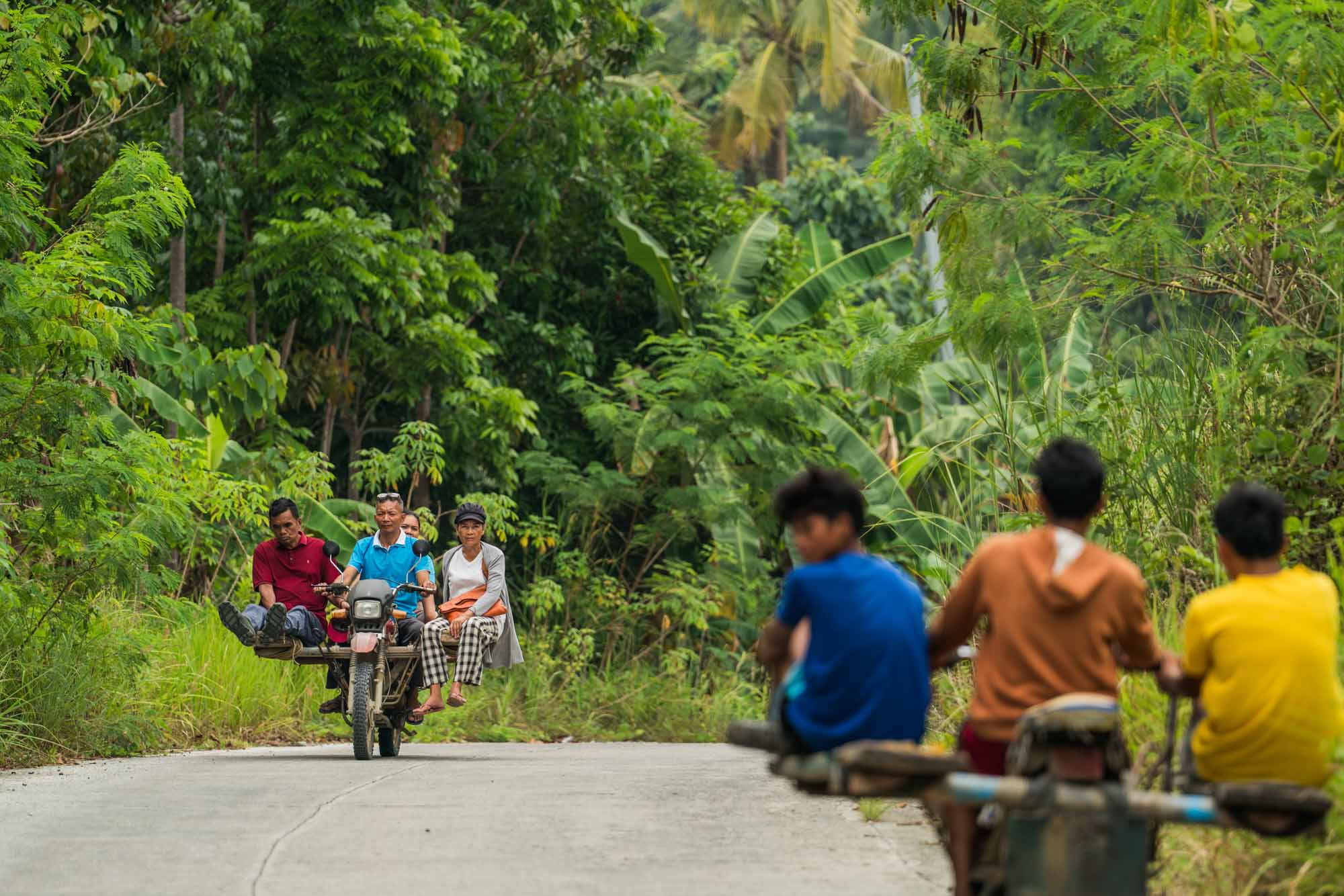
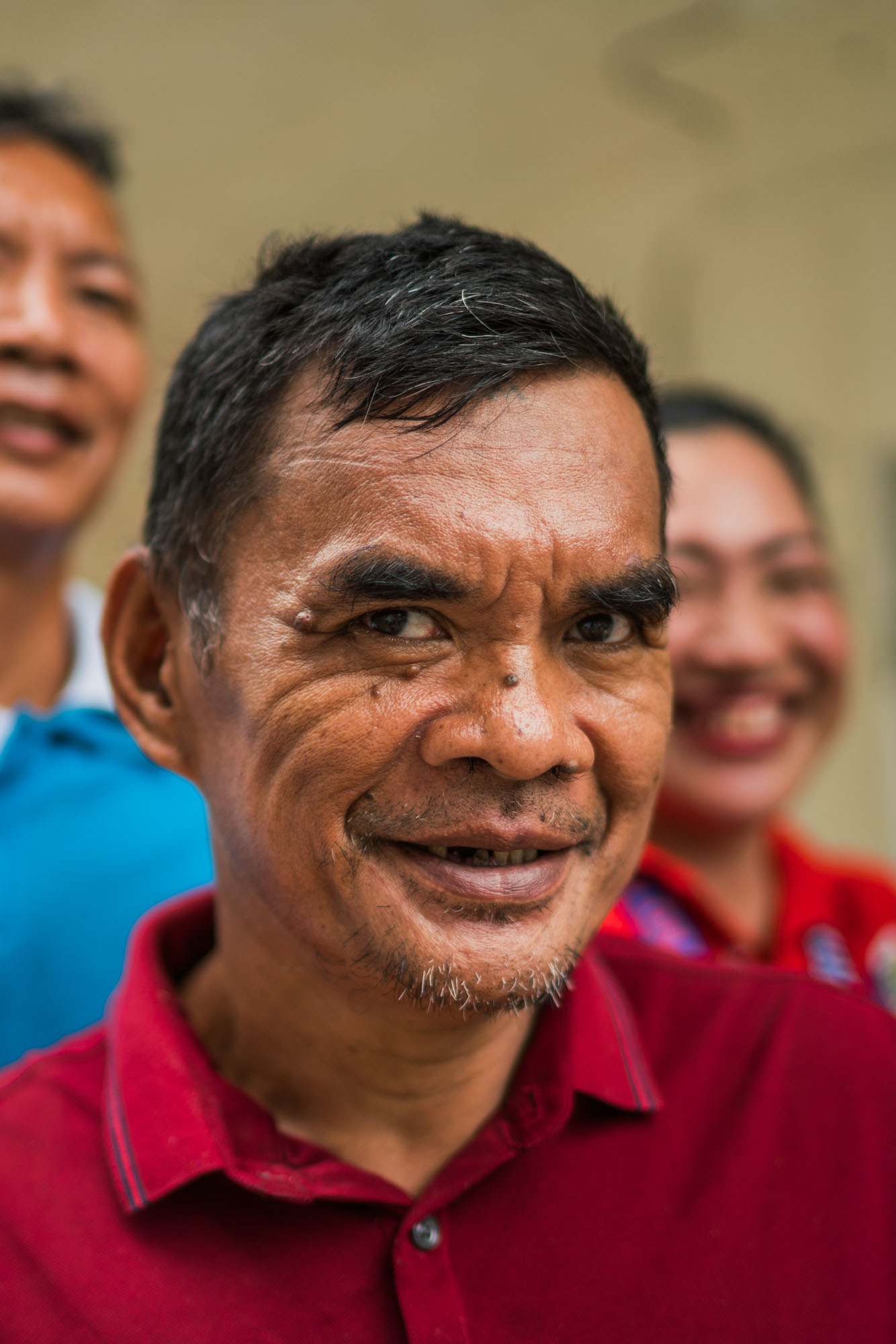
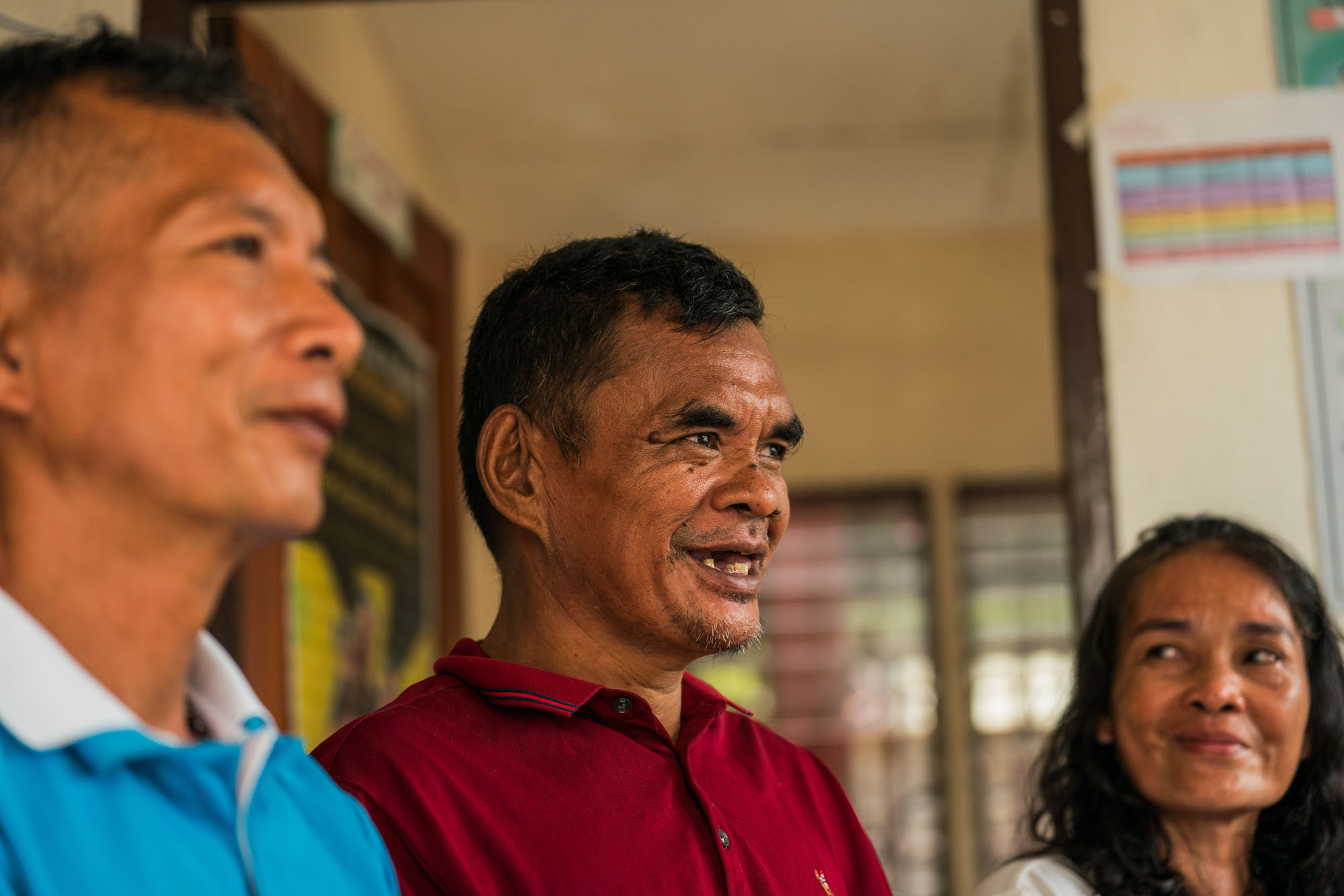
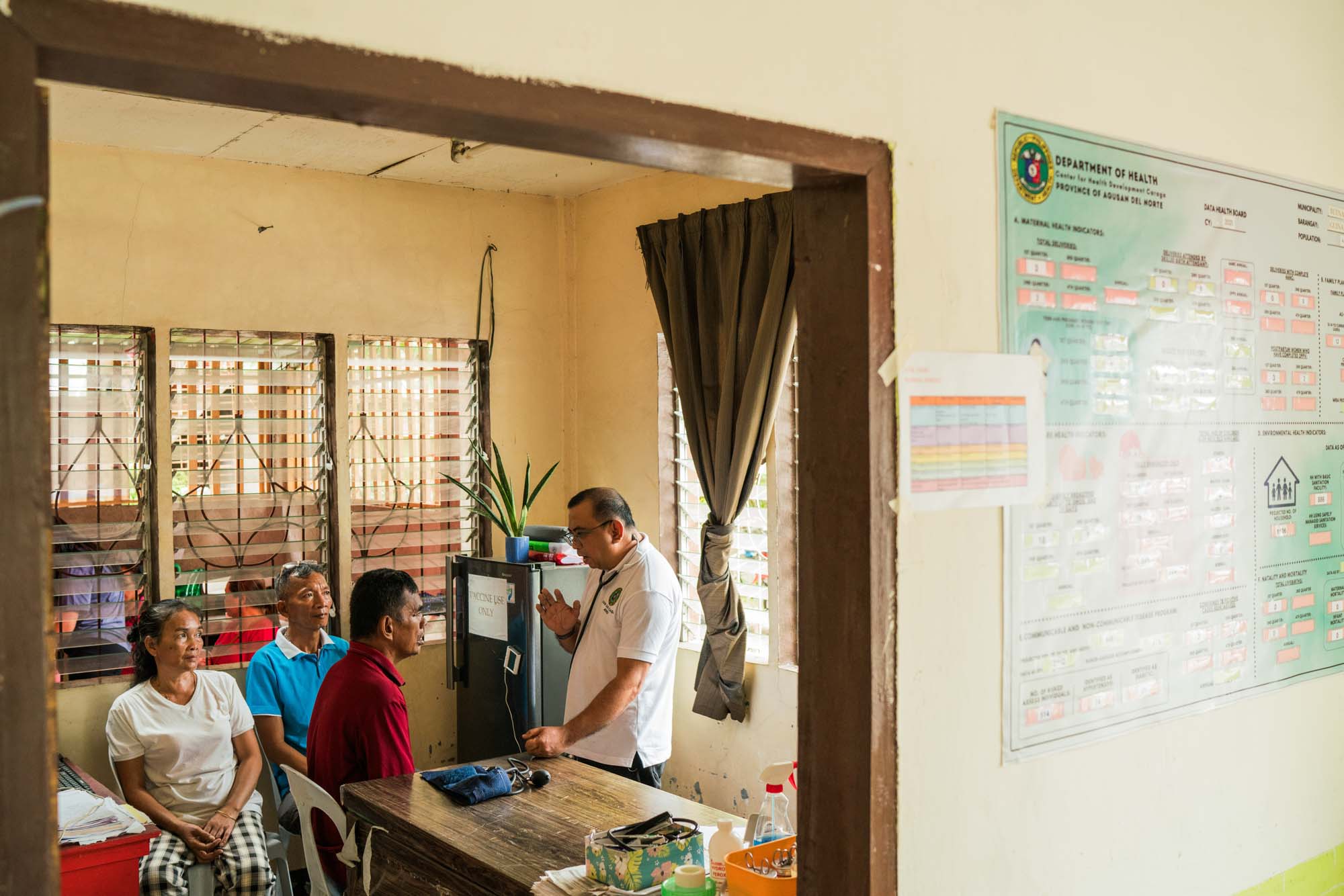
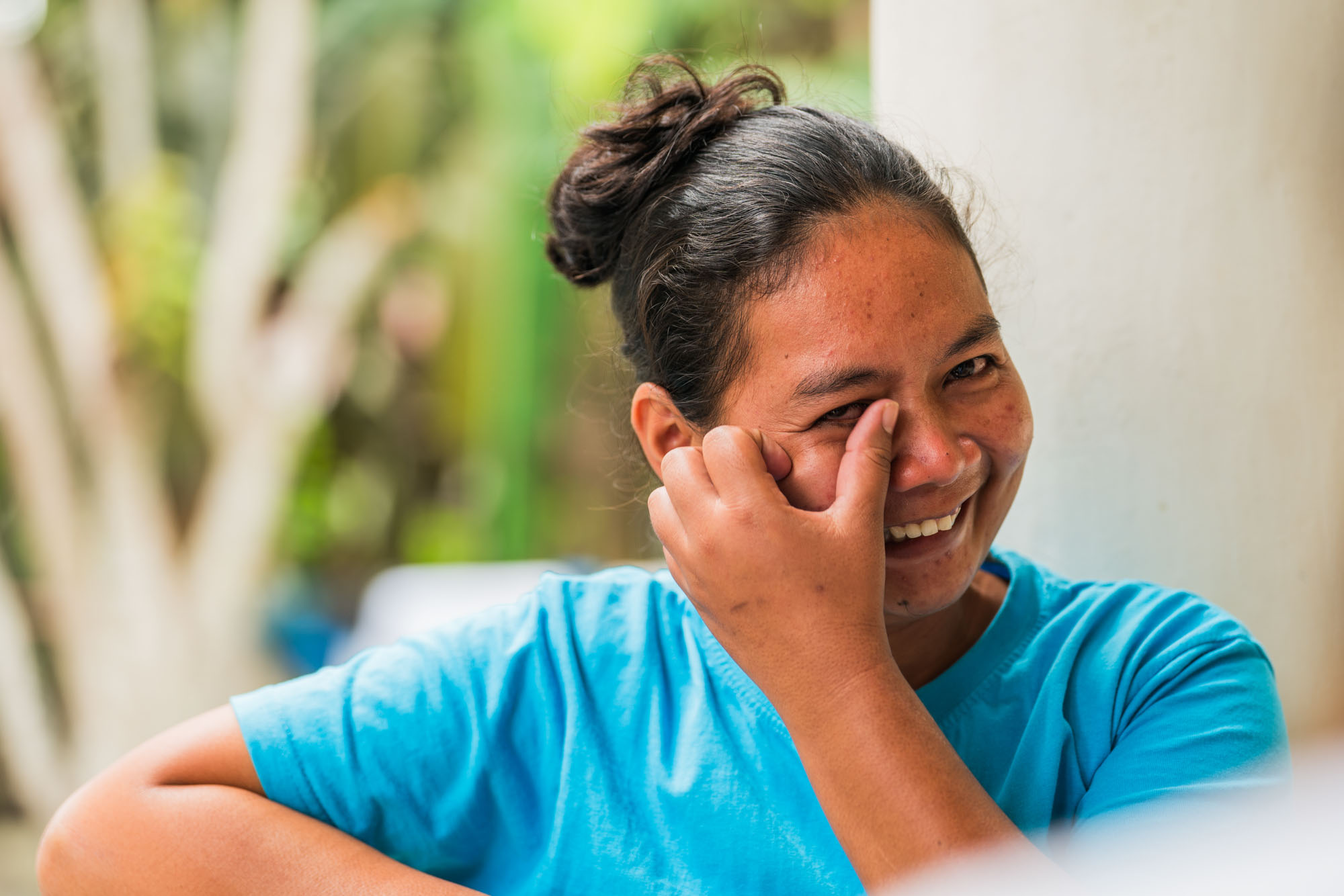
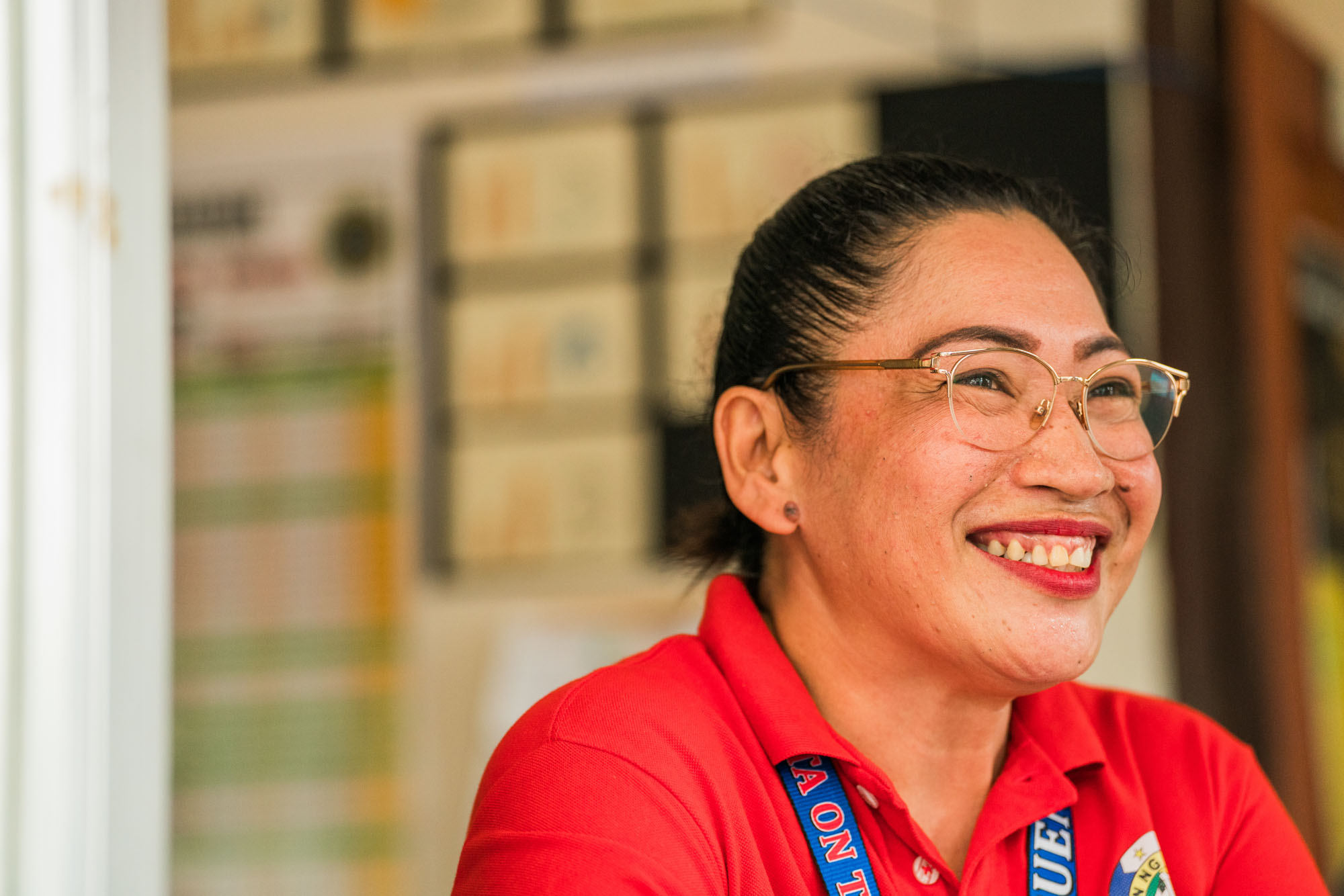
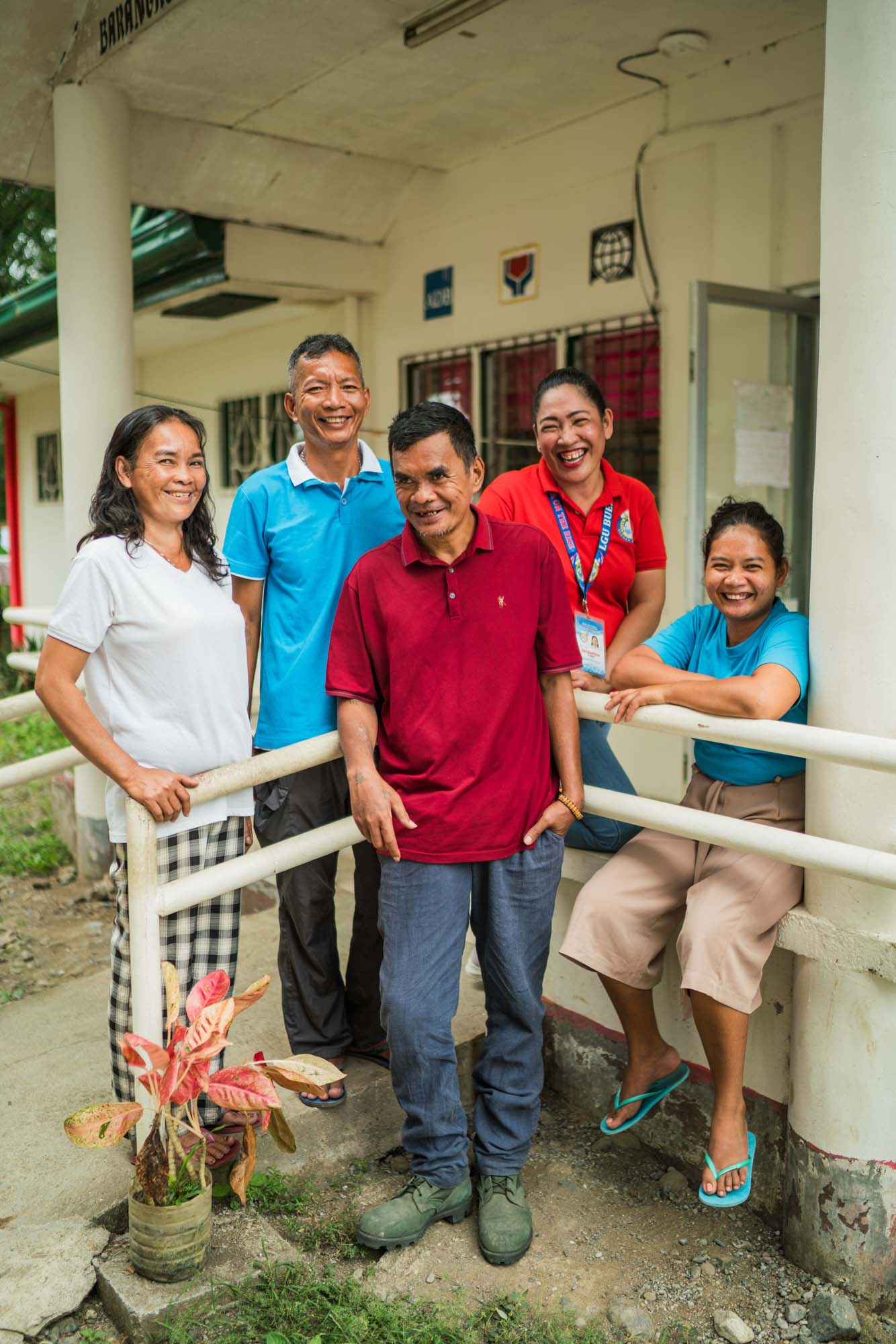

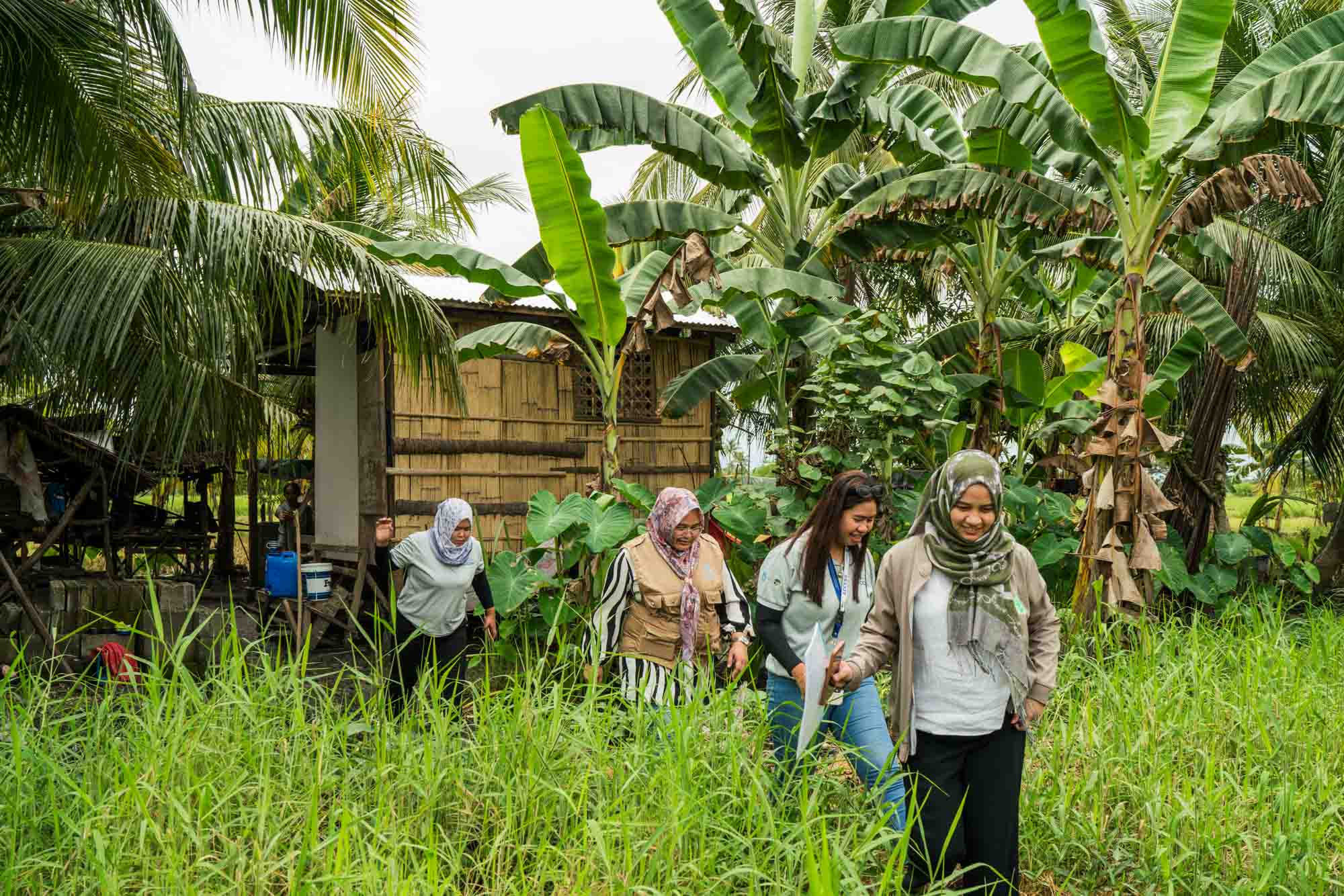


%20(5120%20x%20384%20px).png)